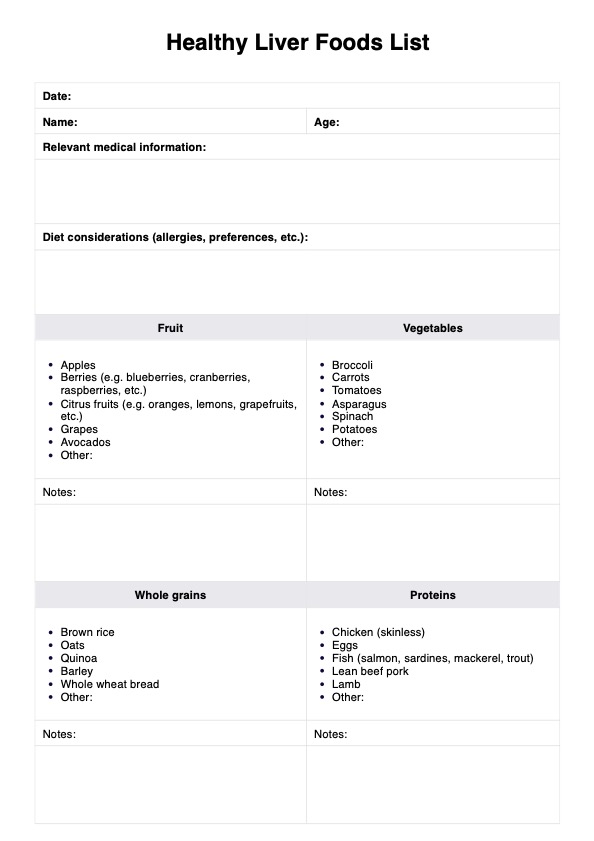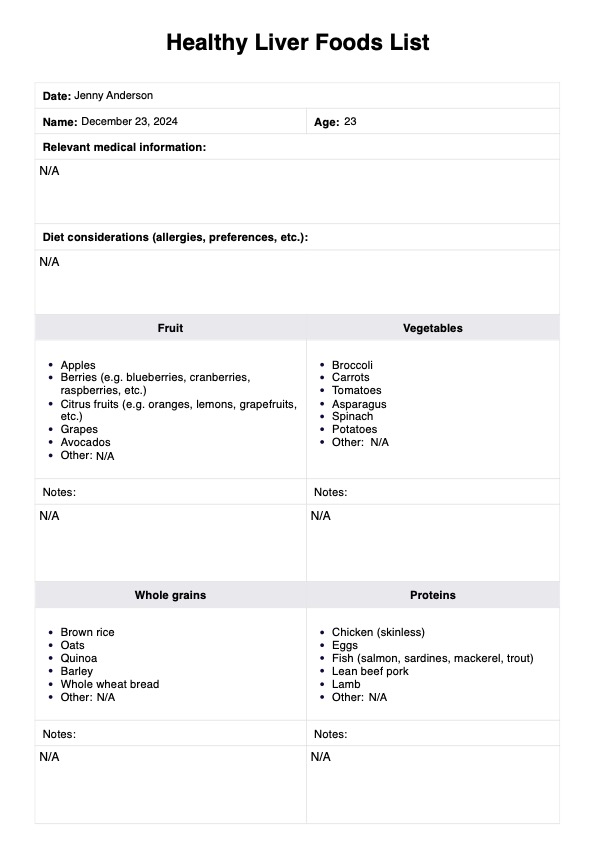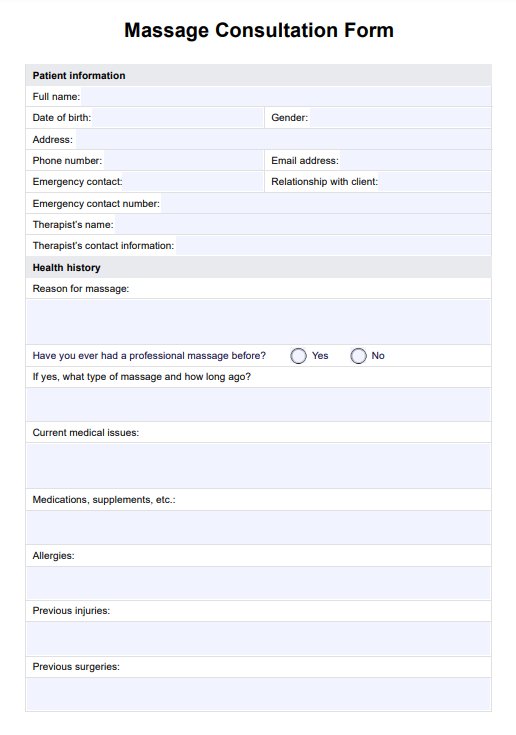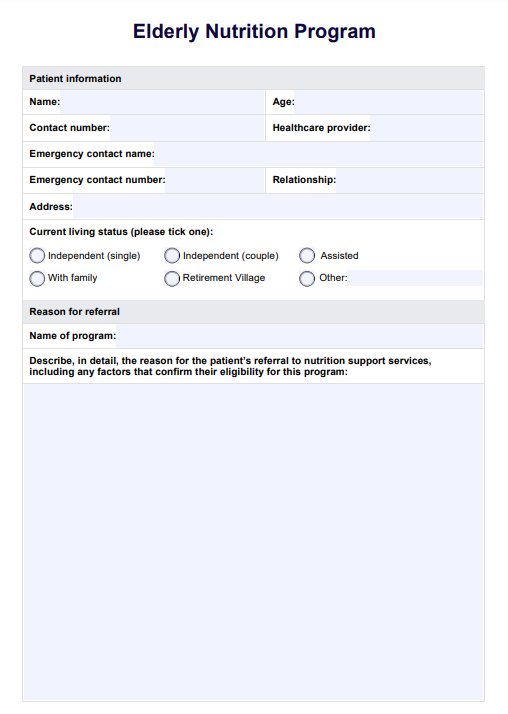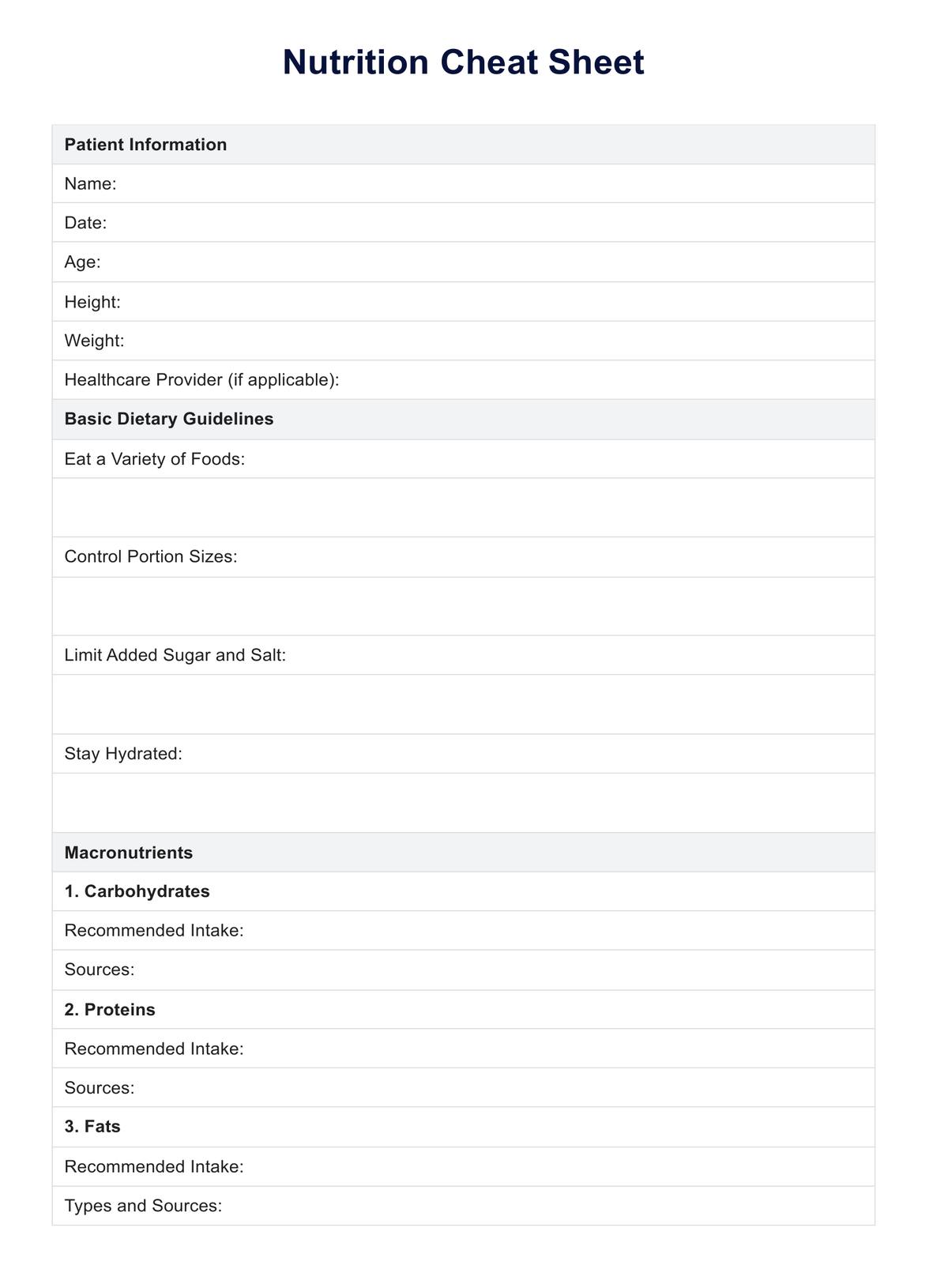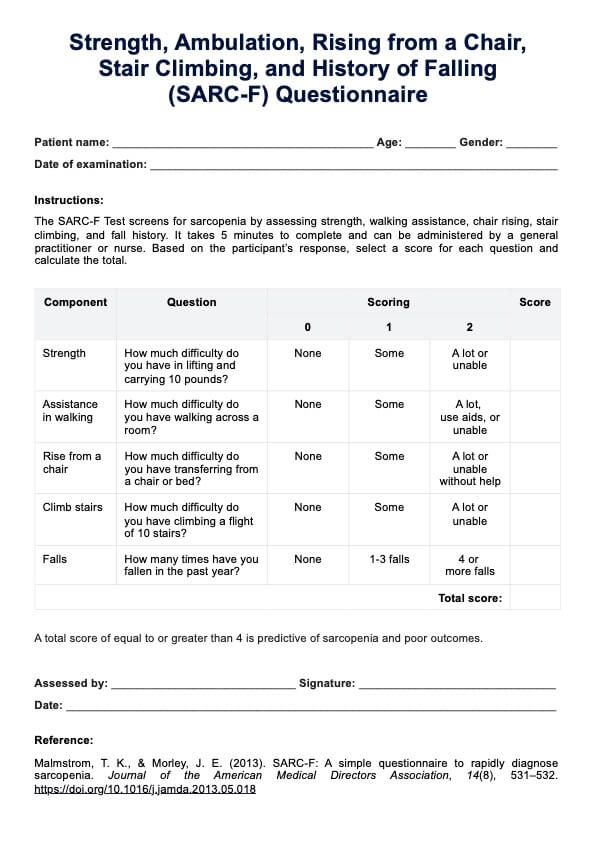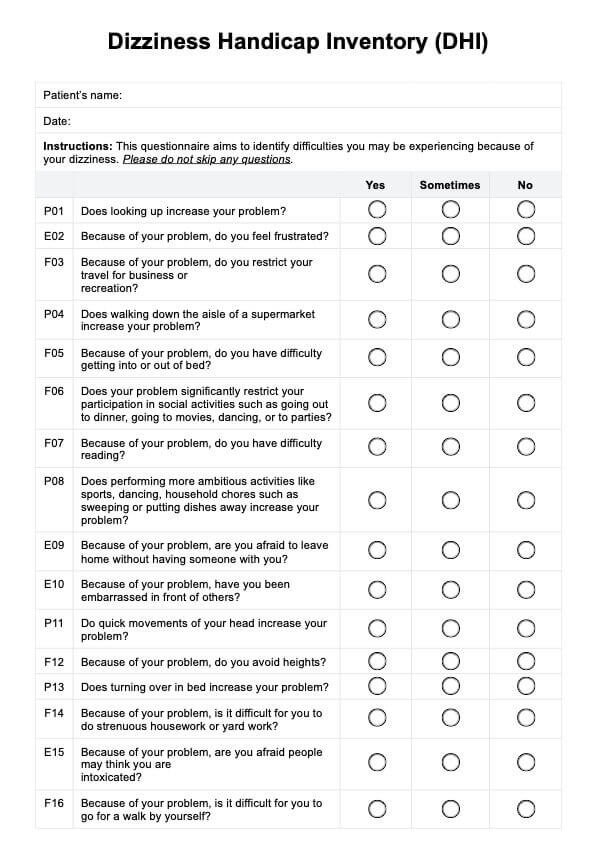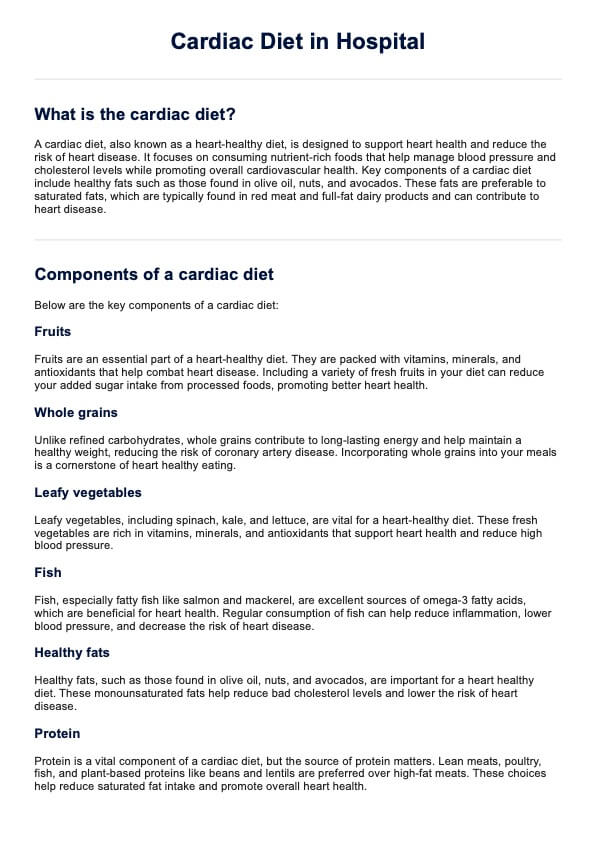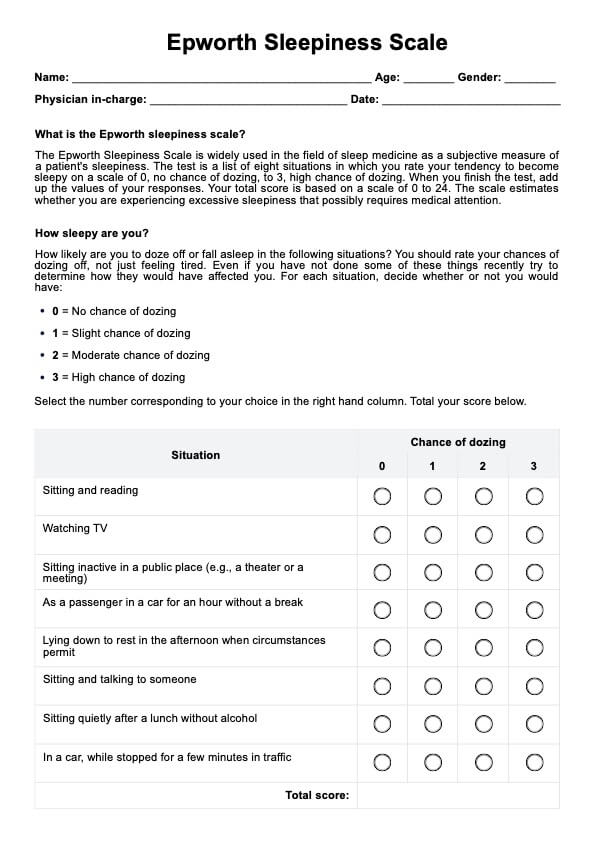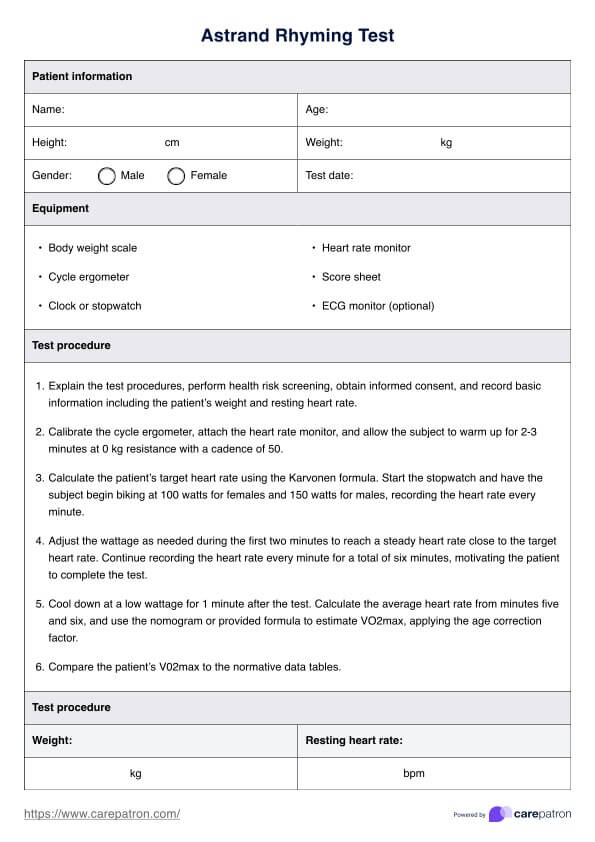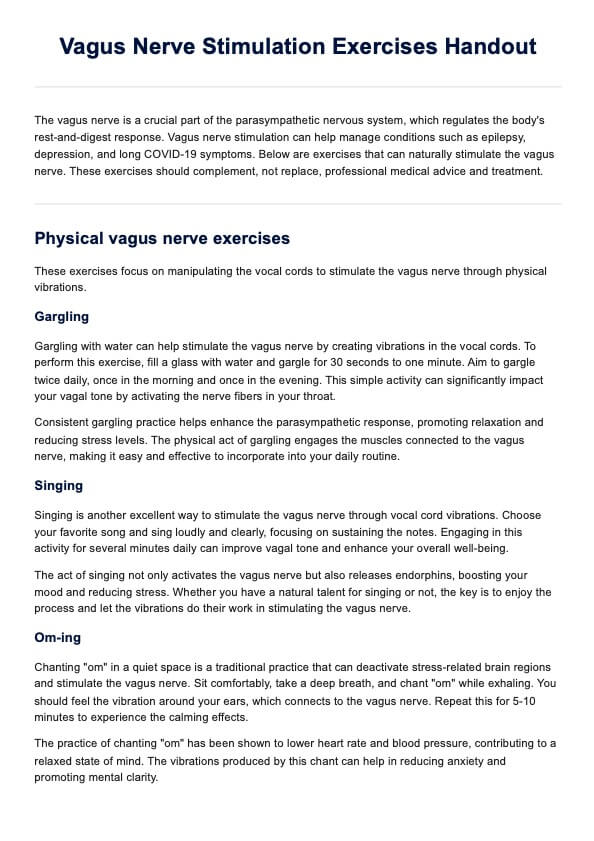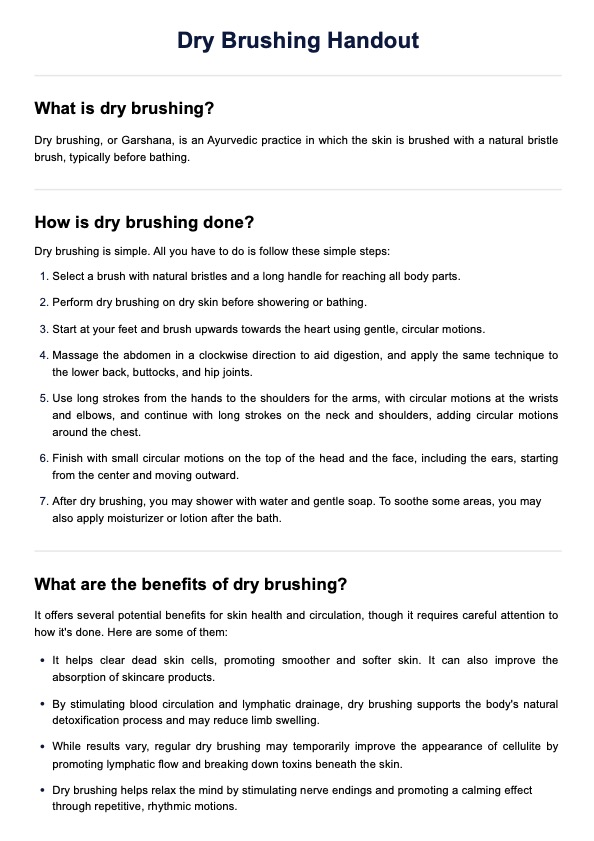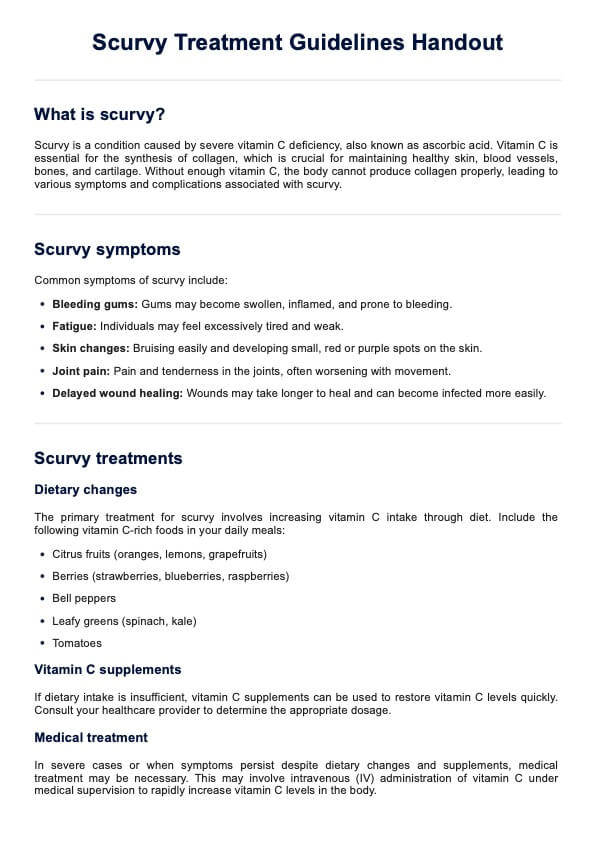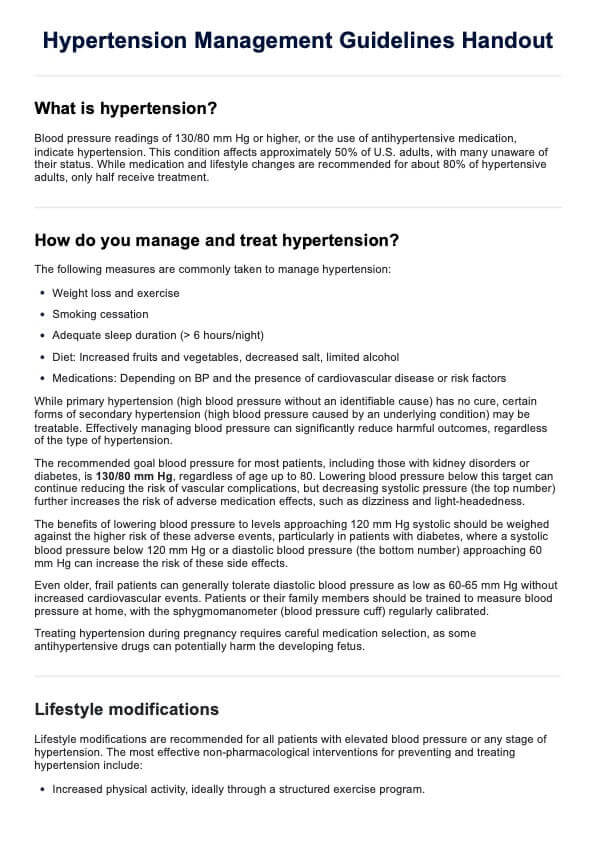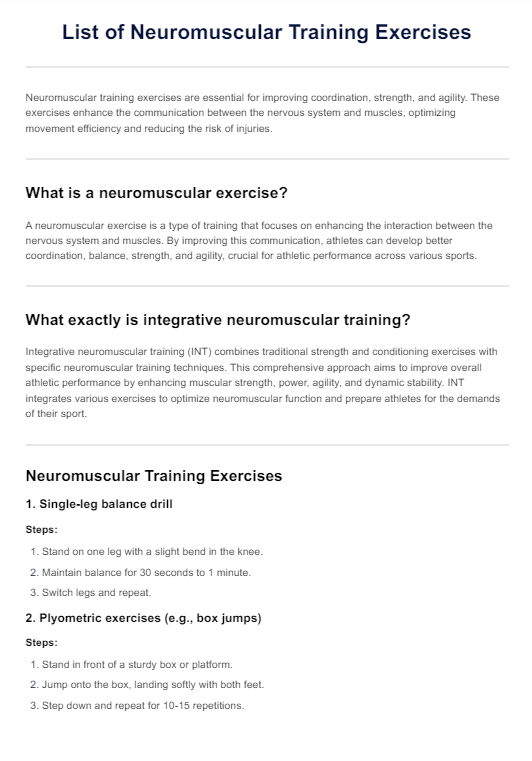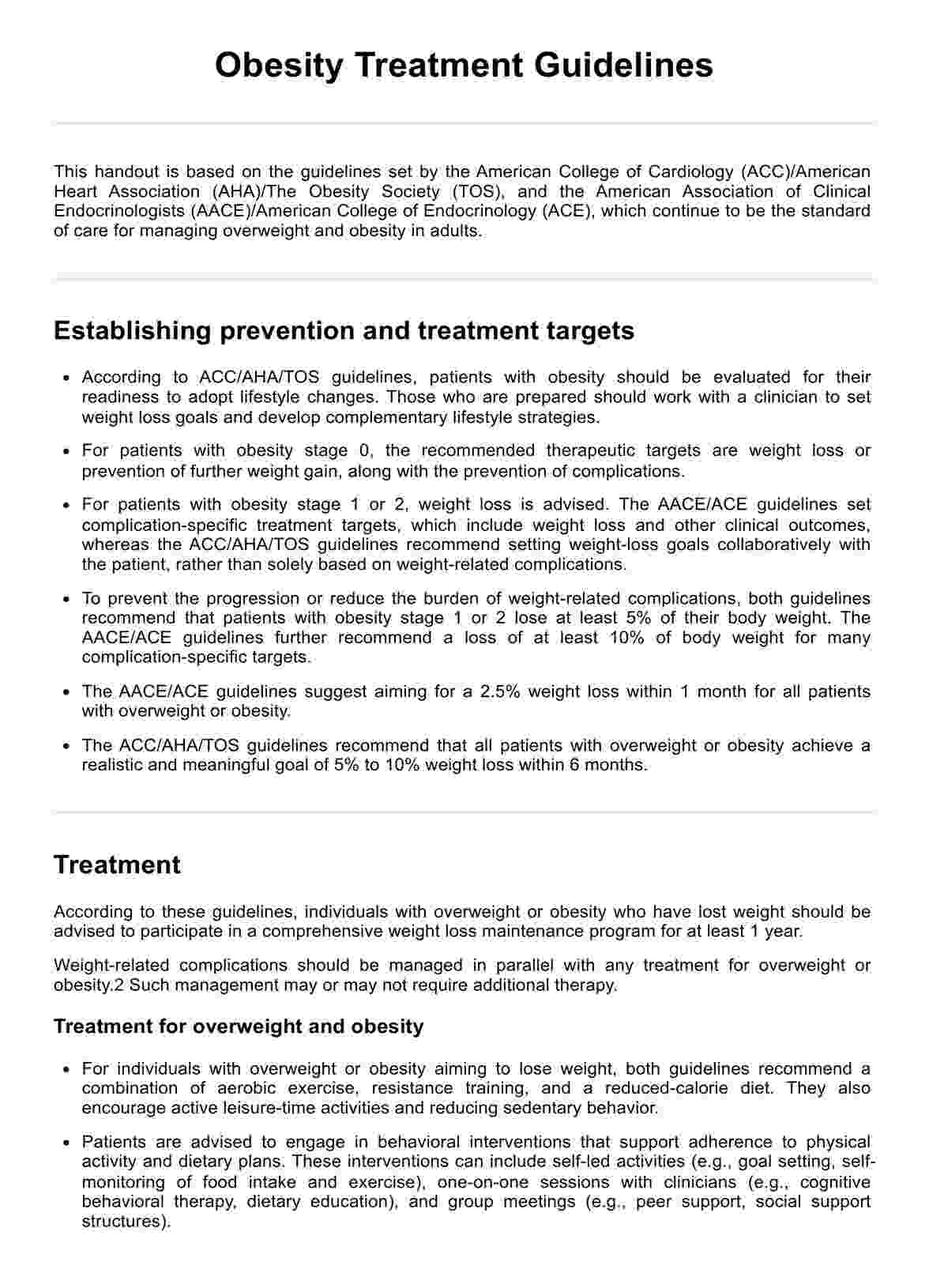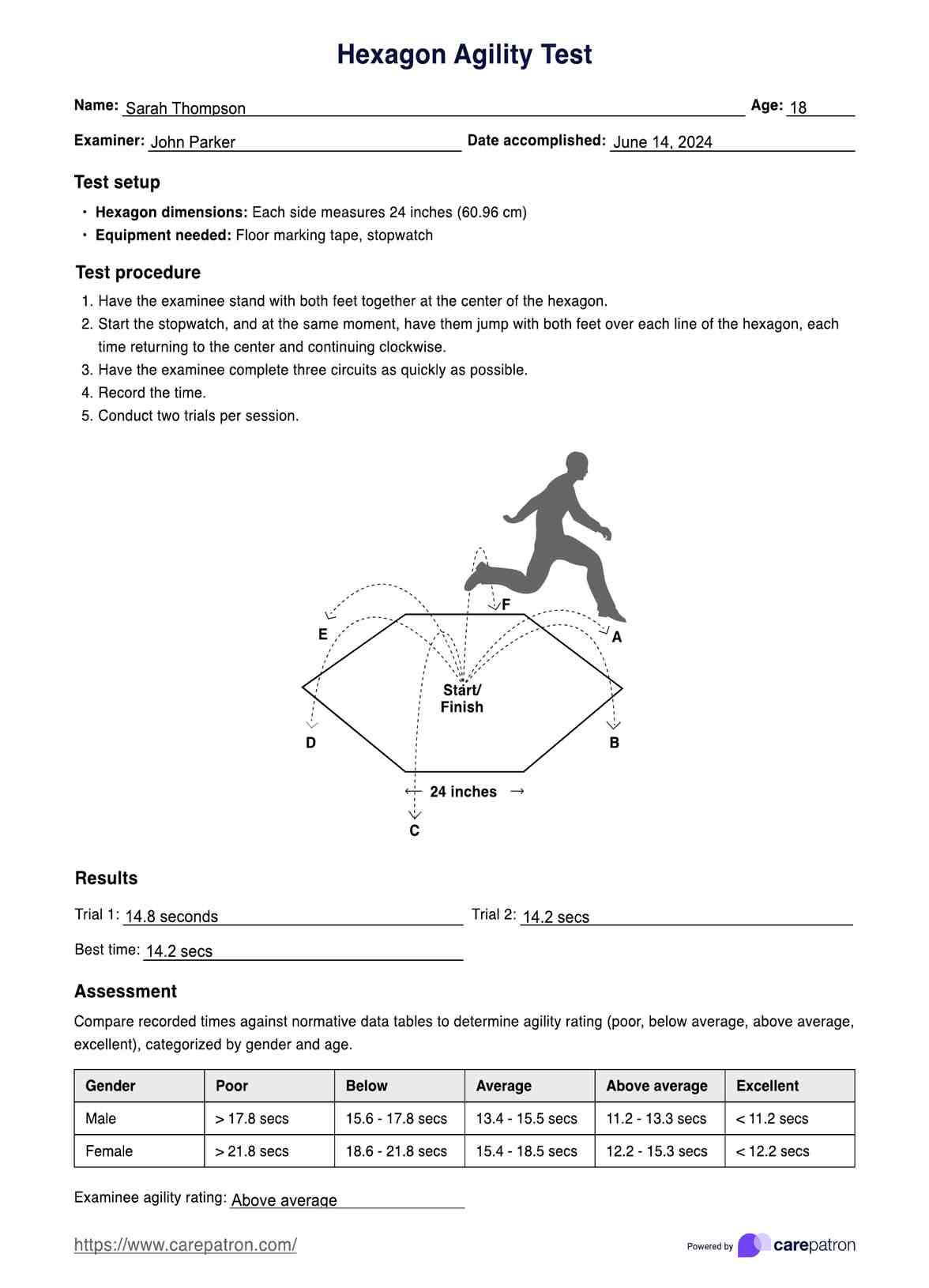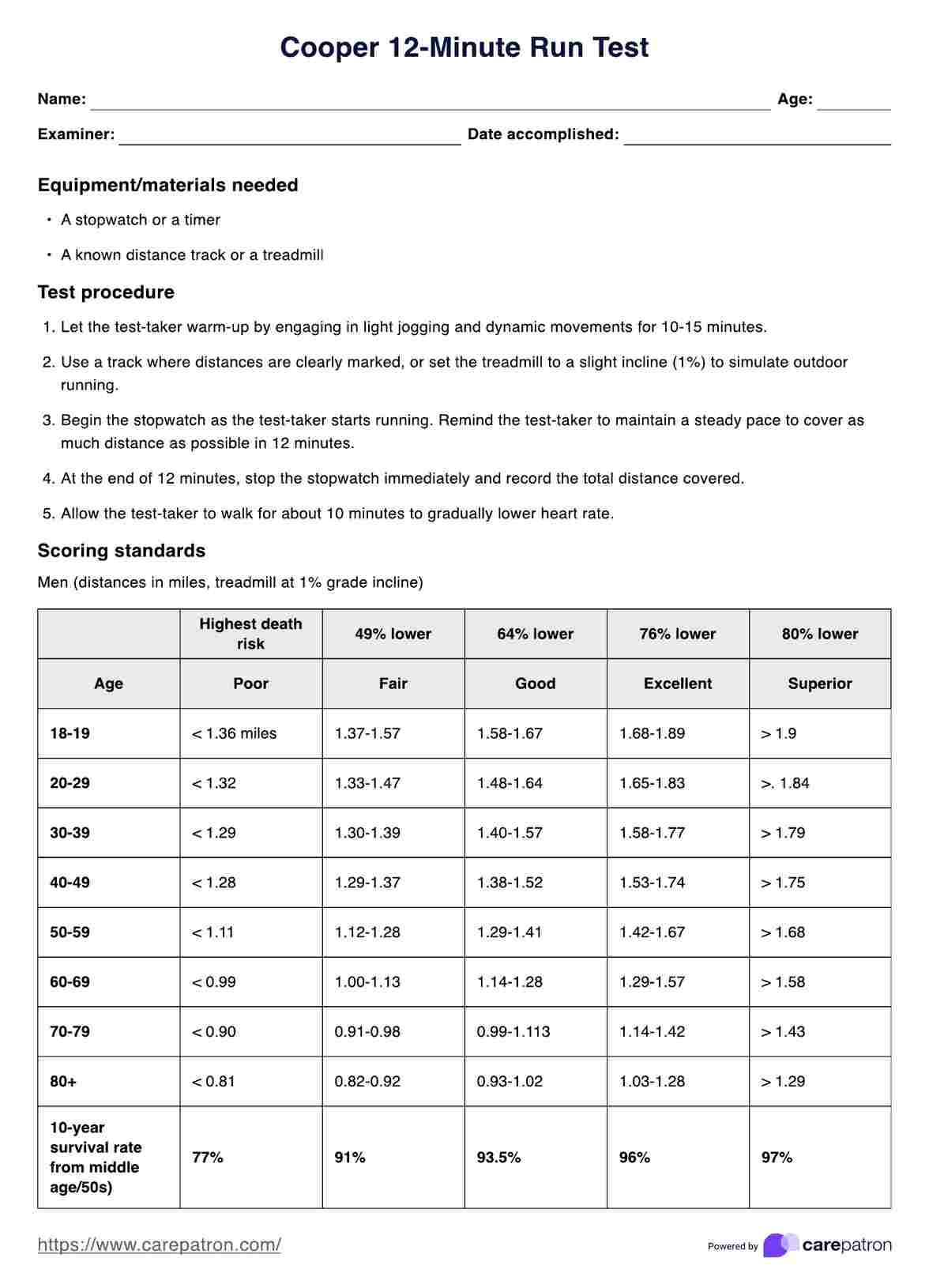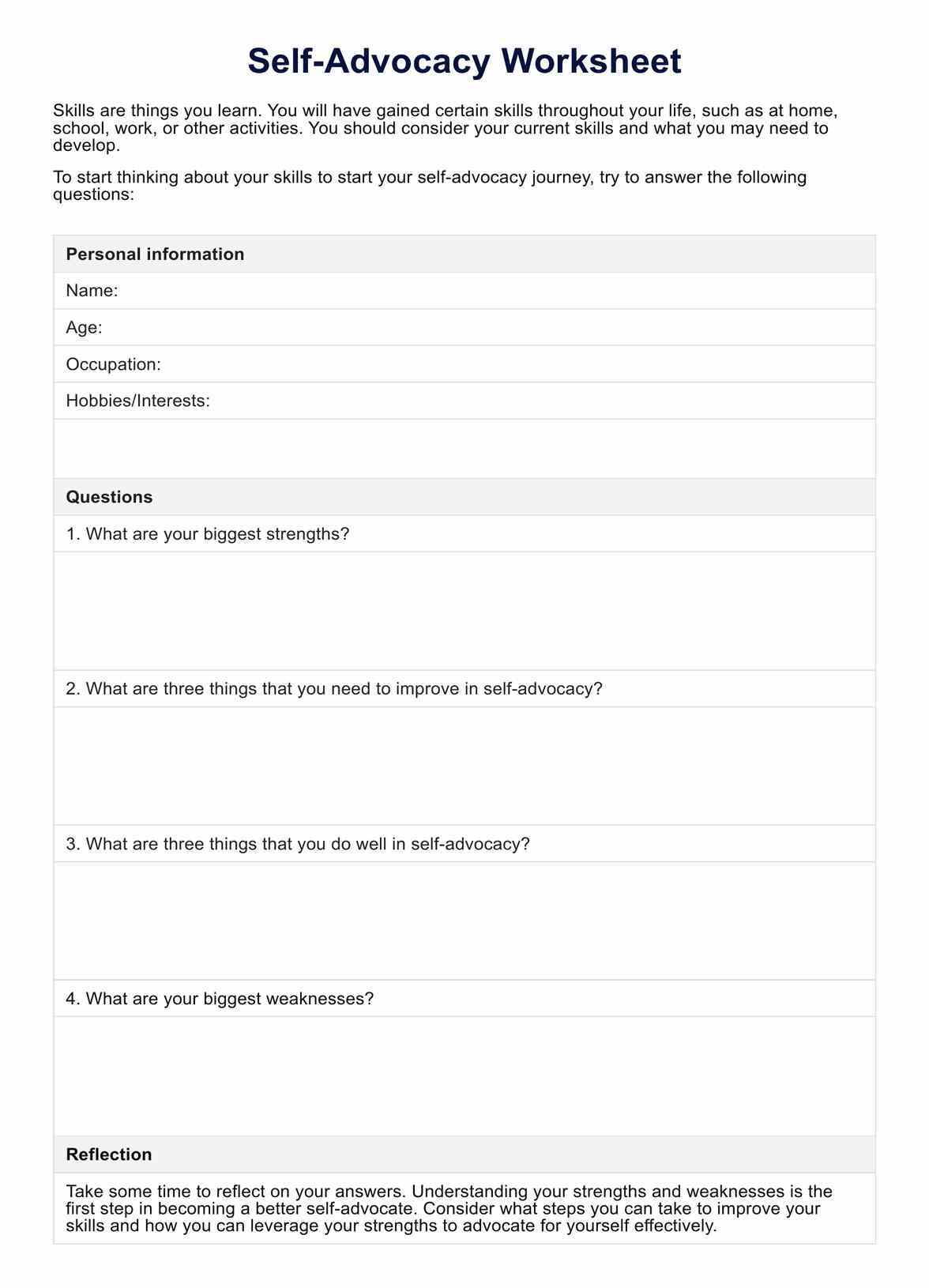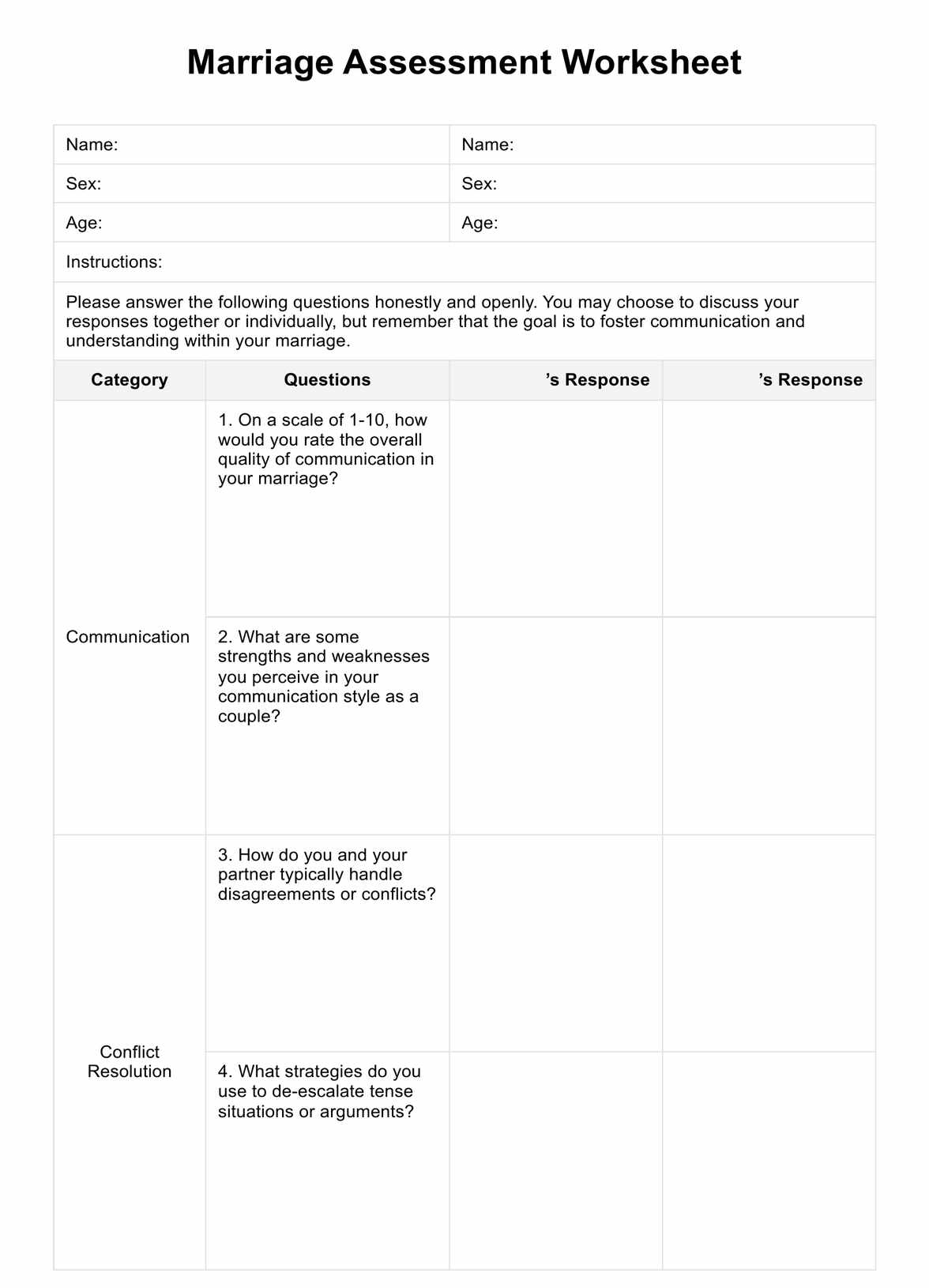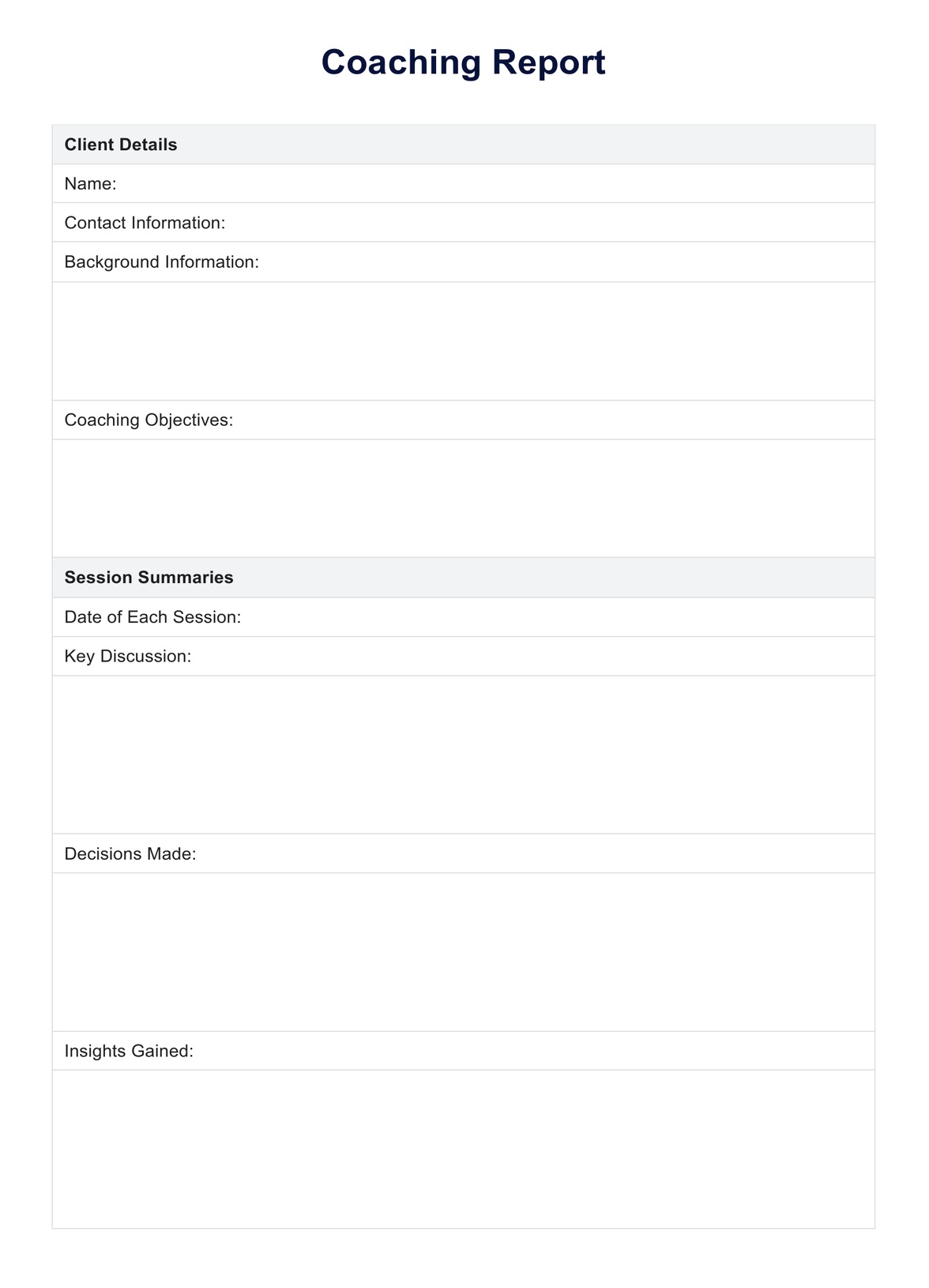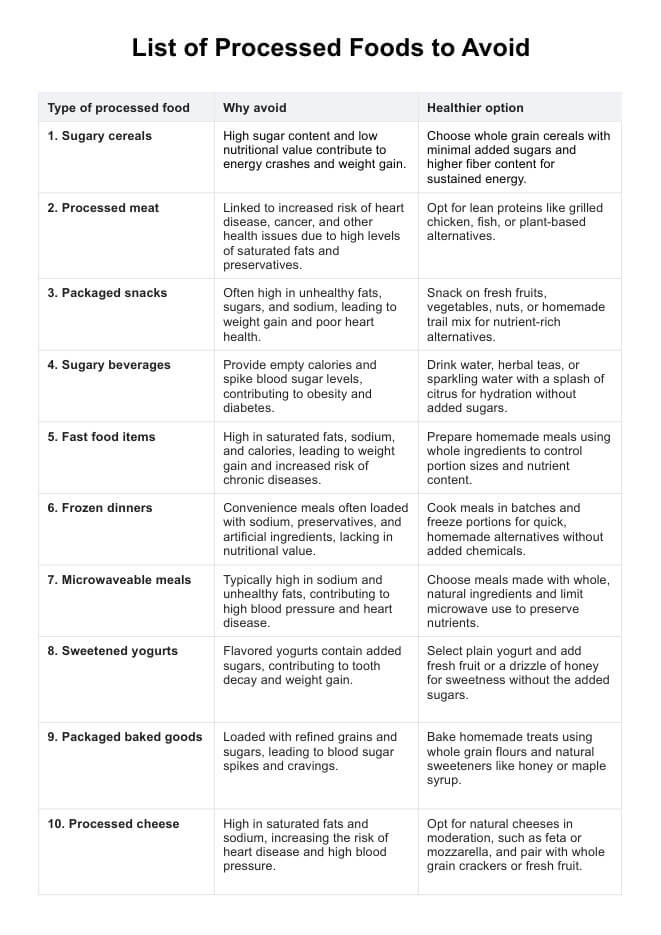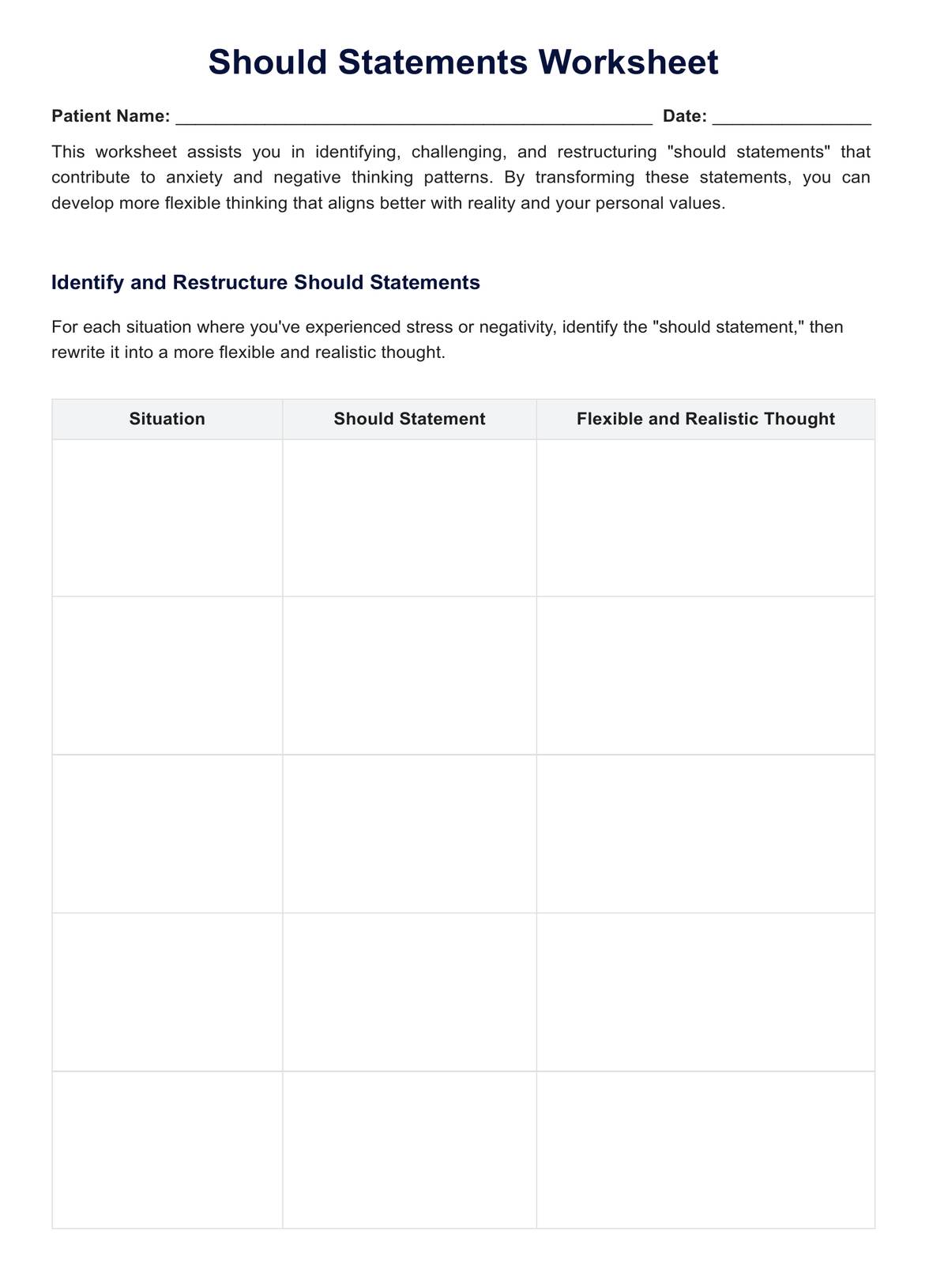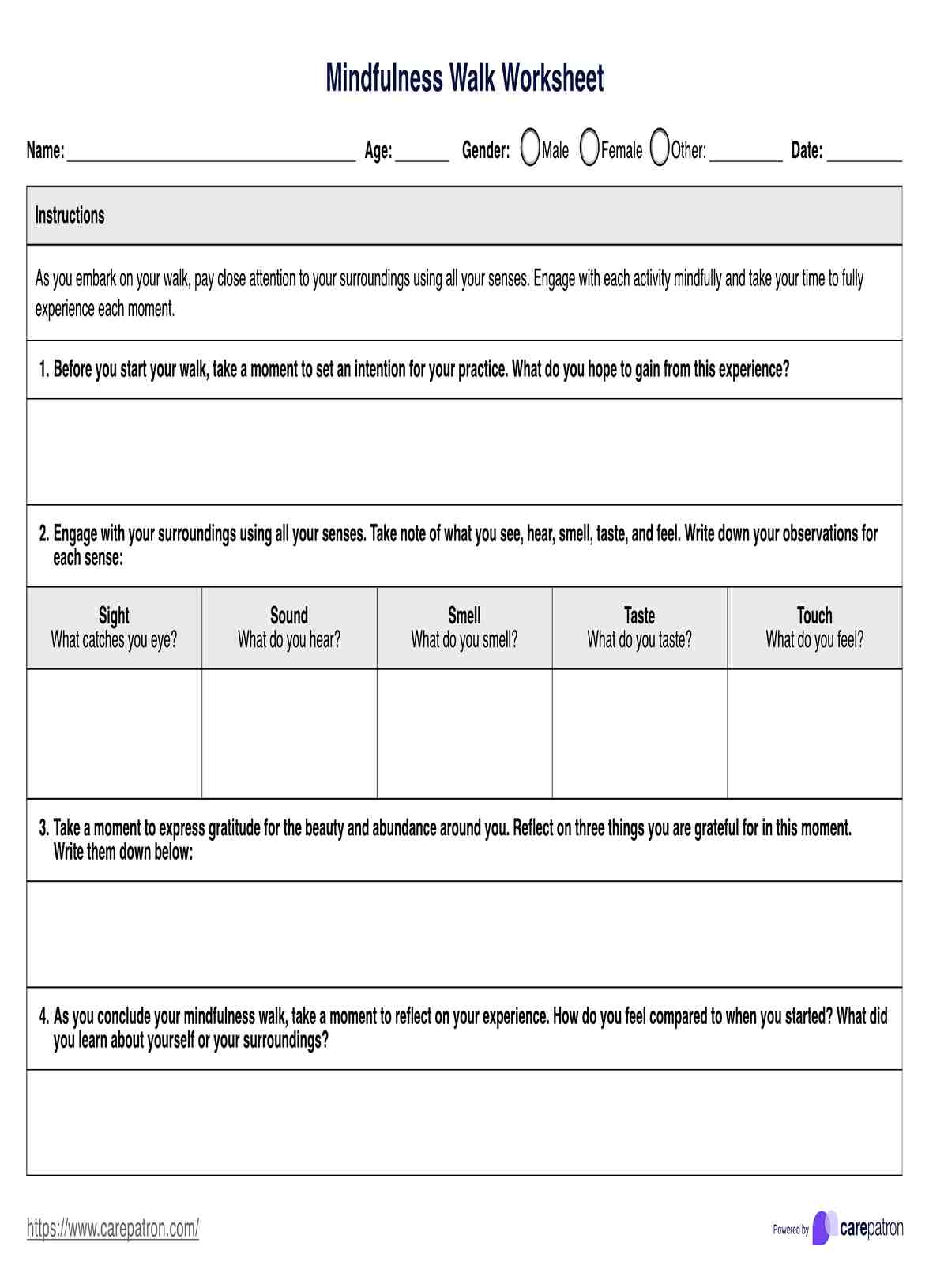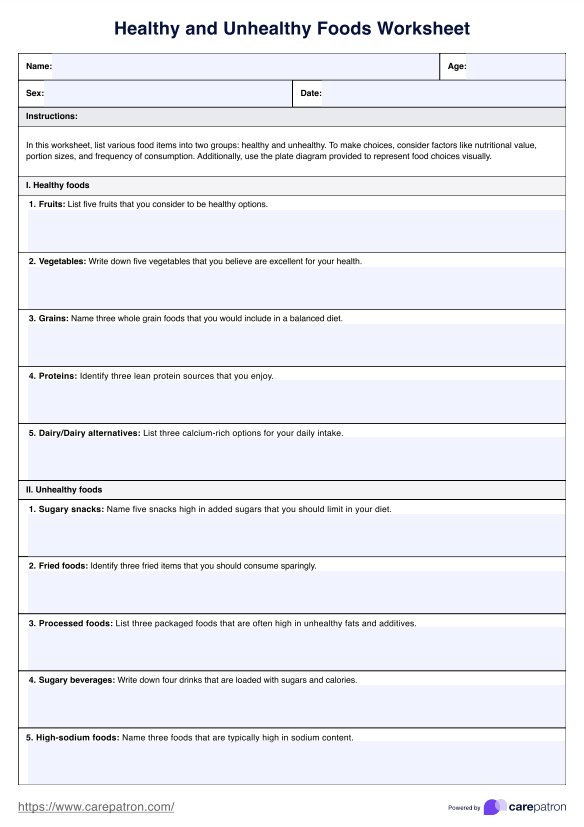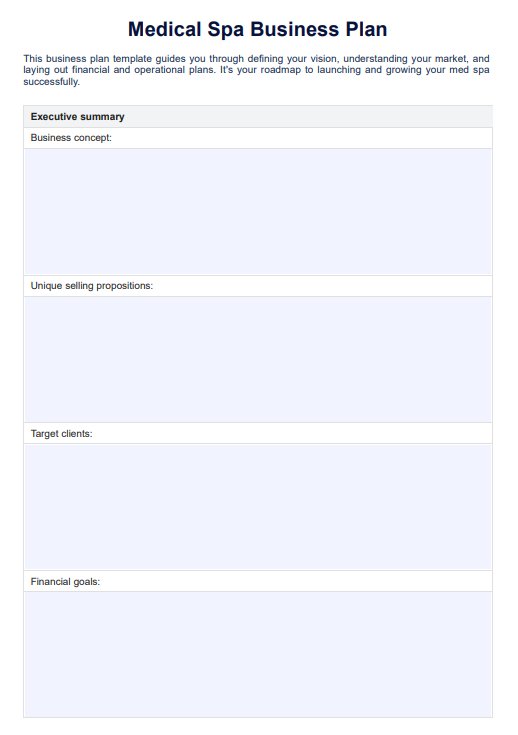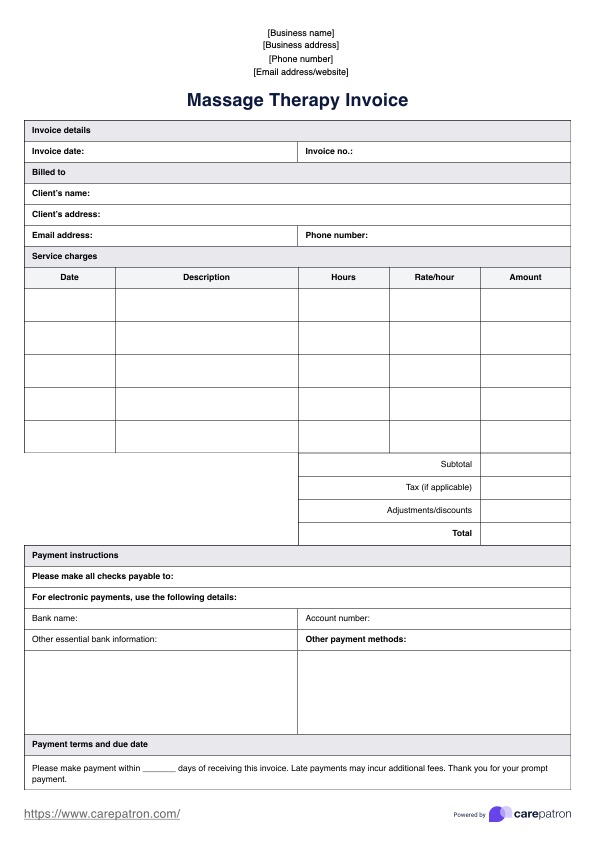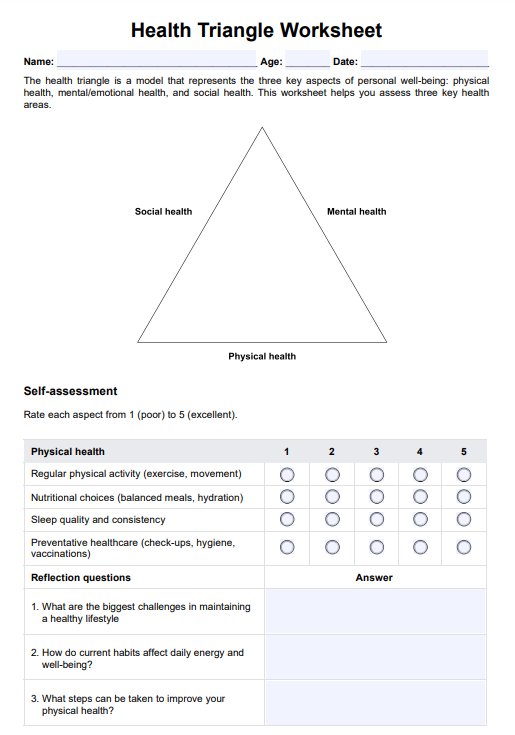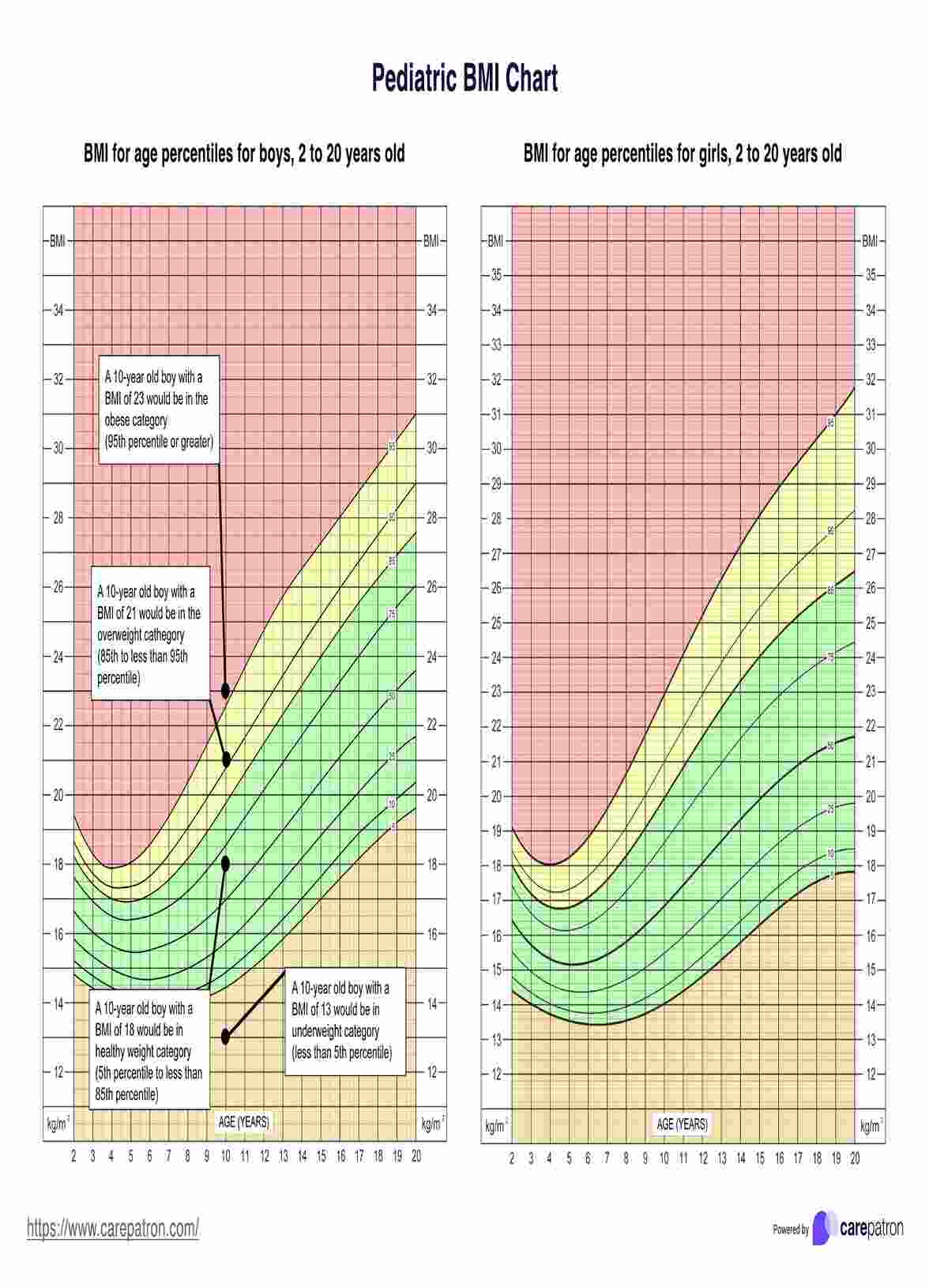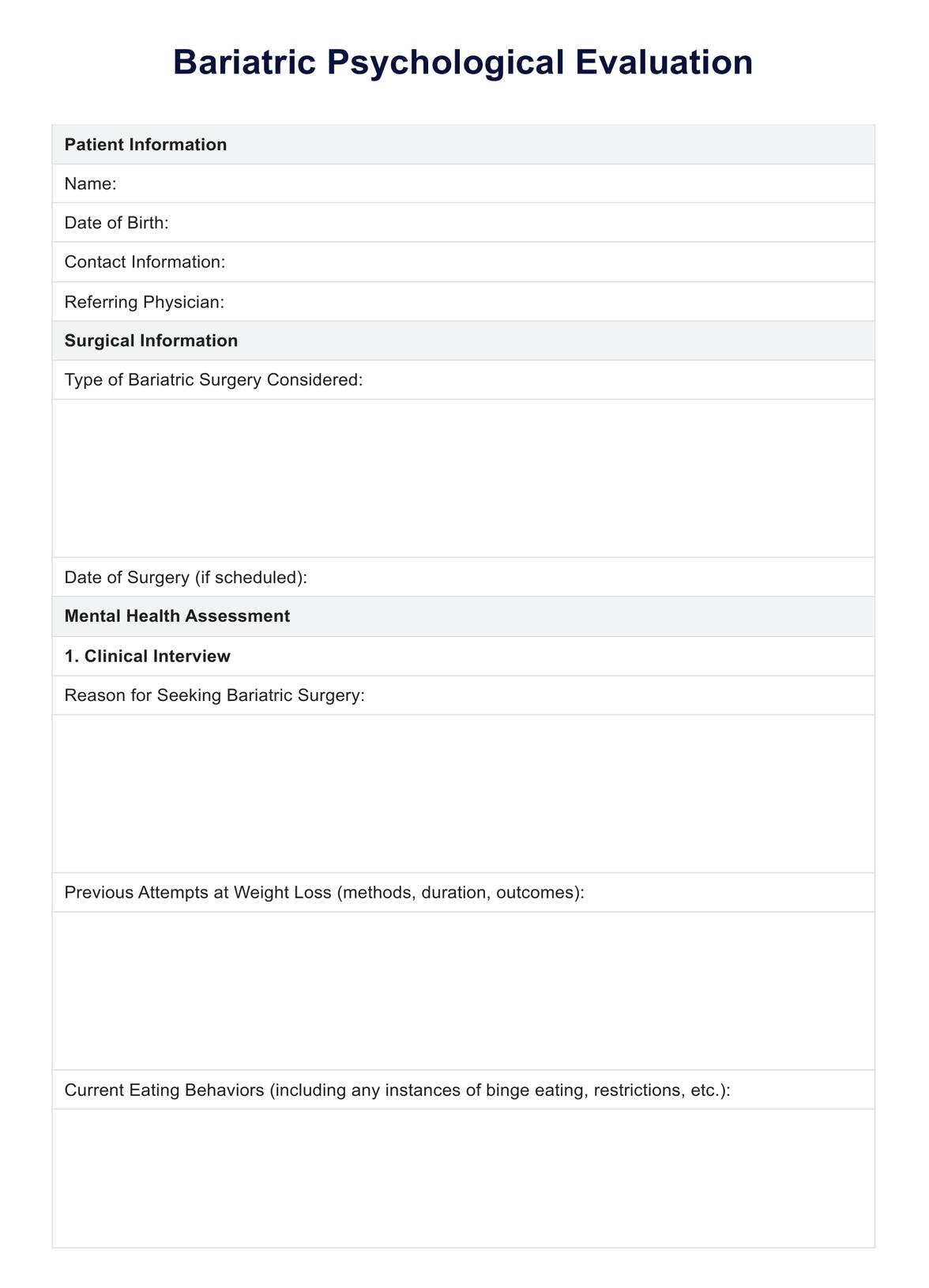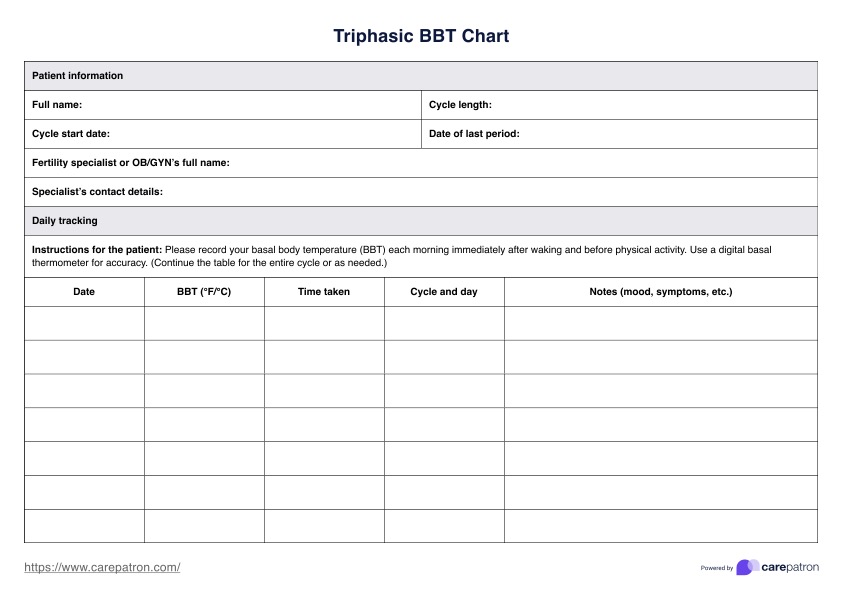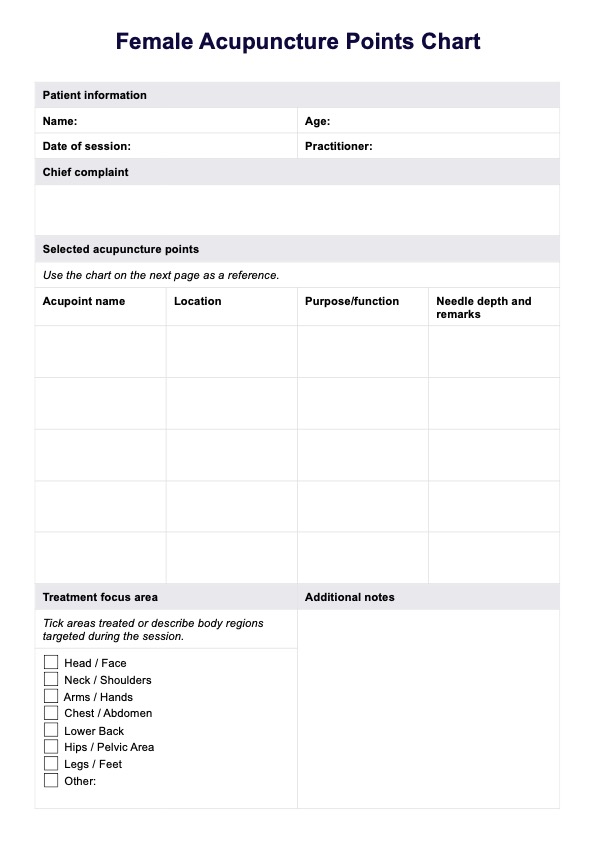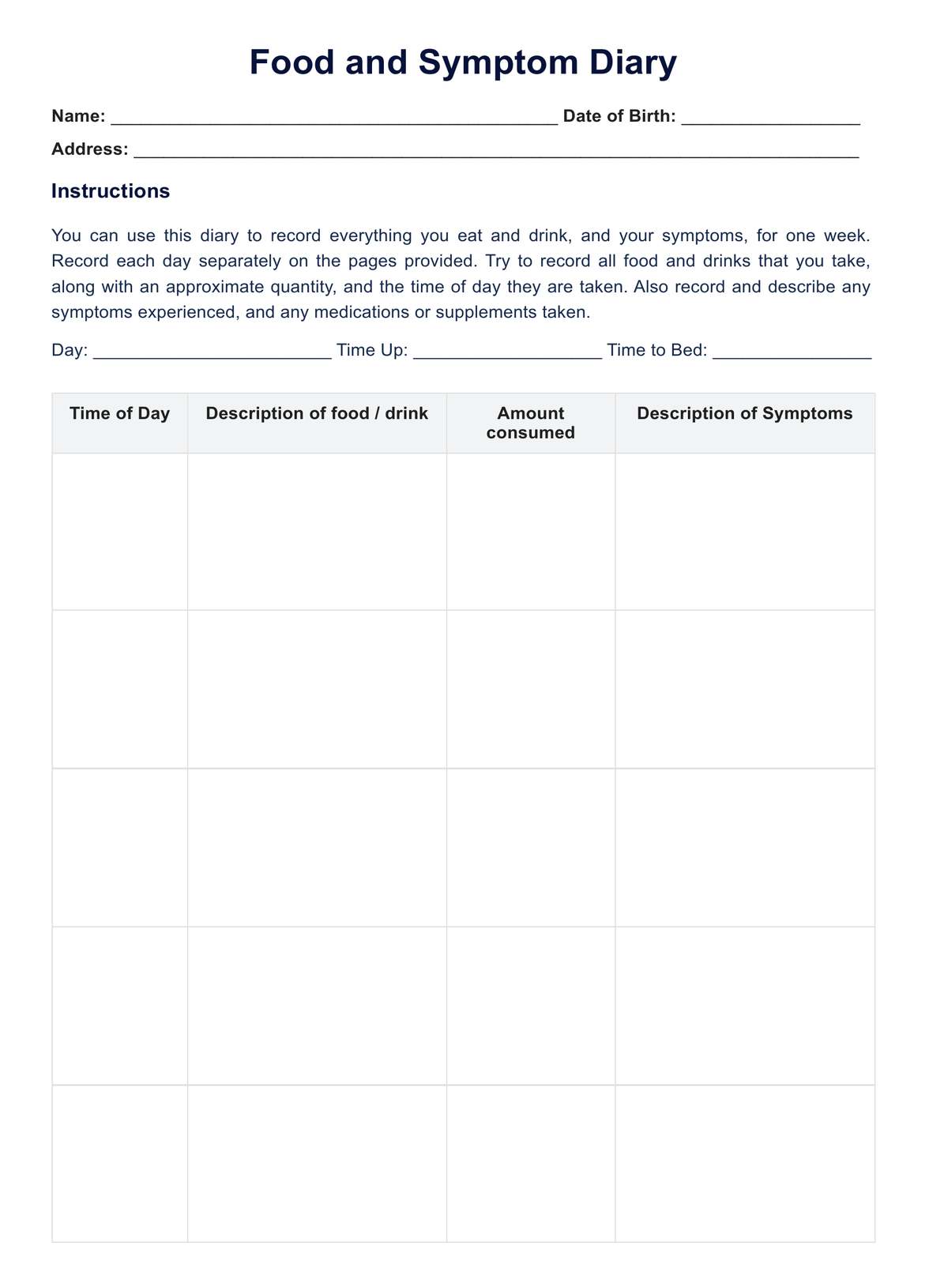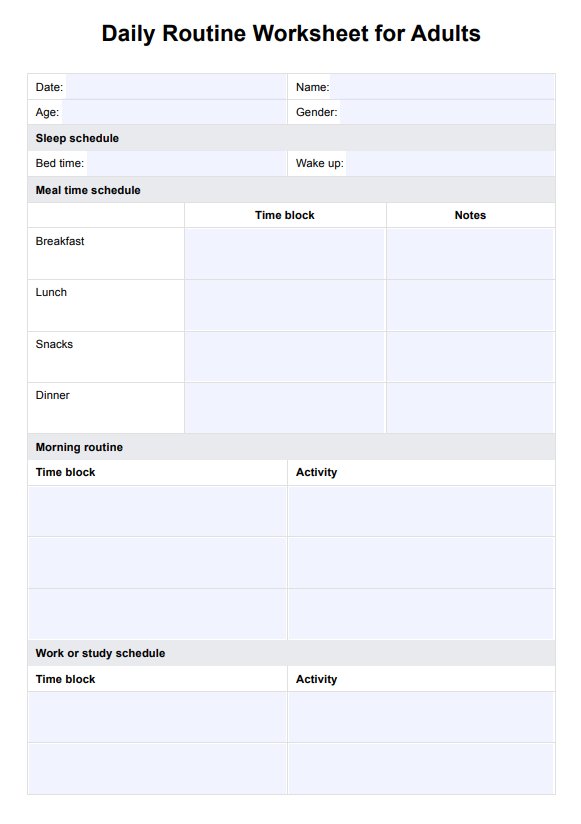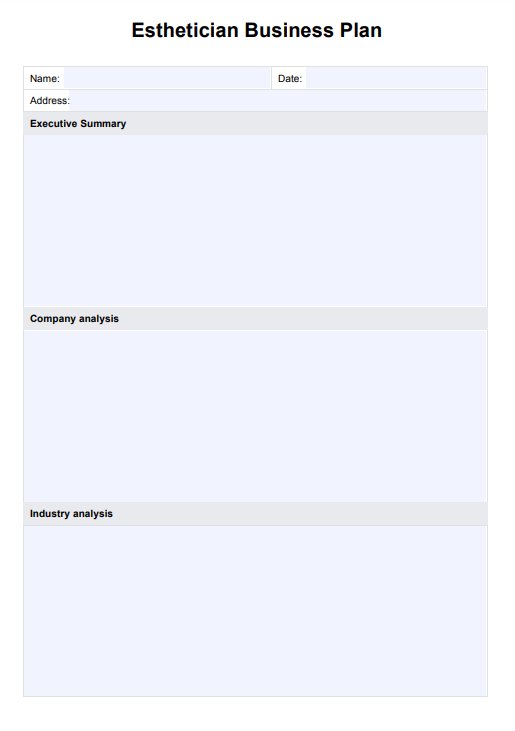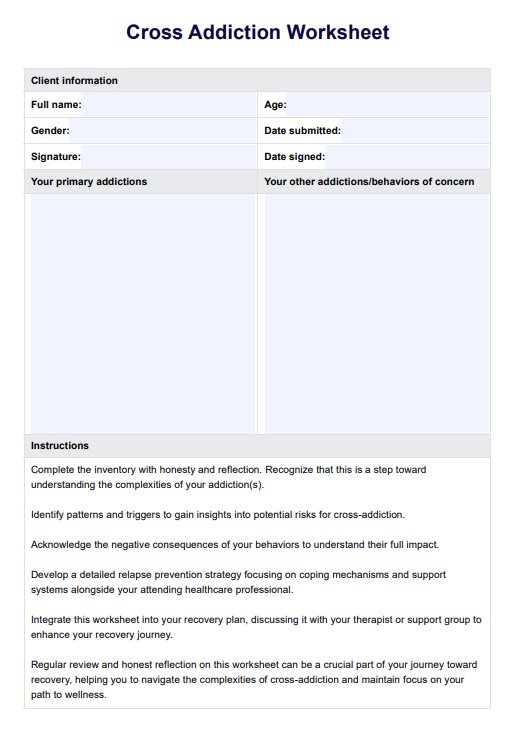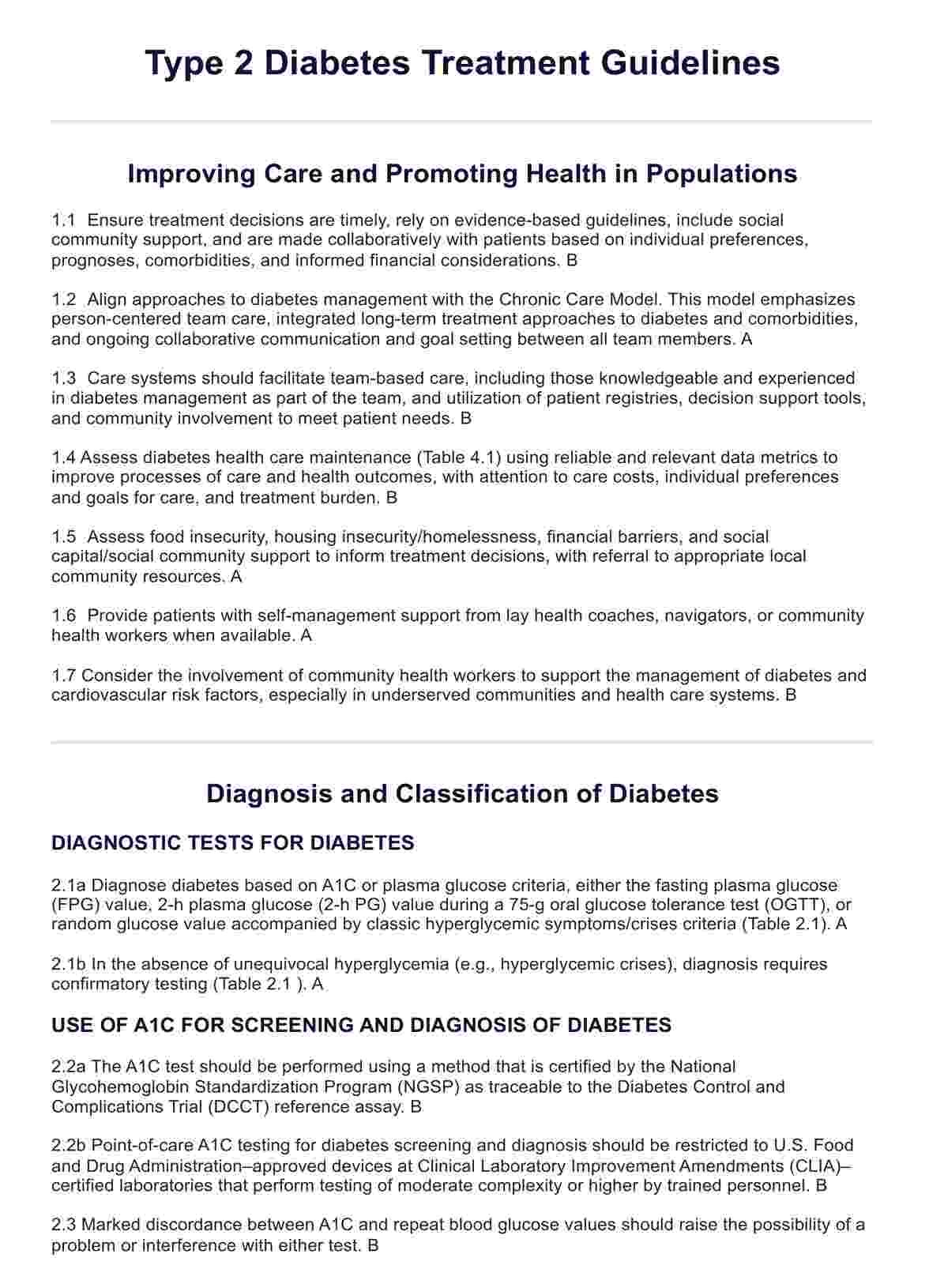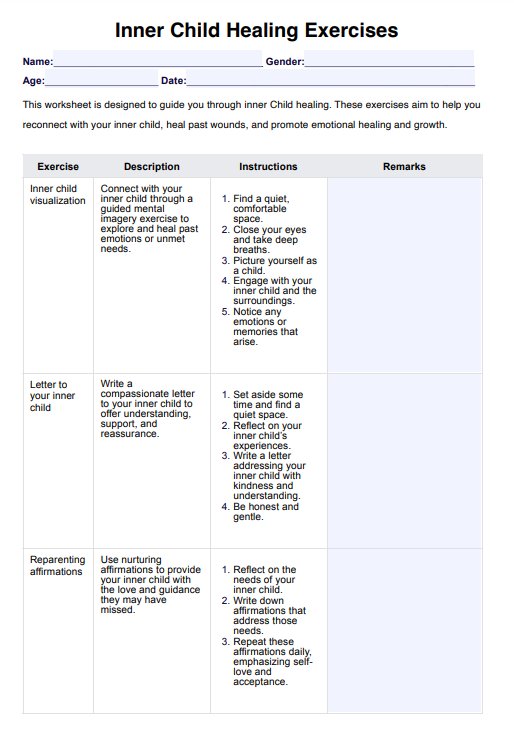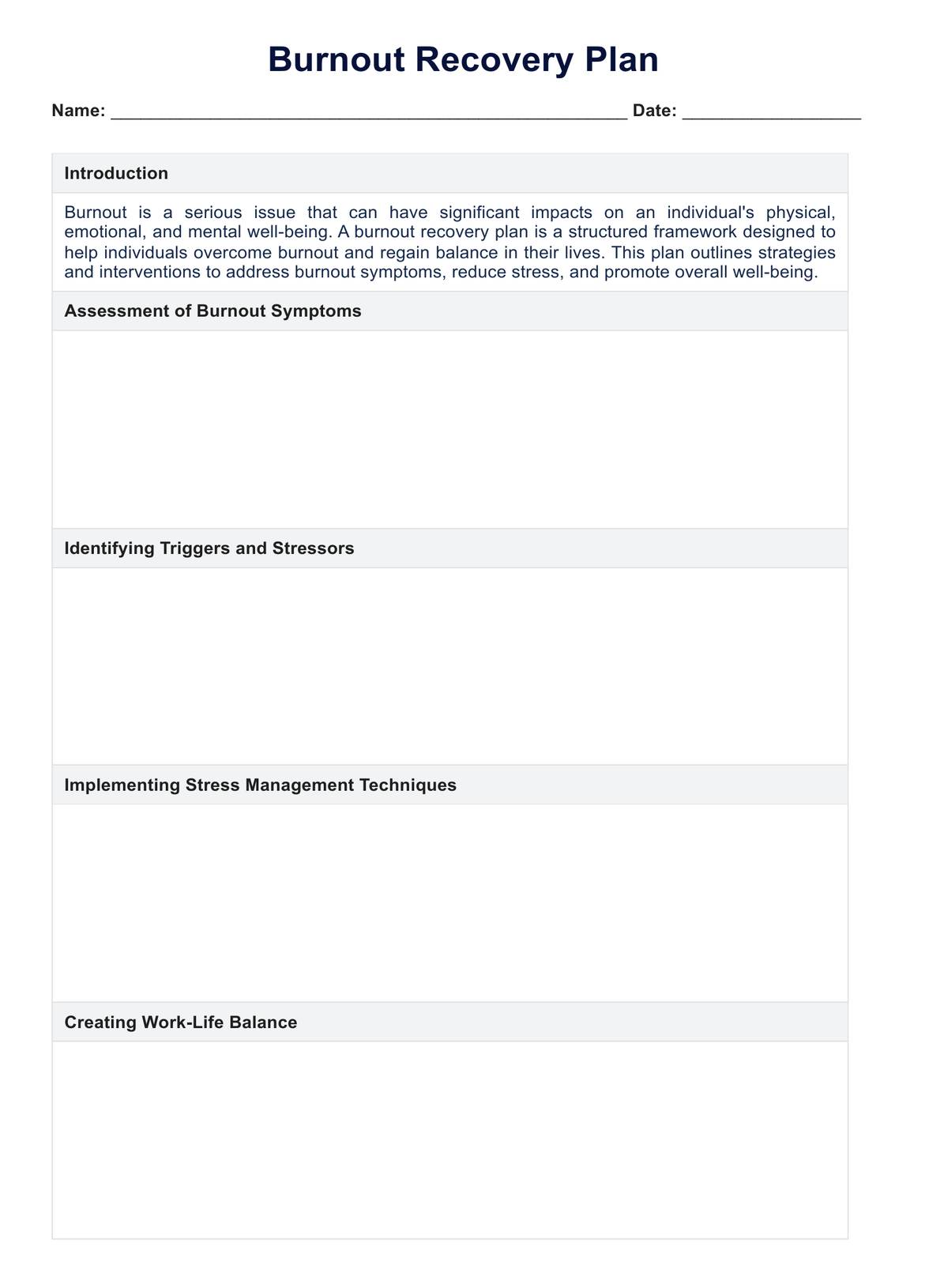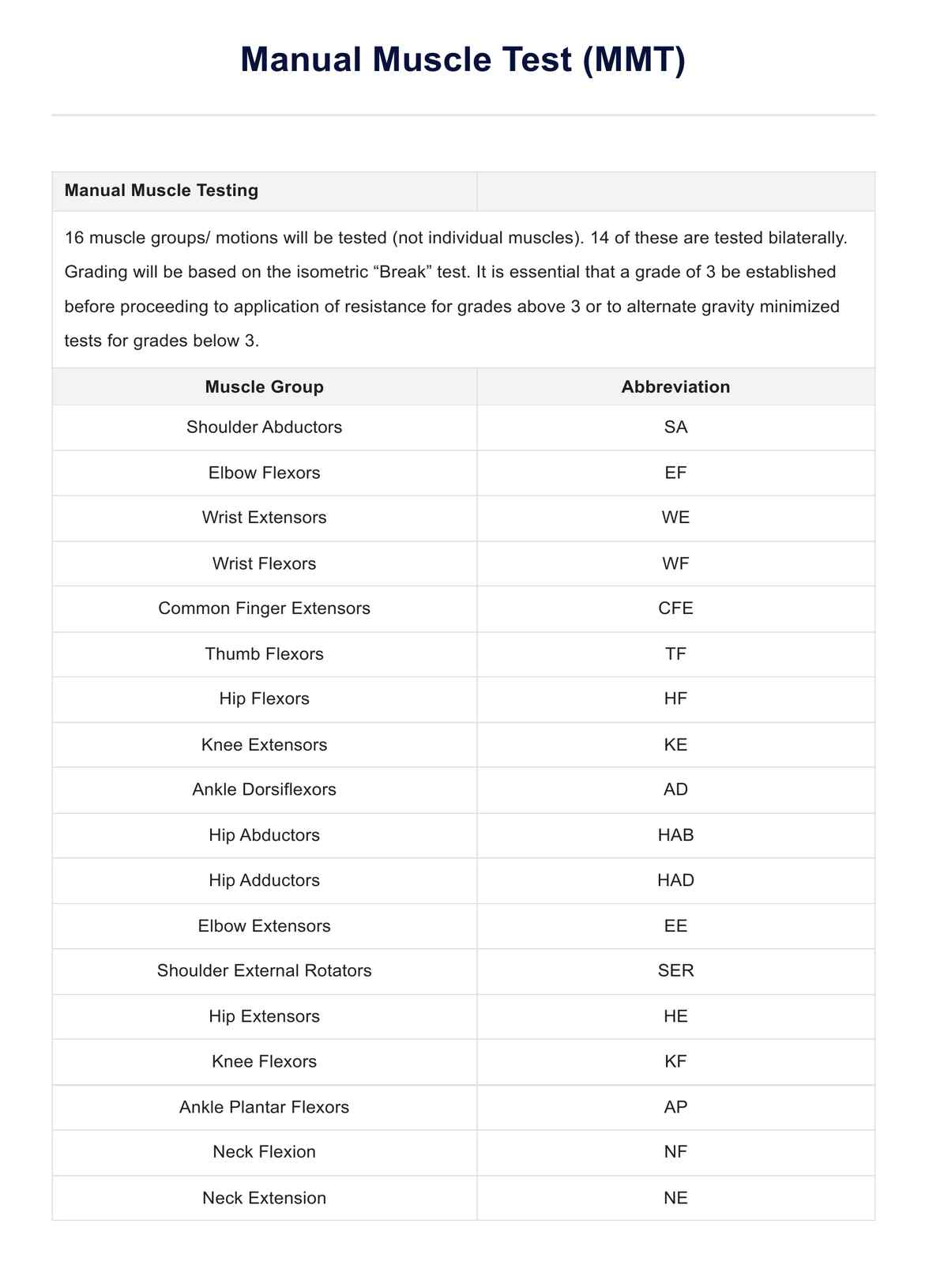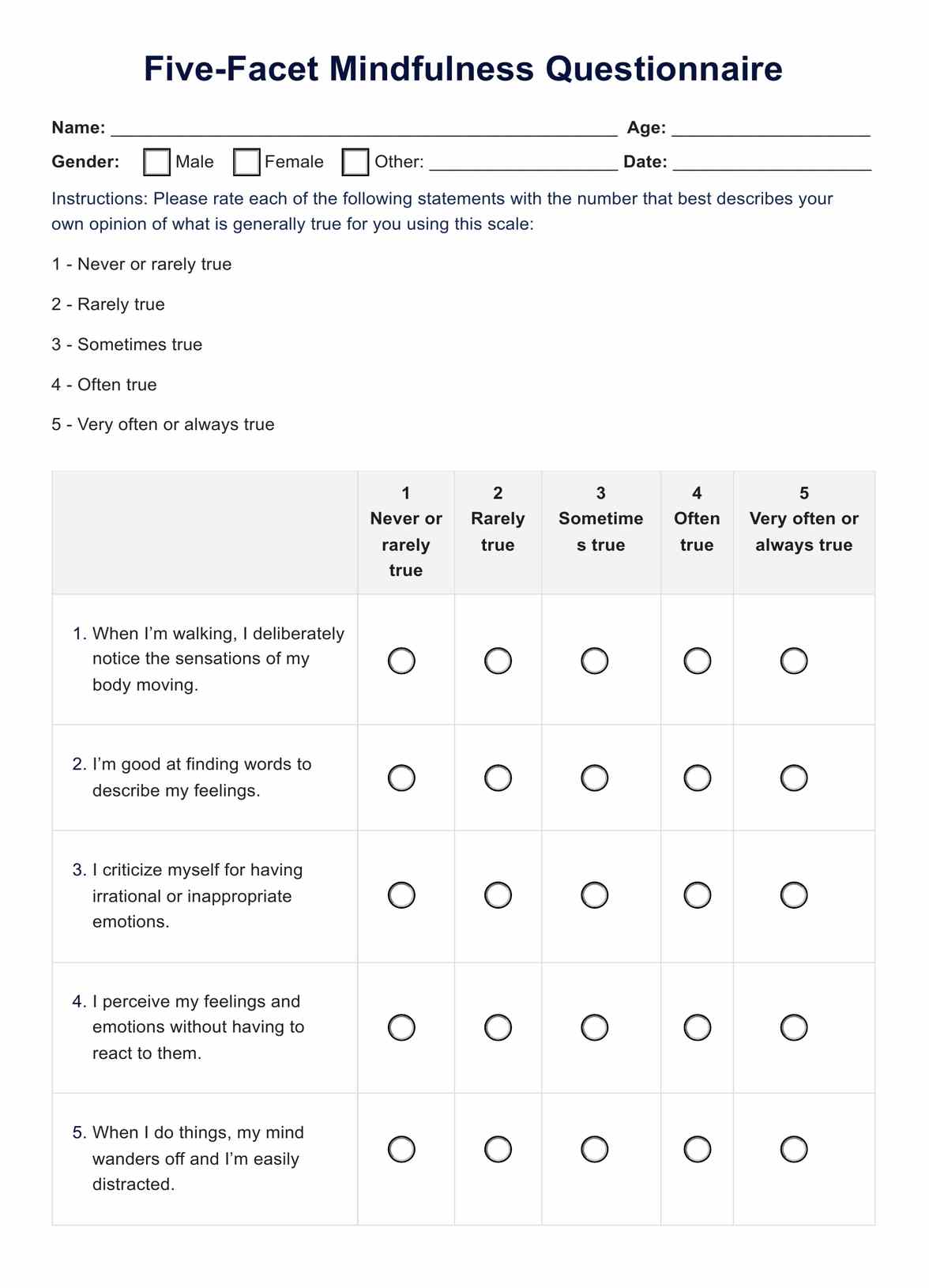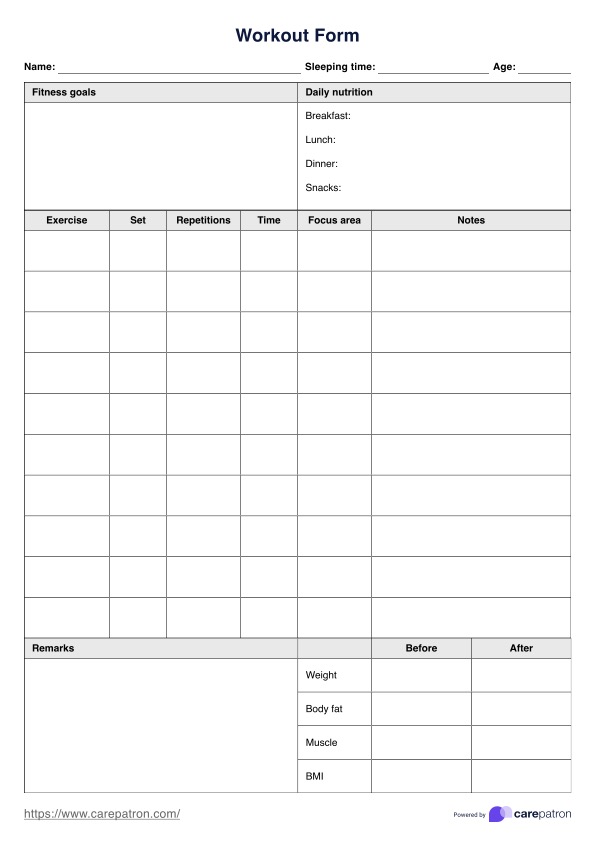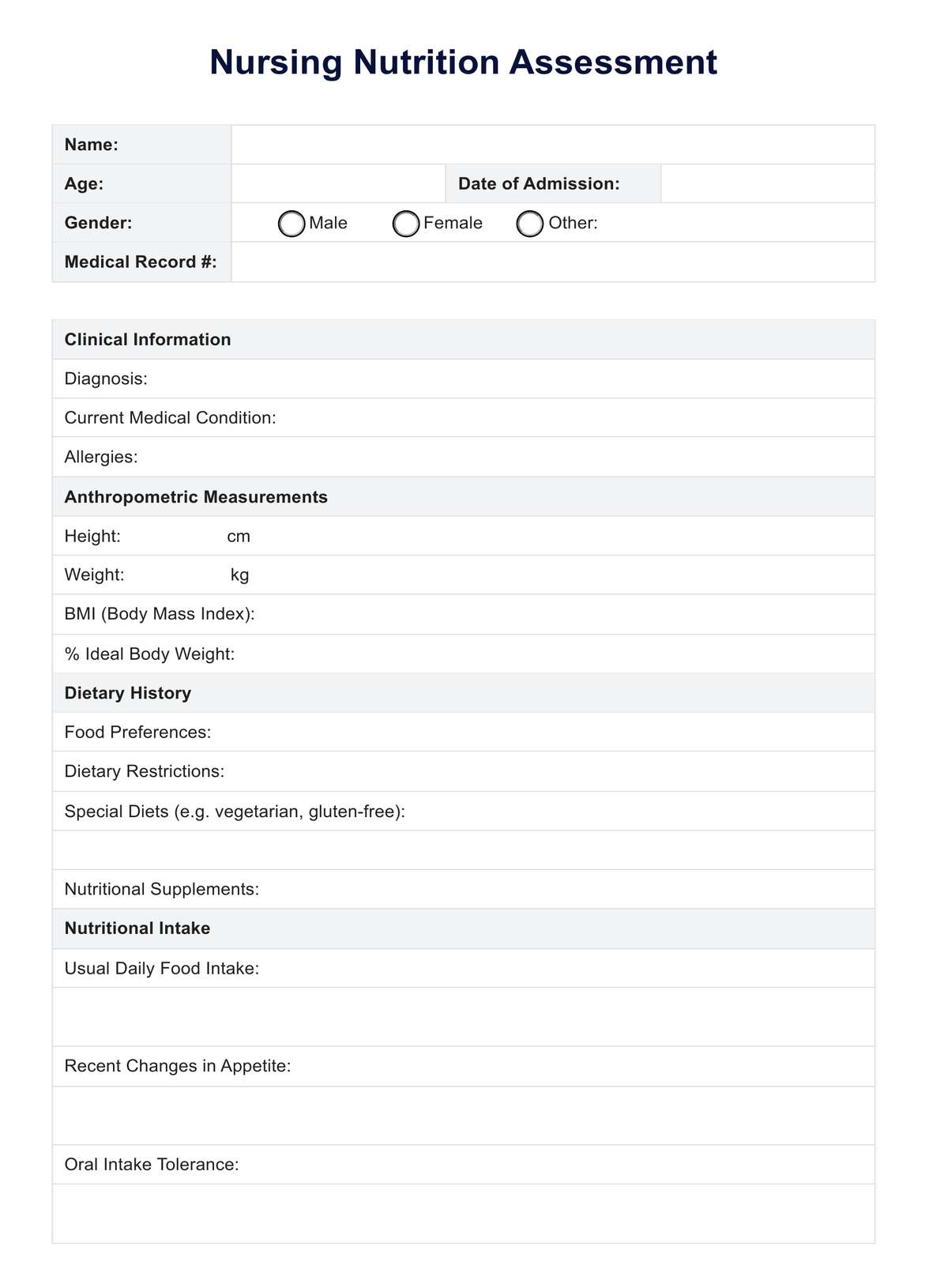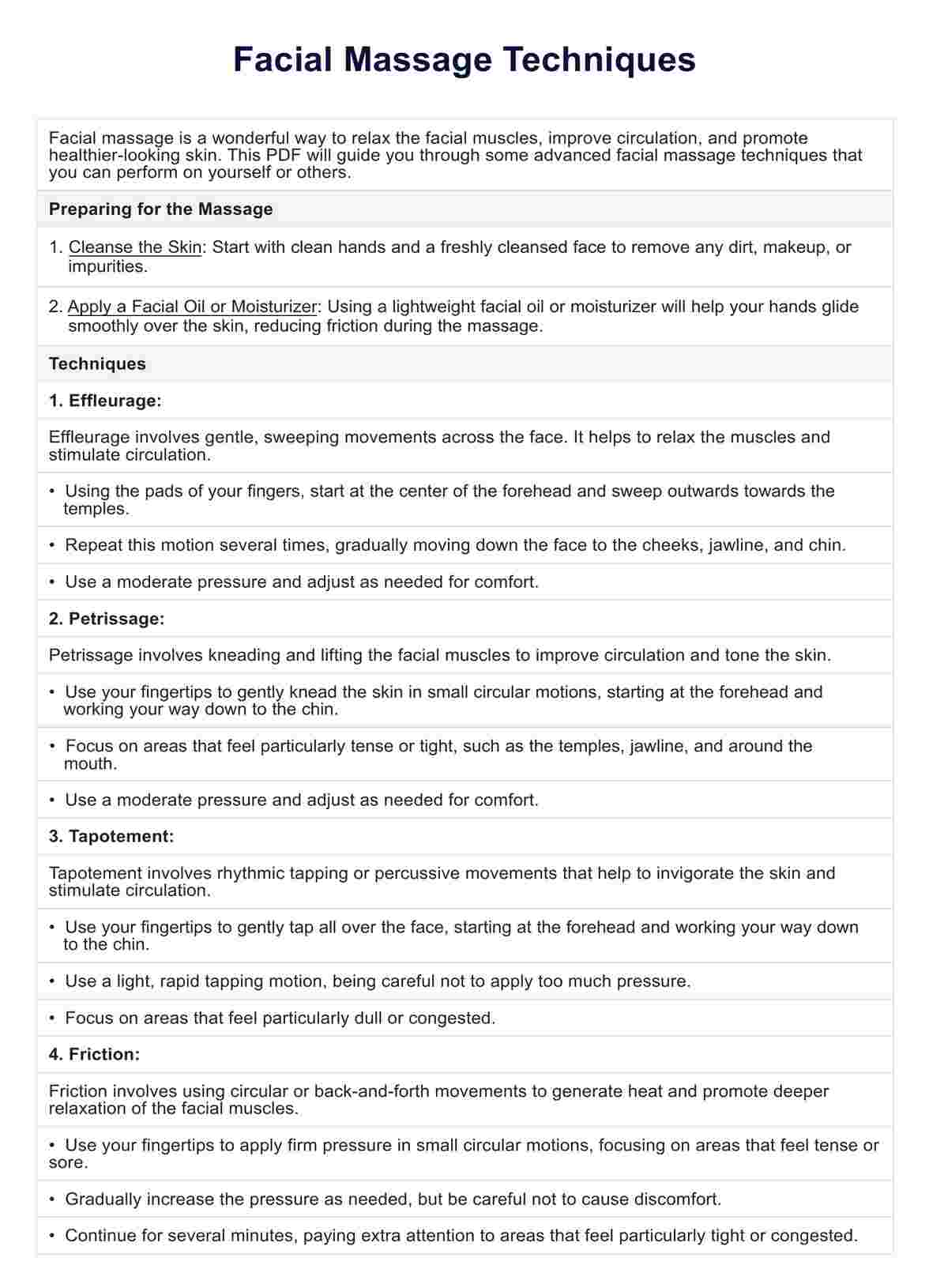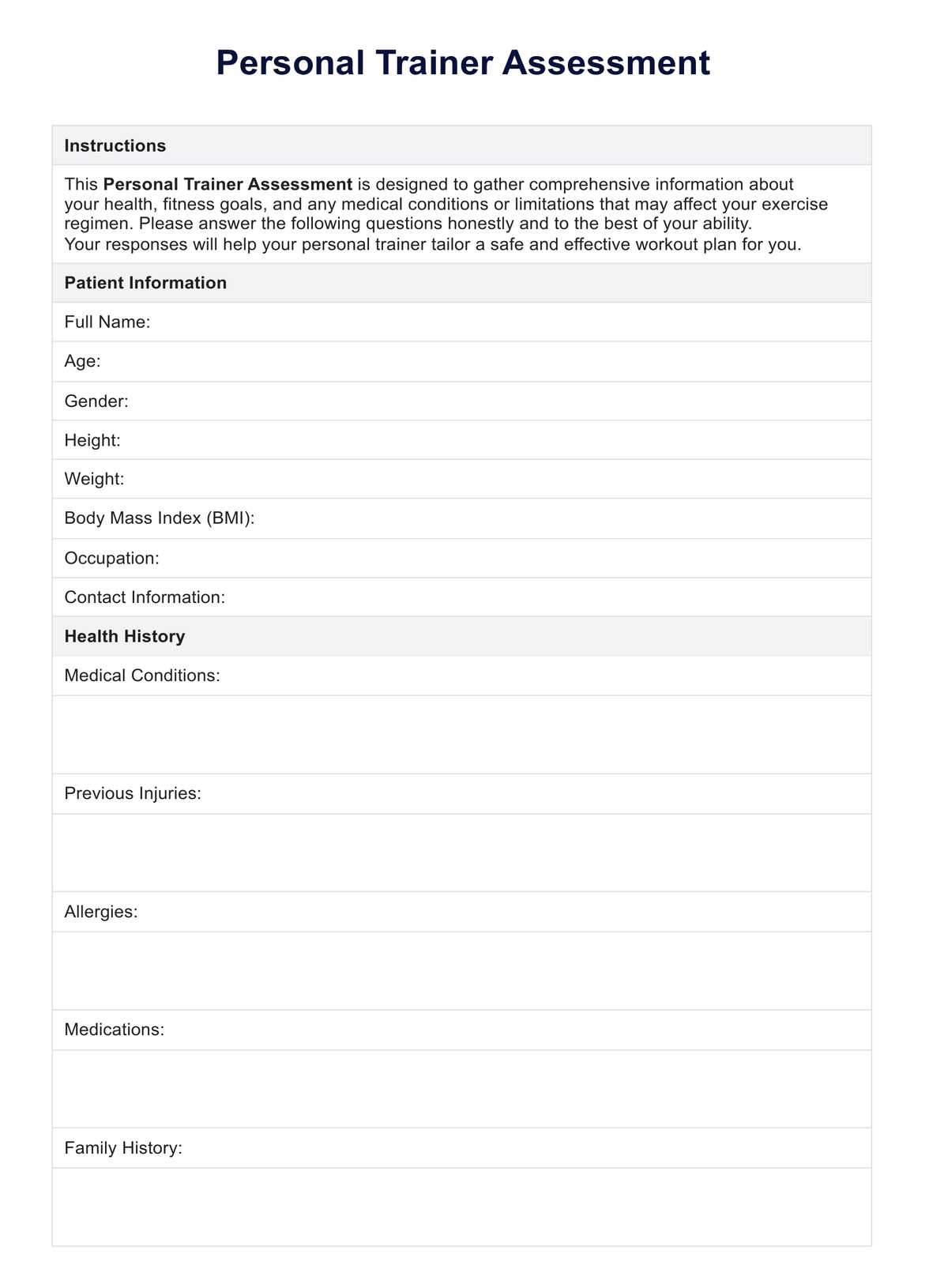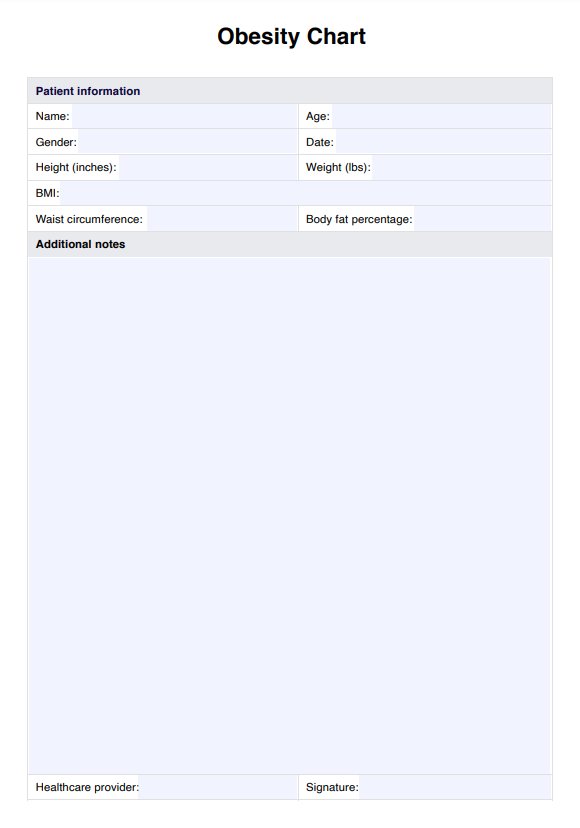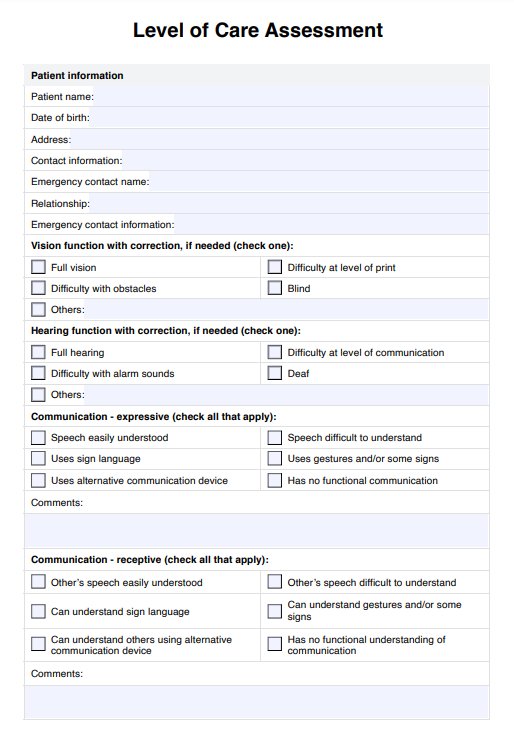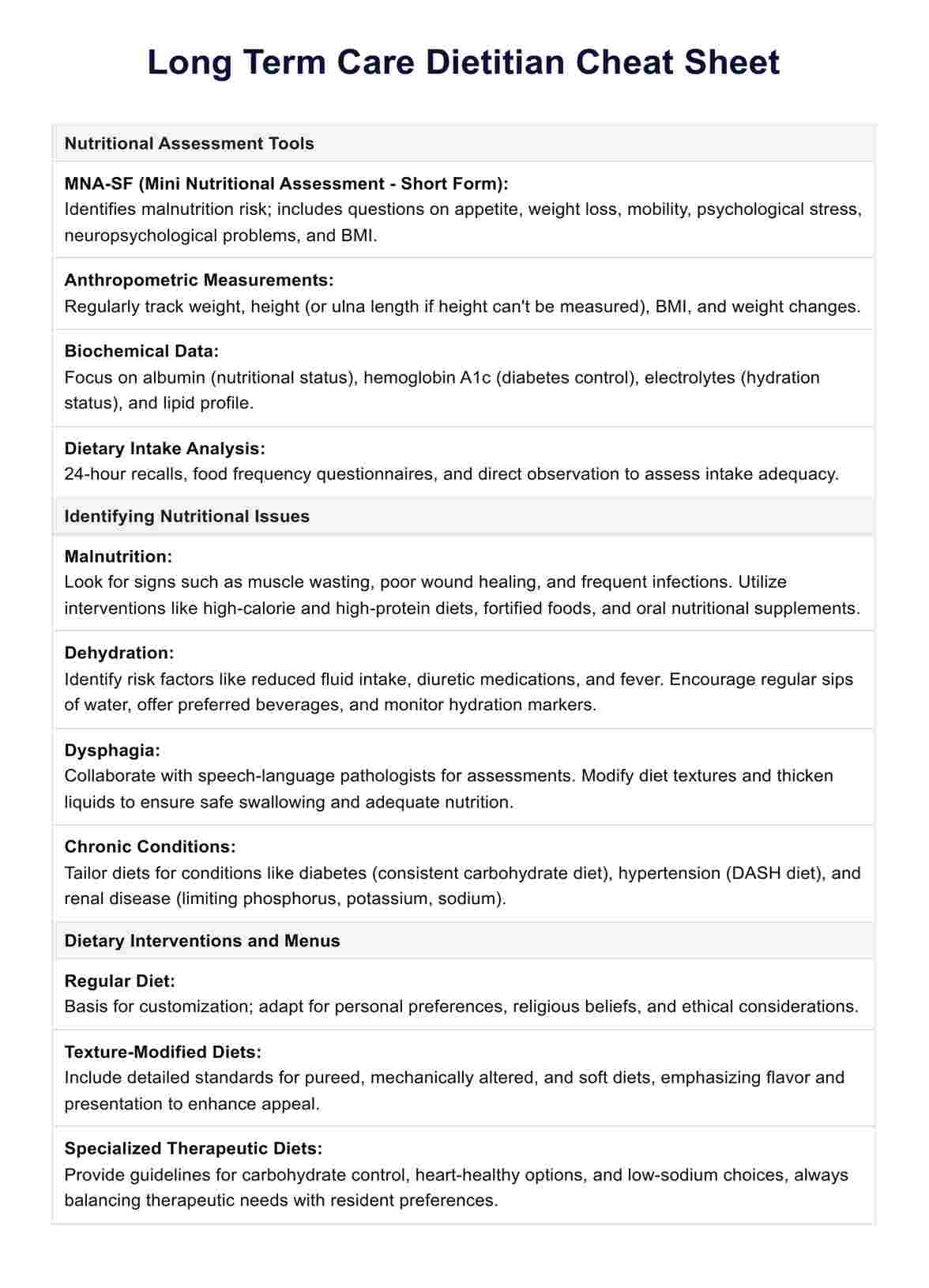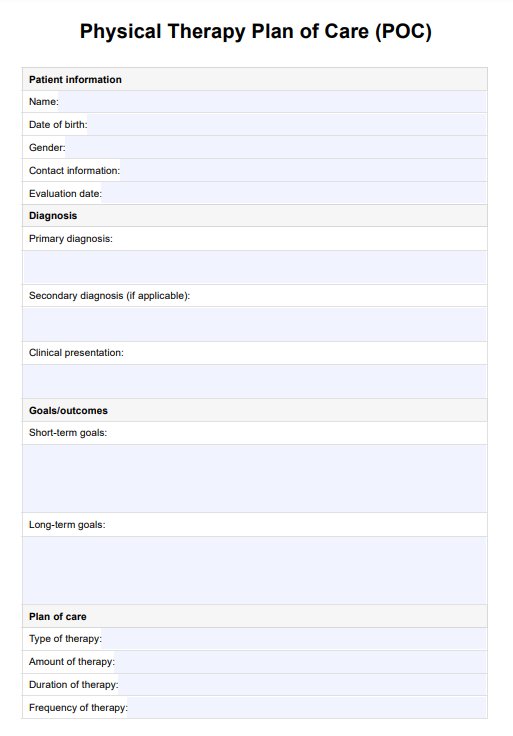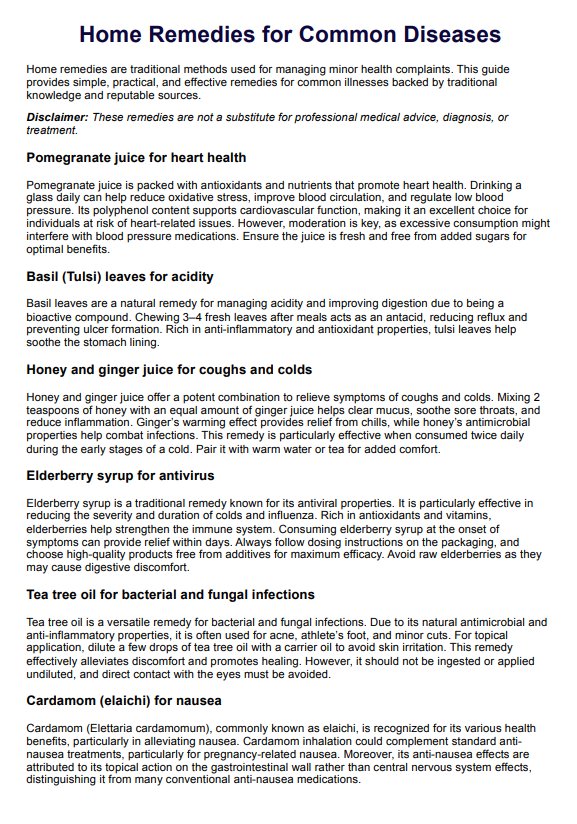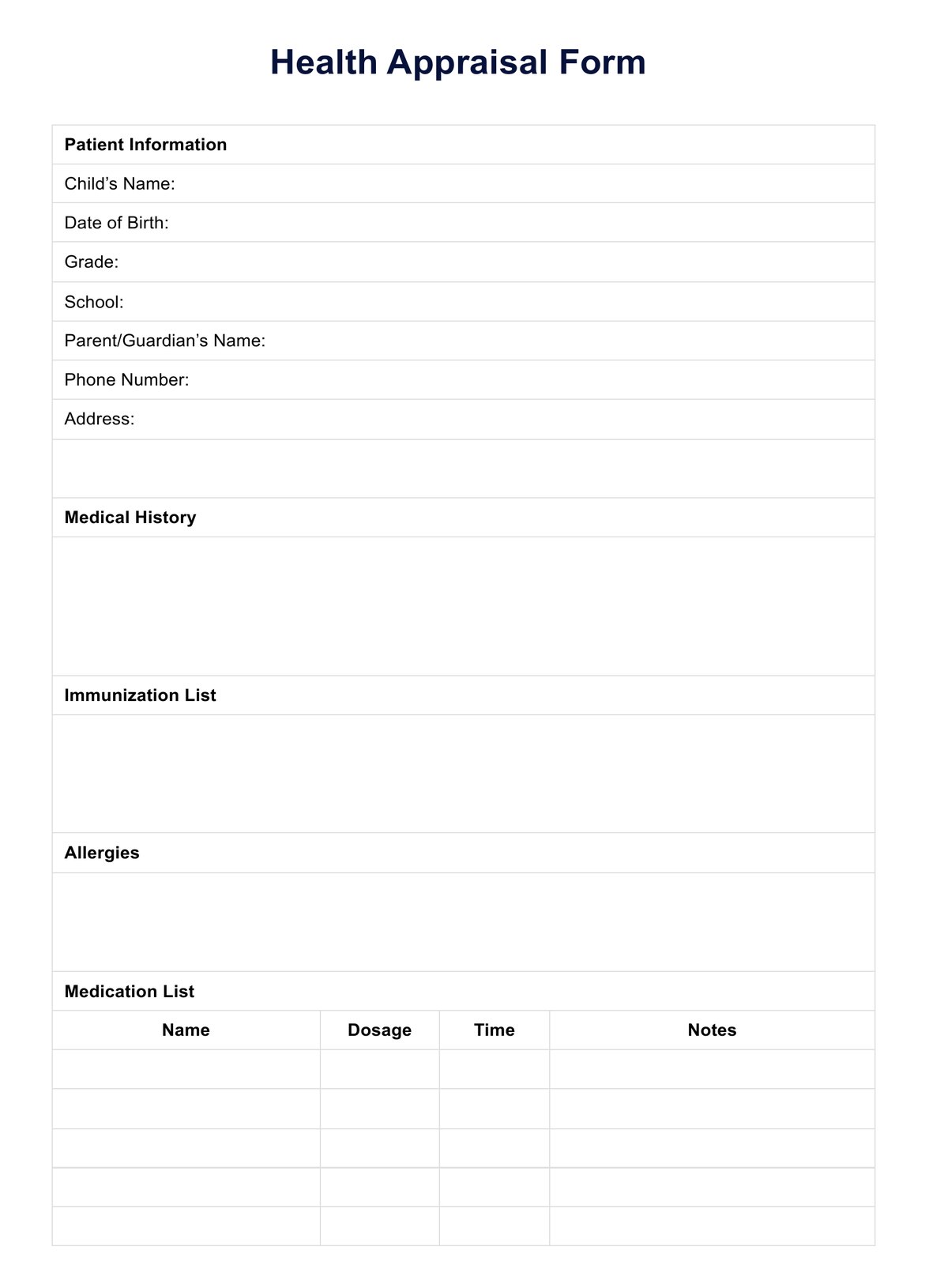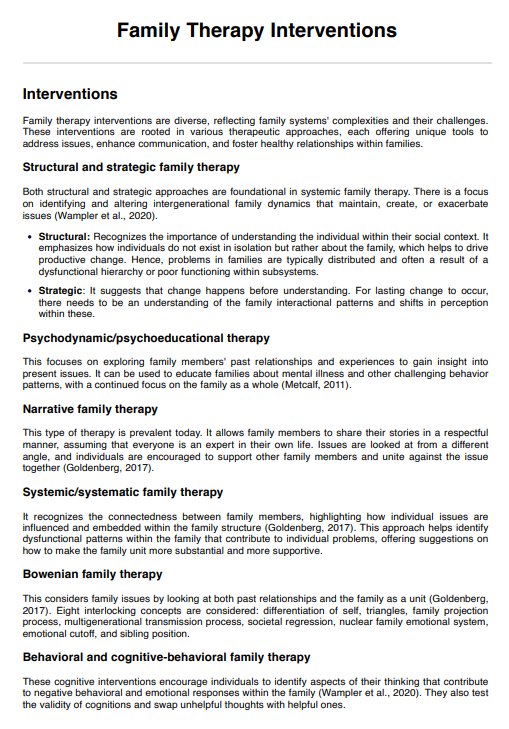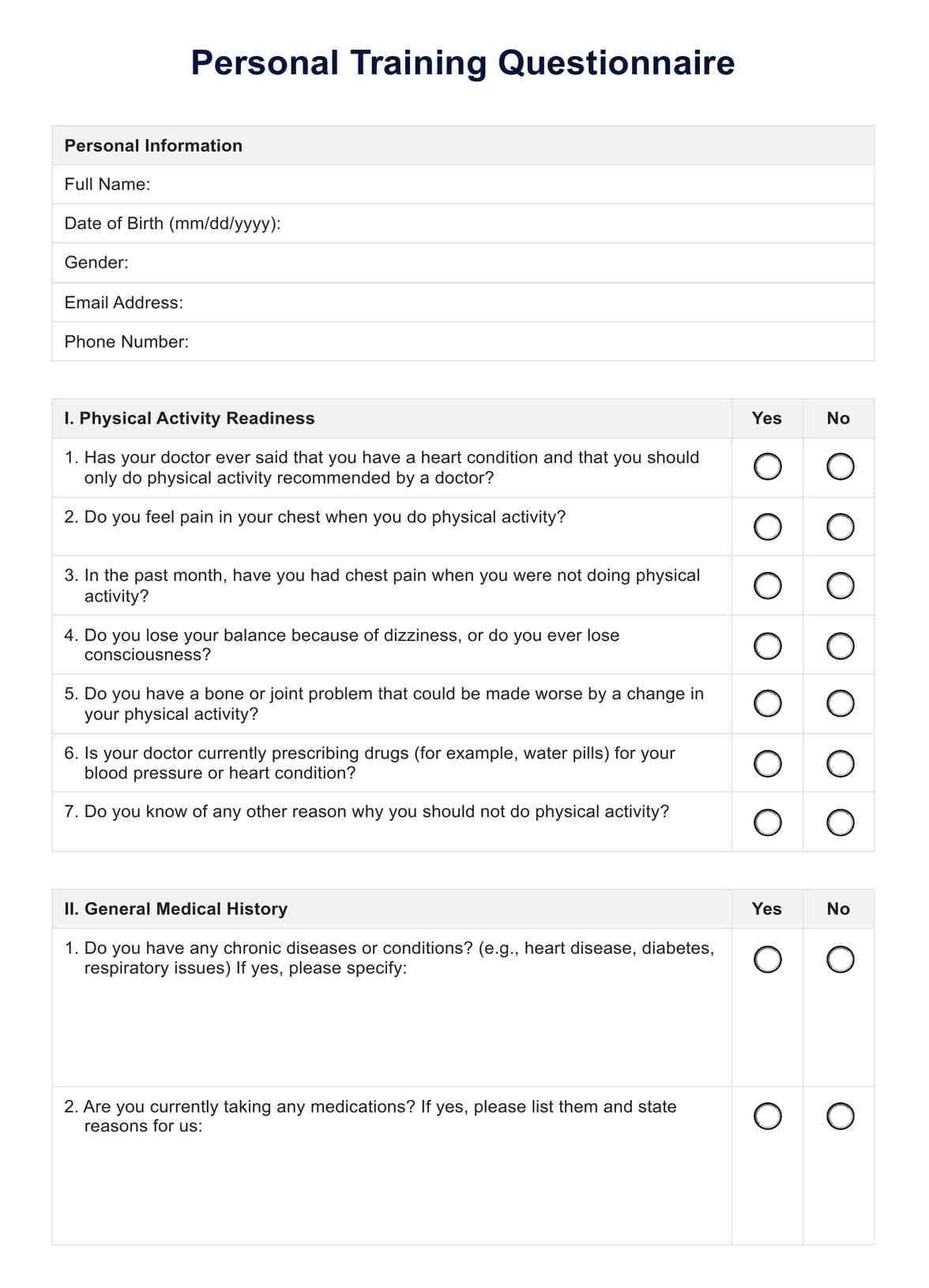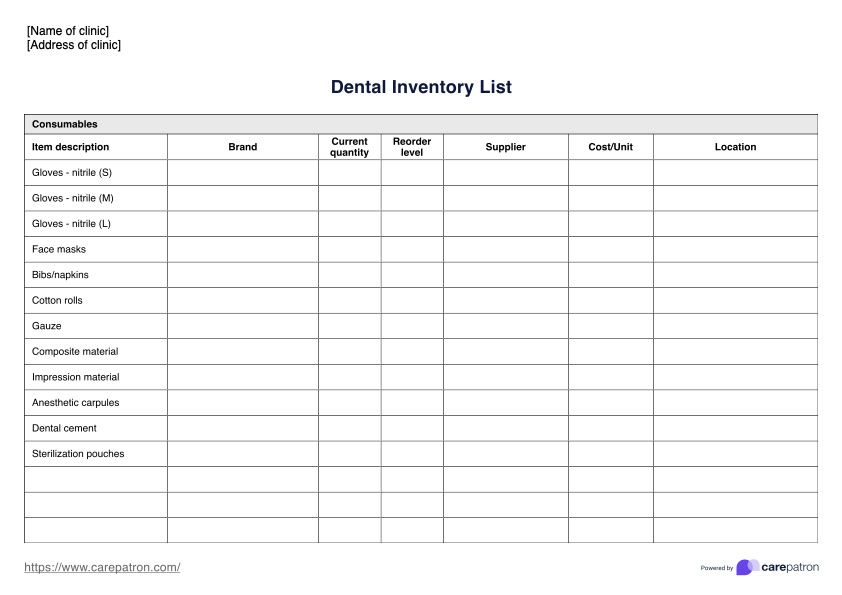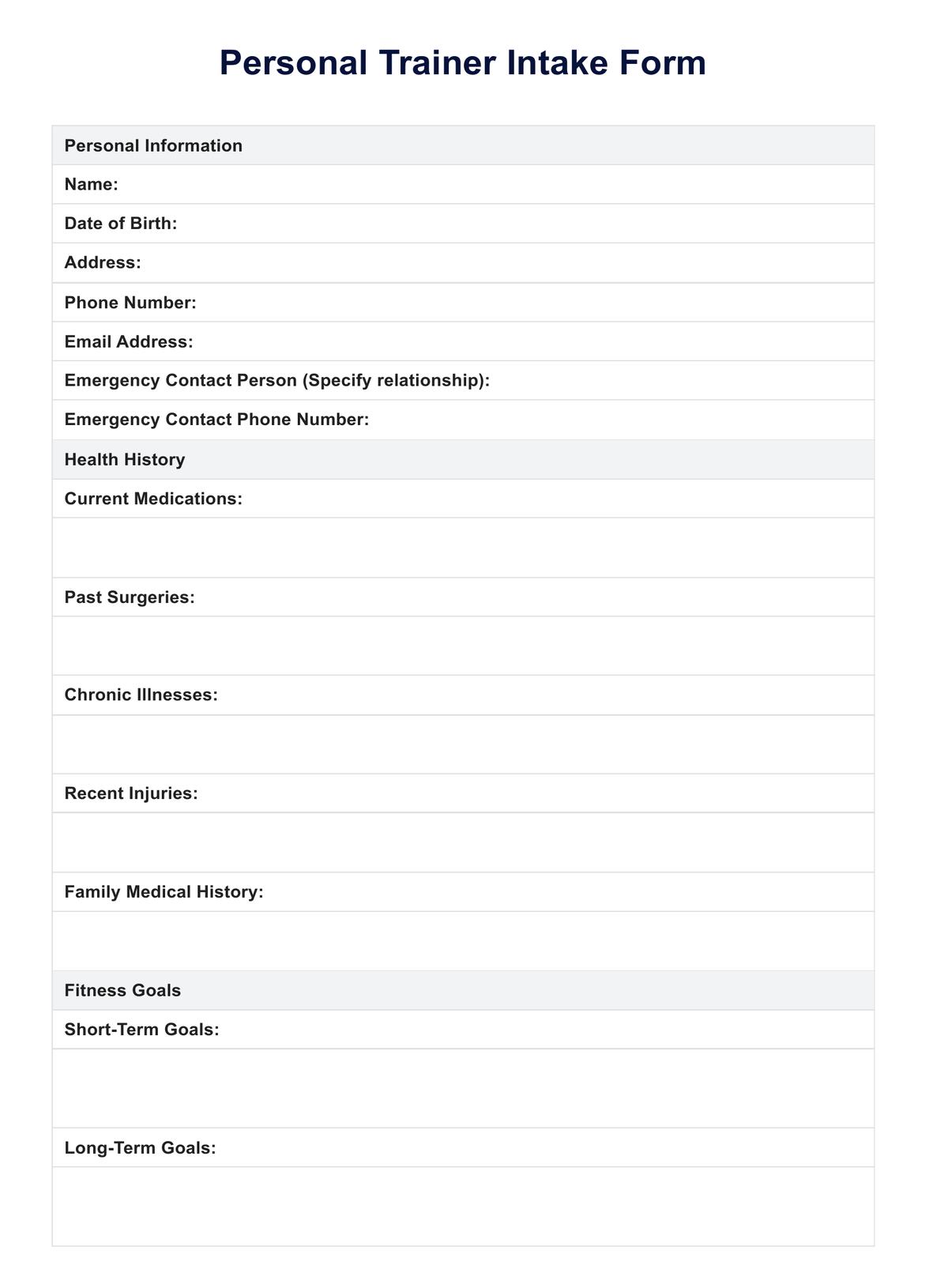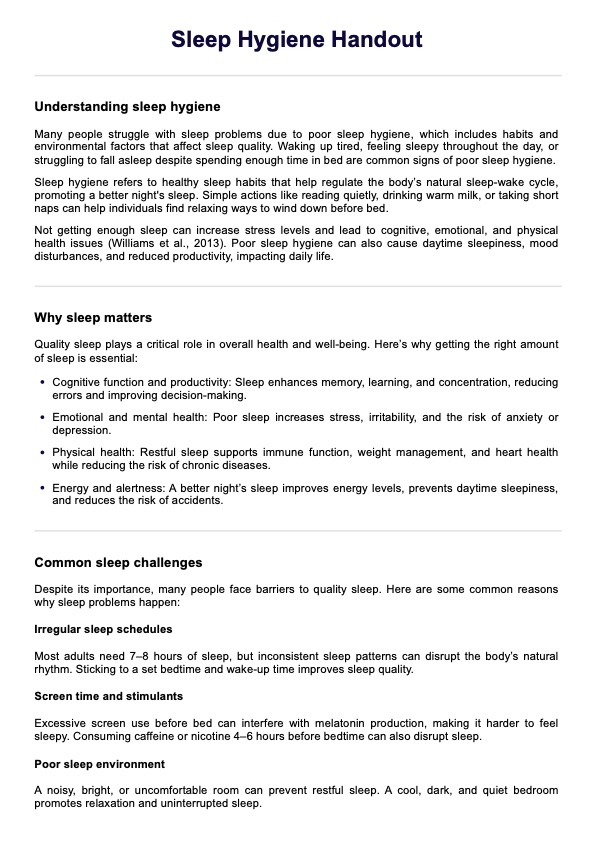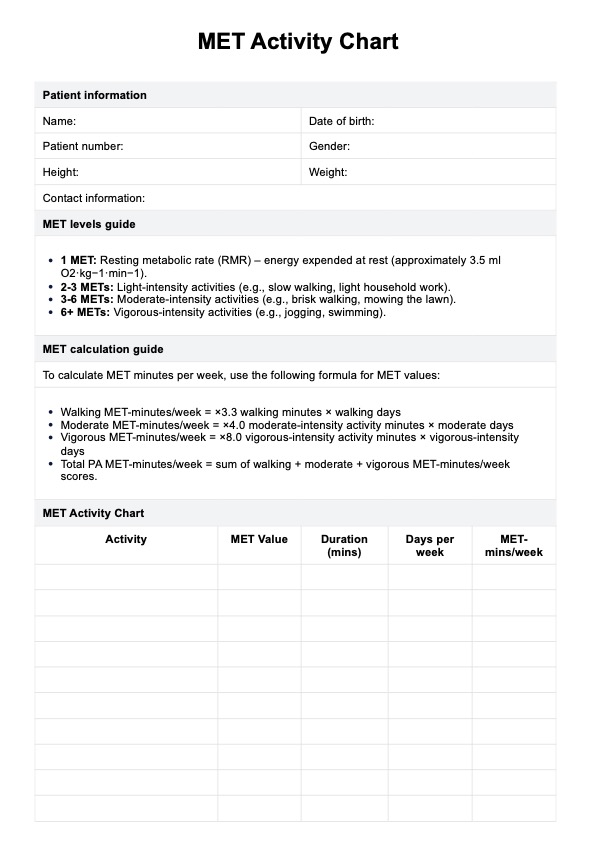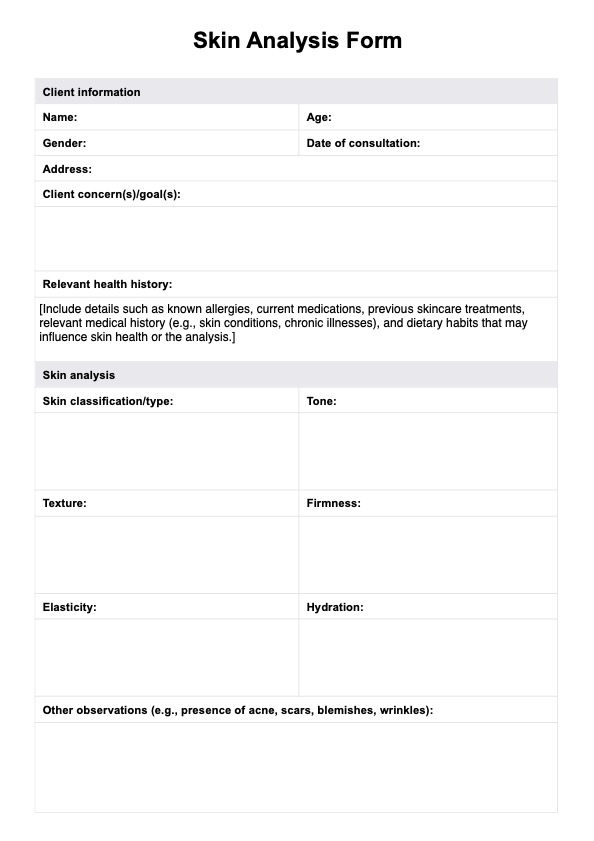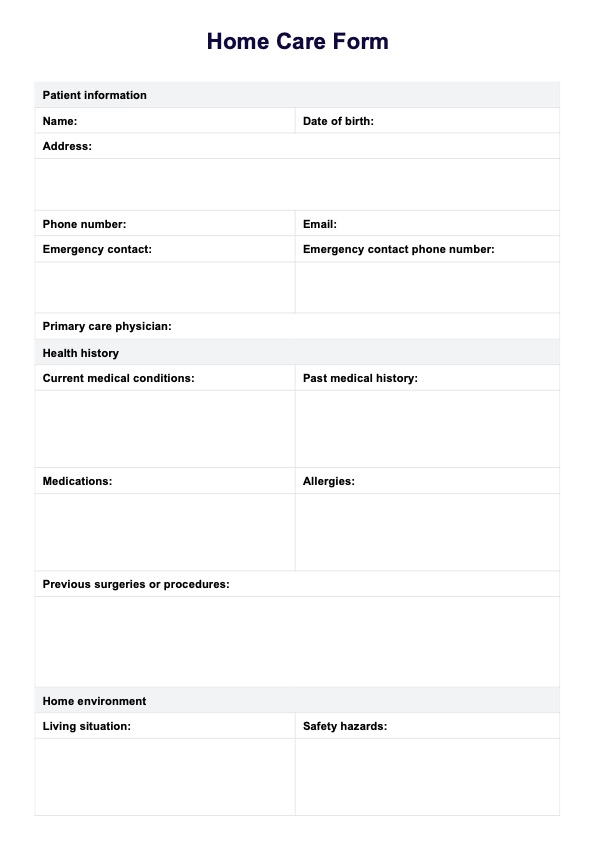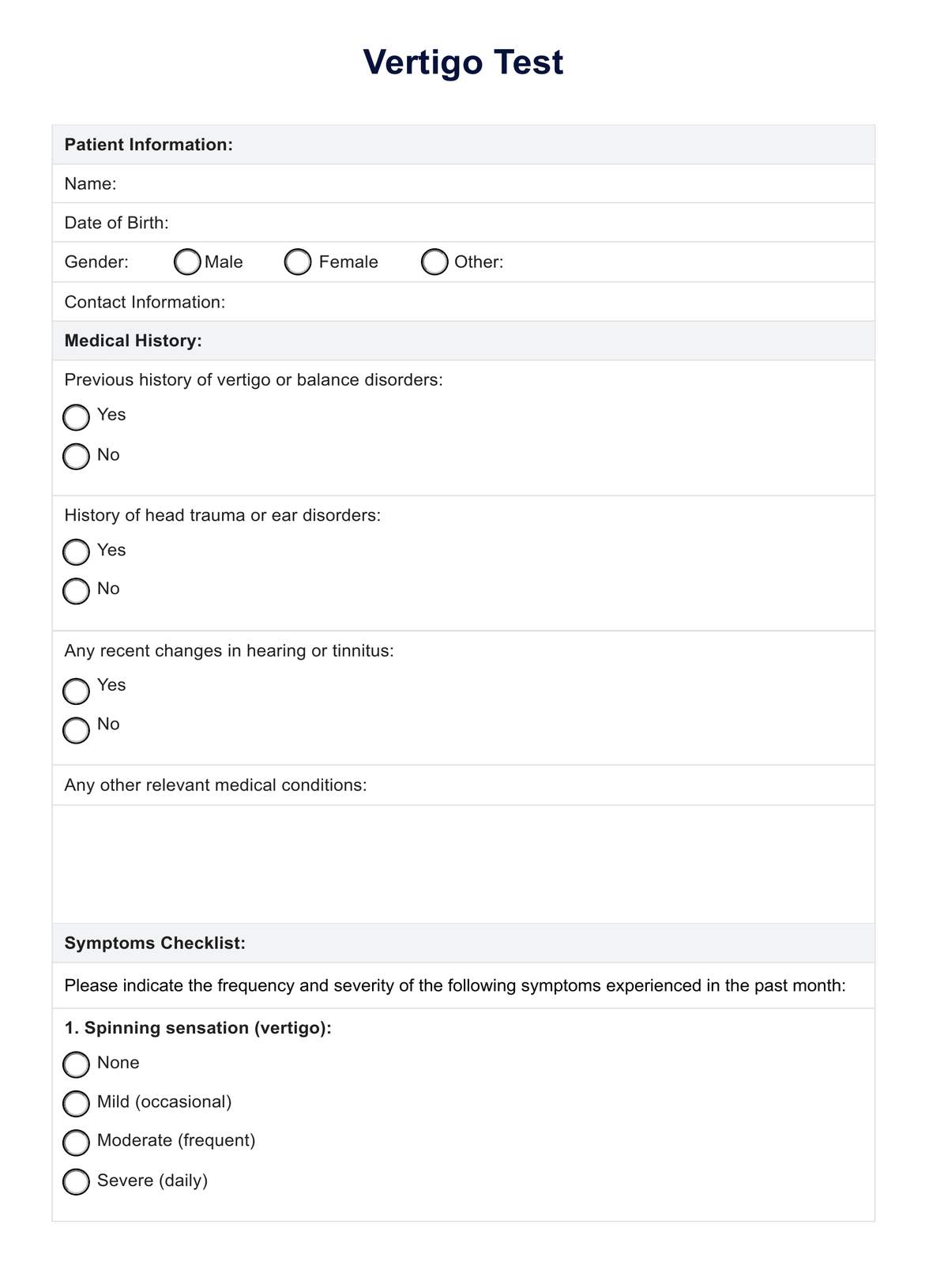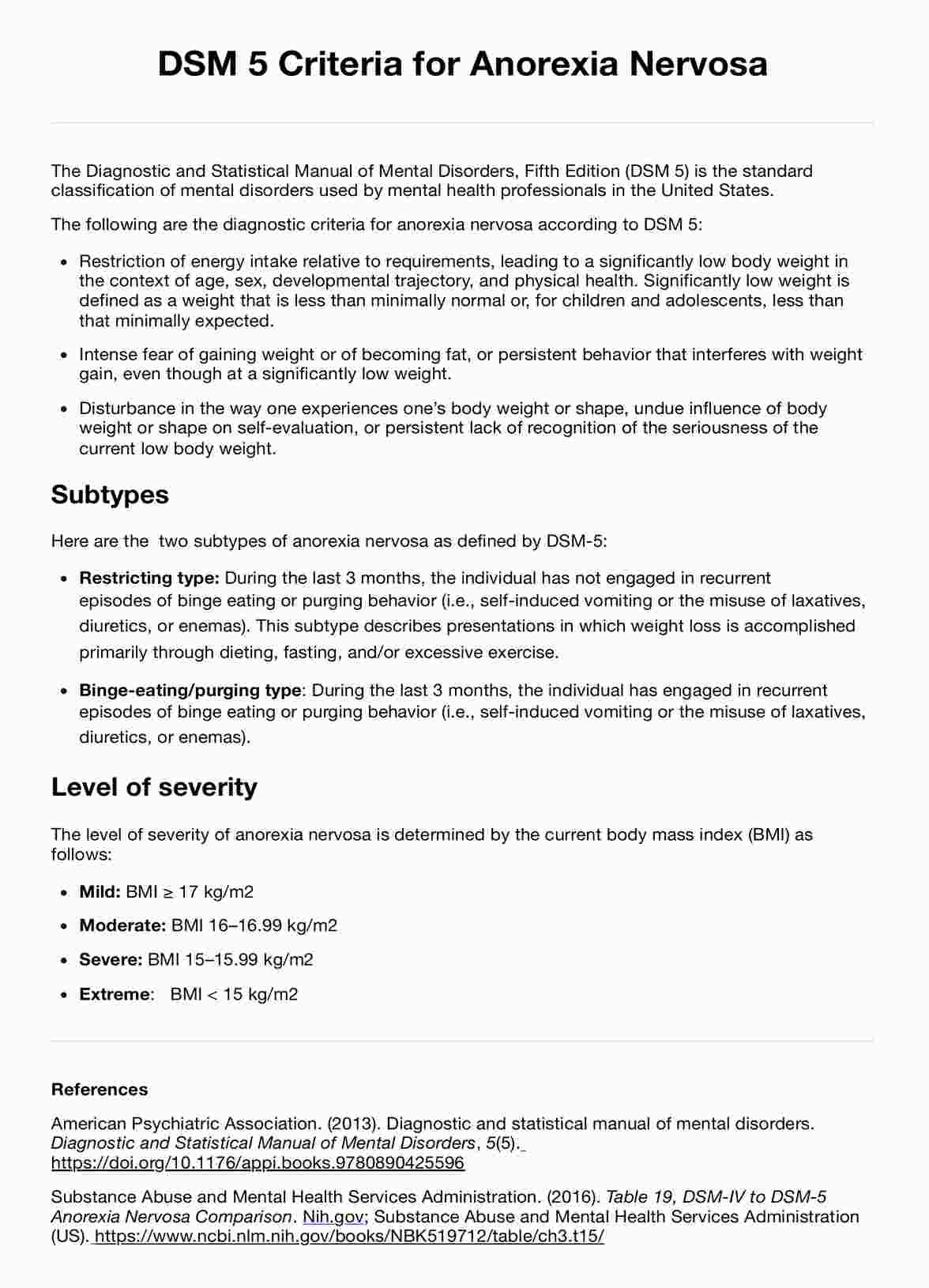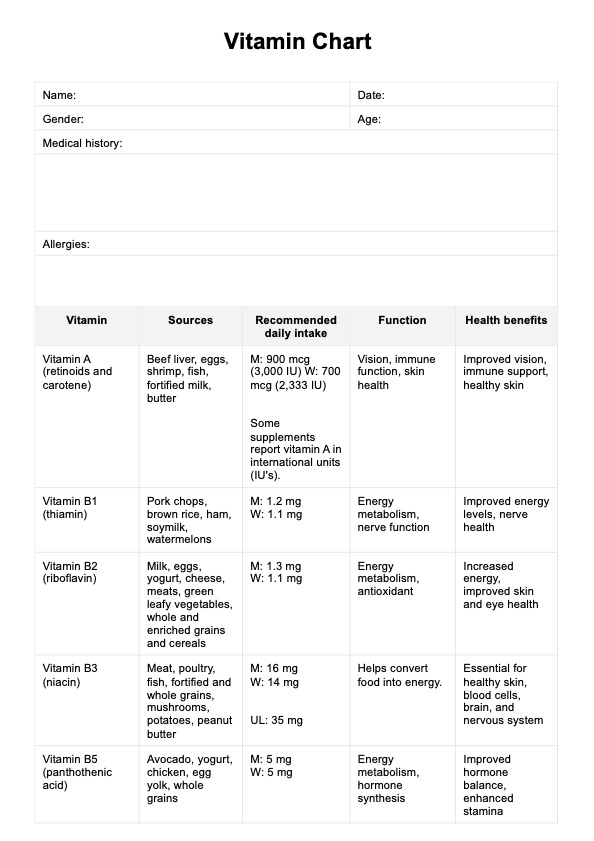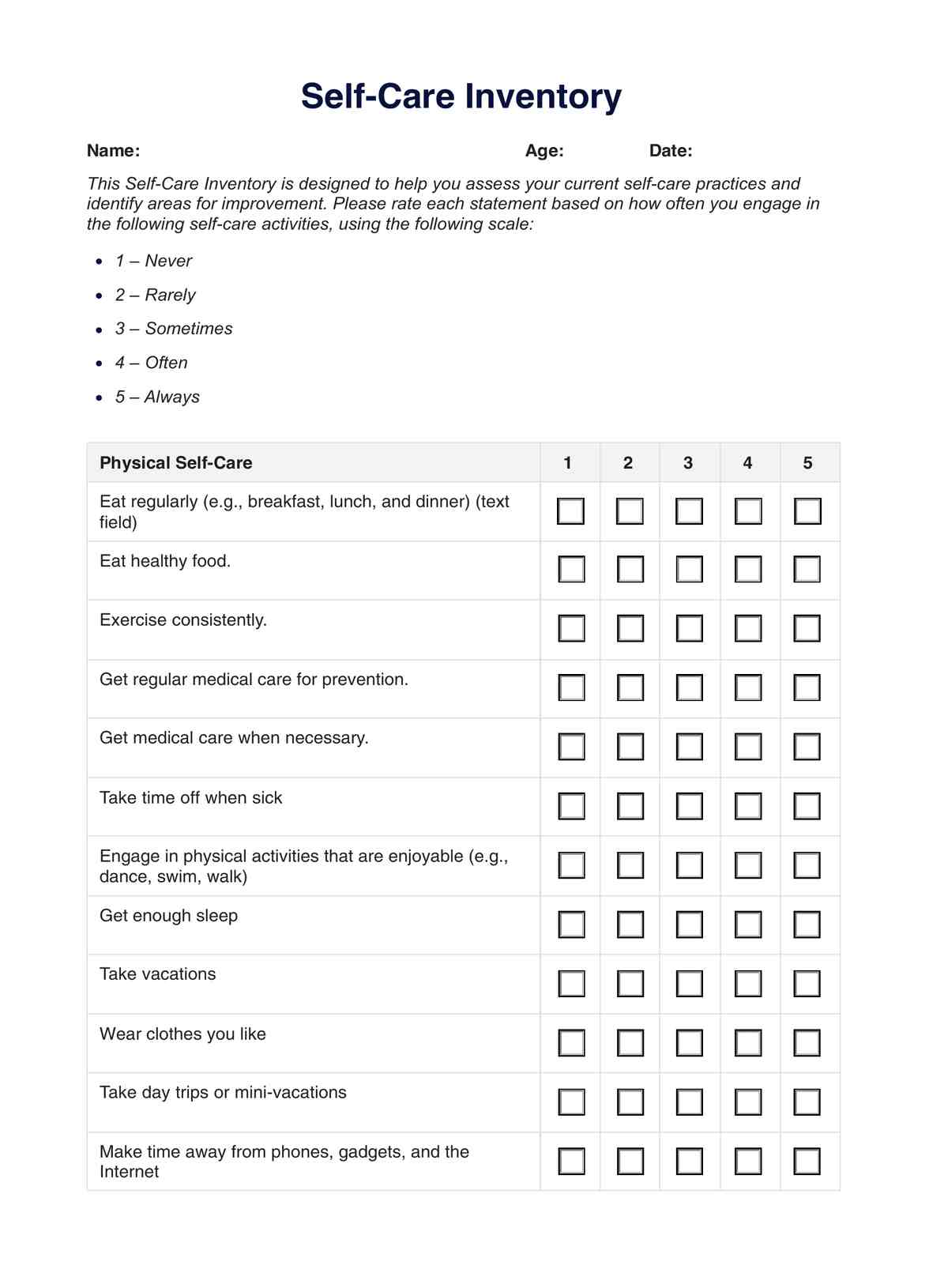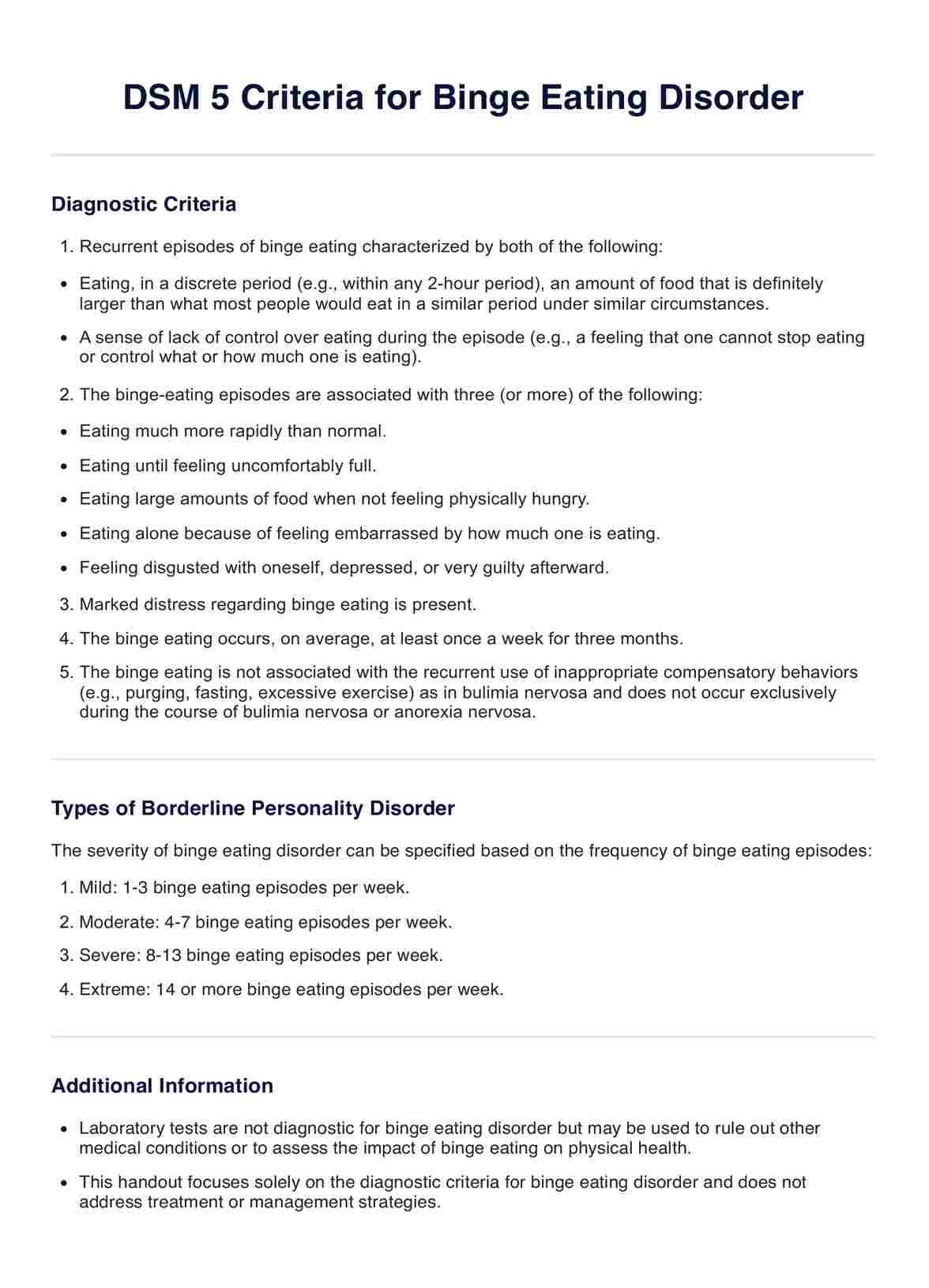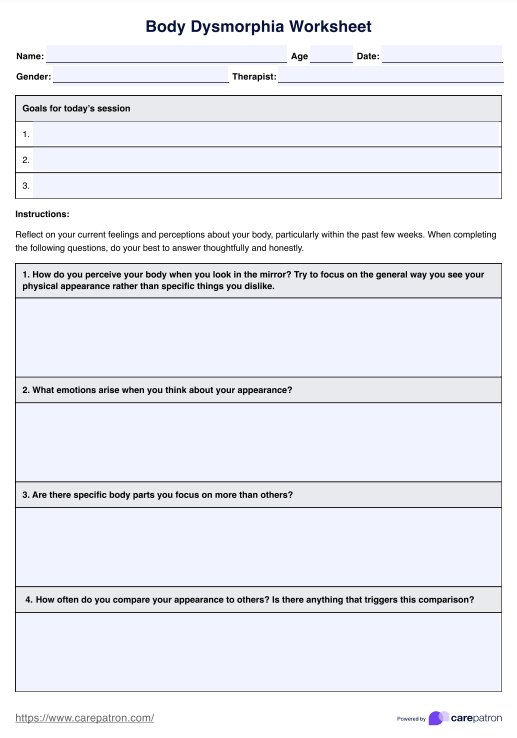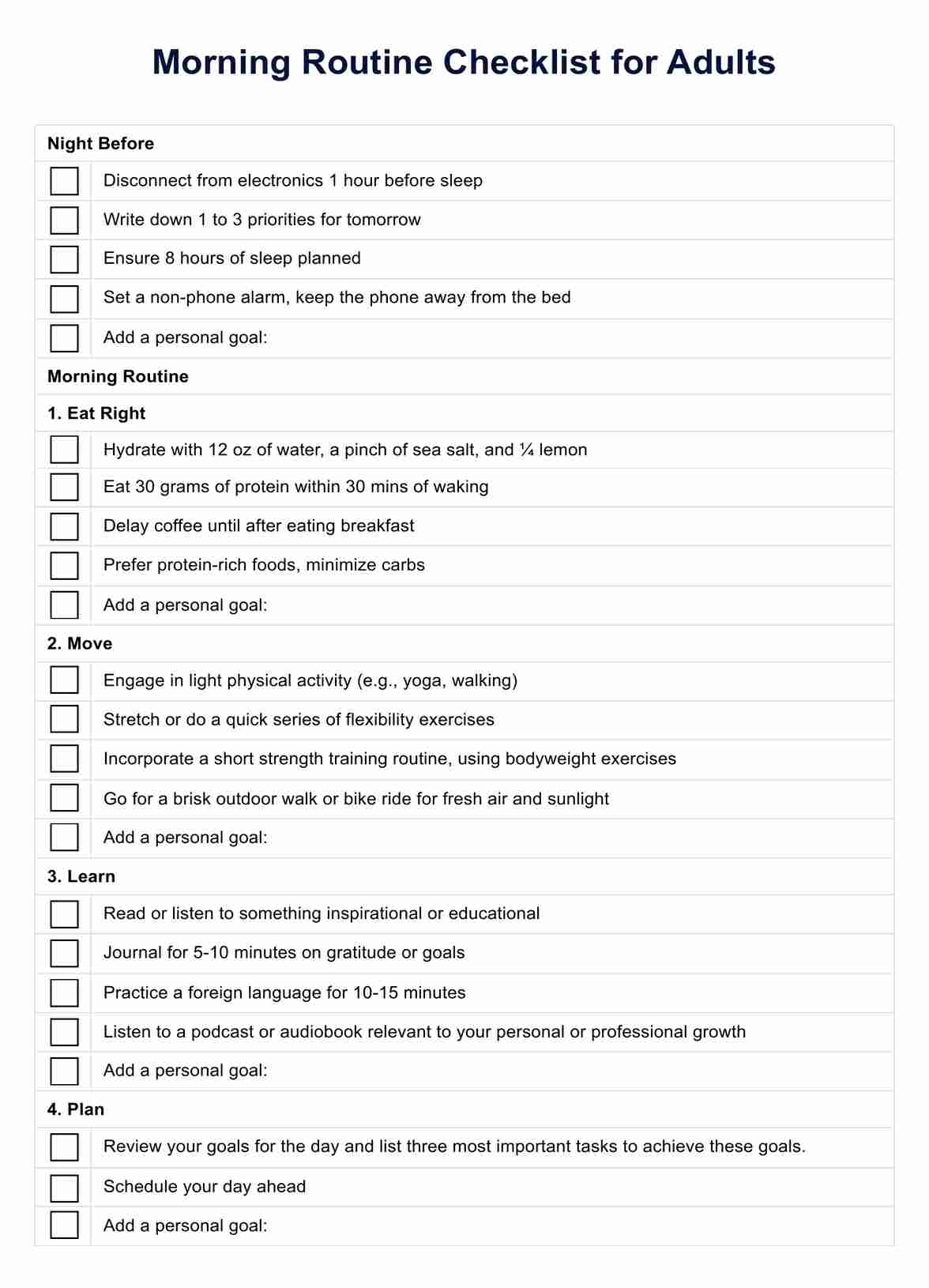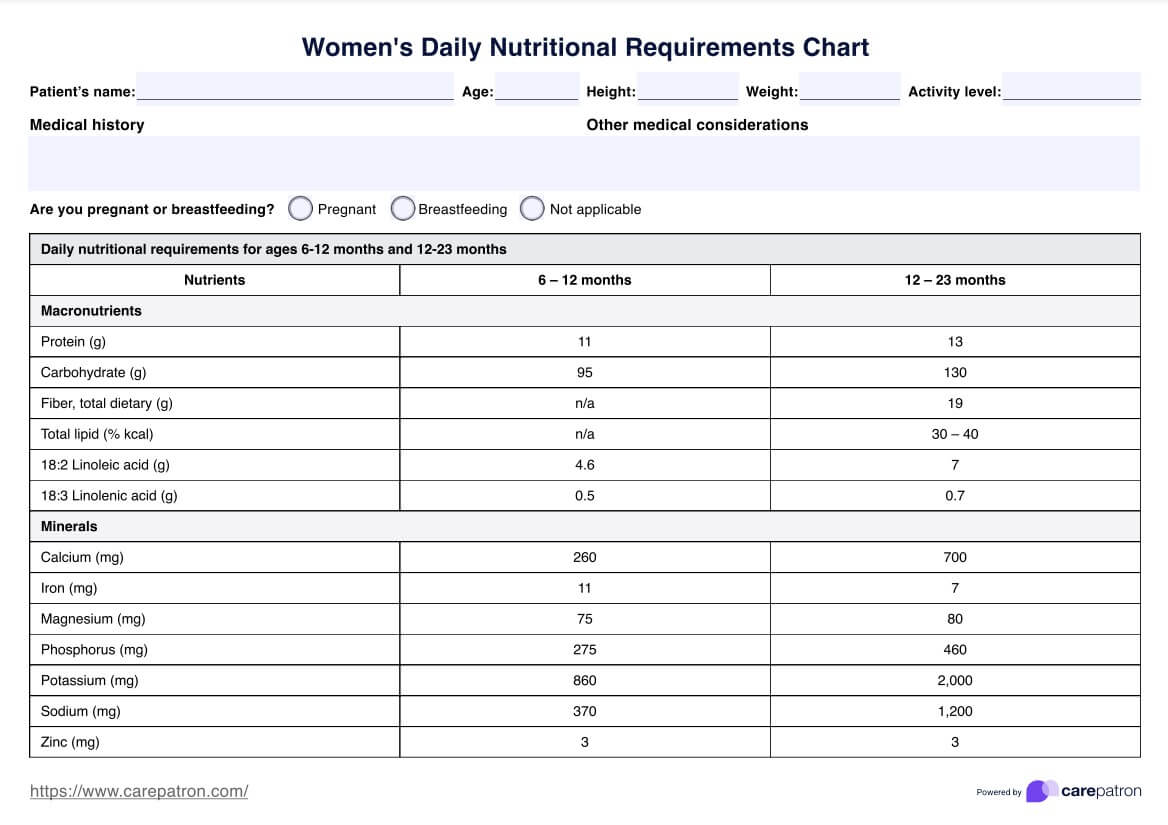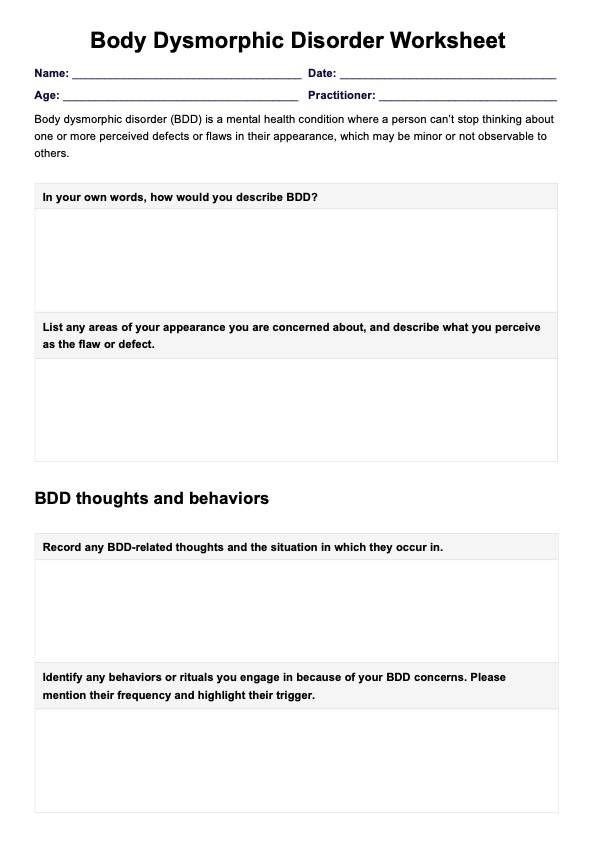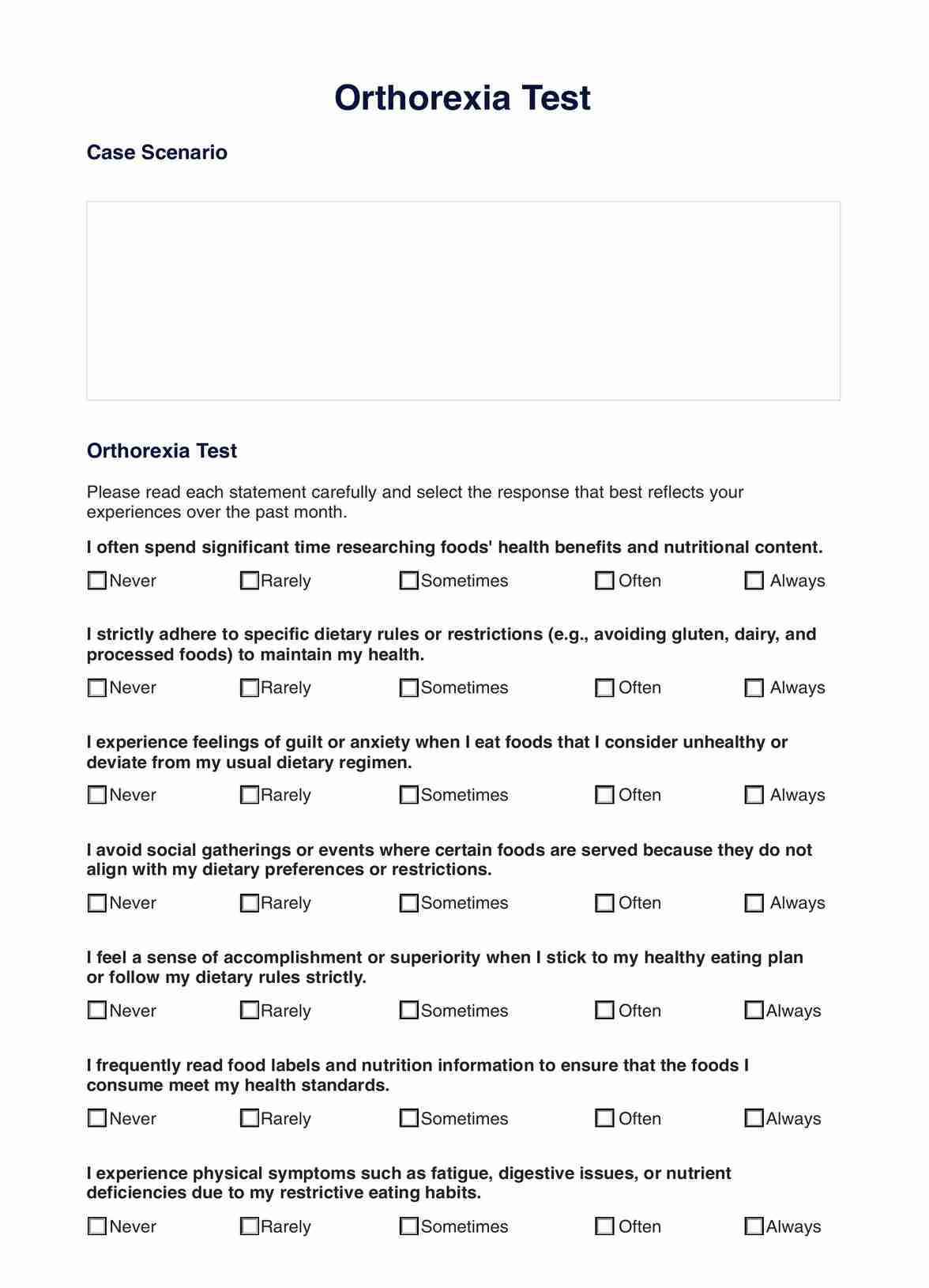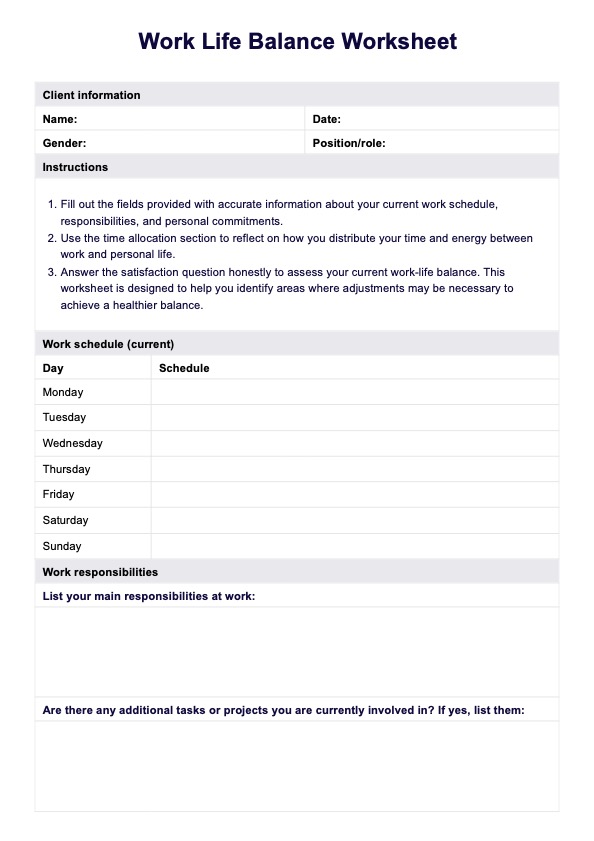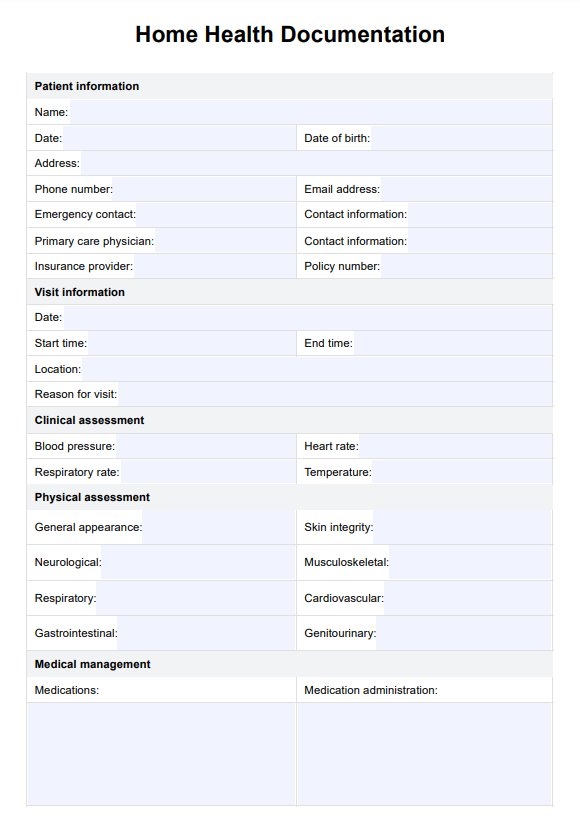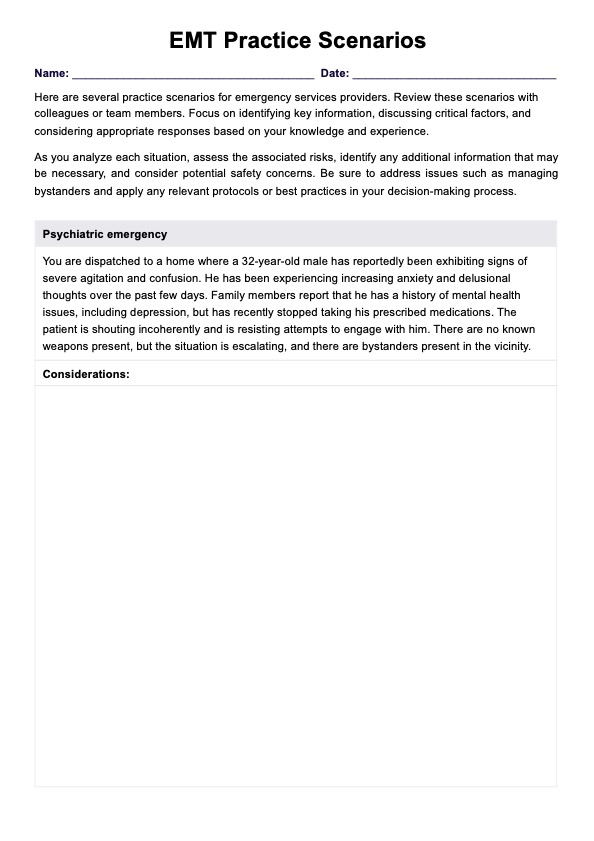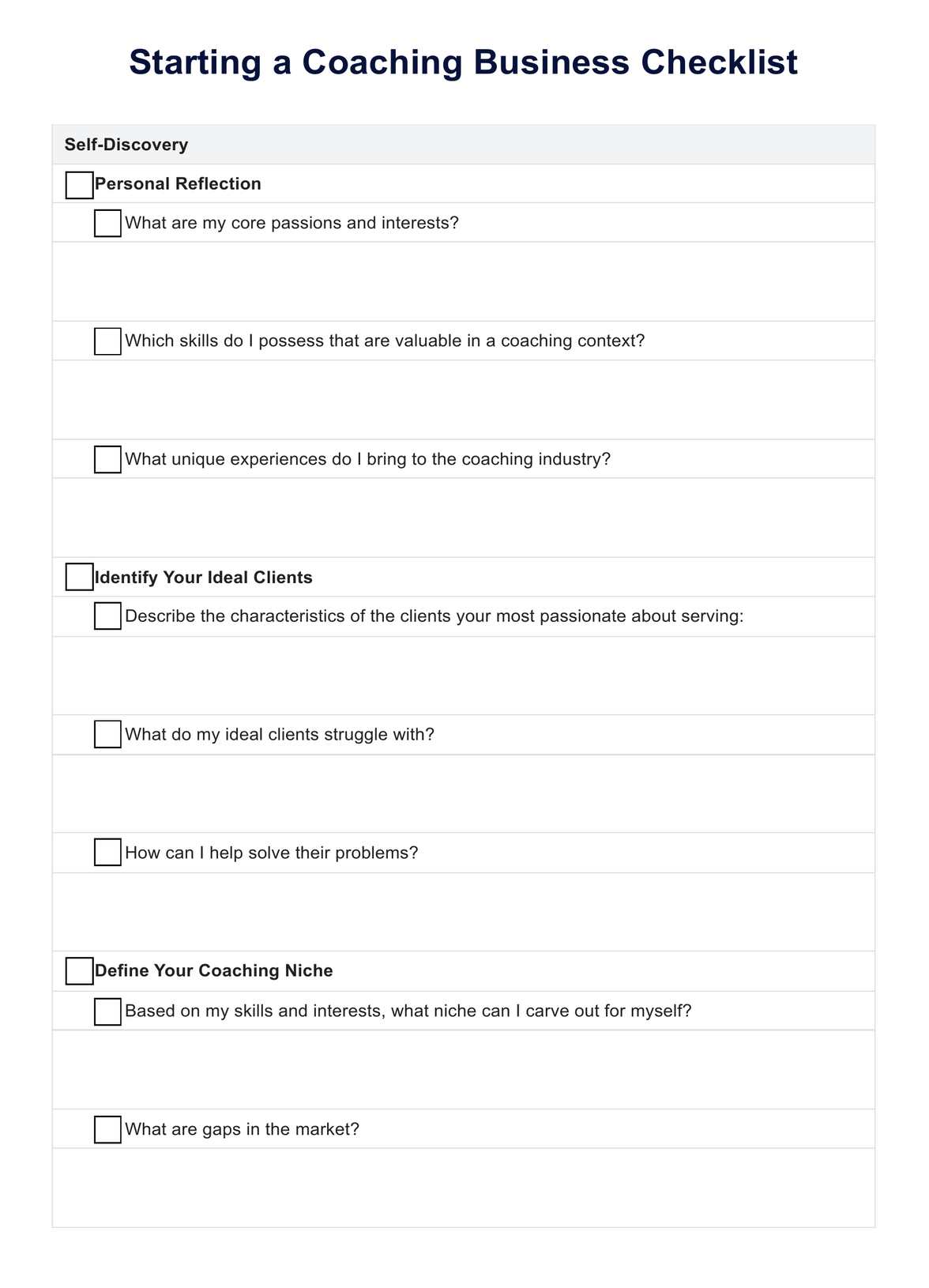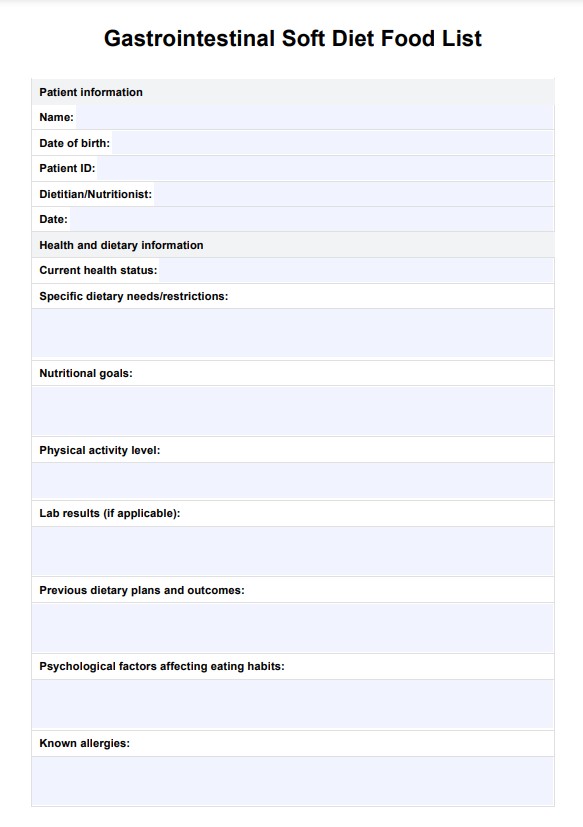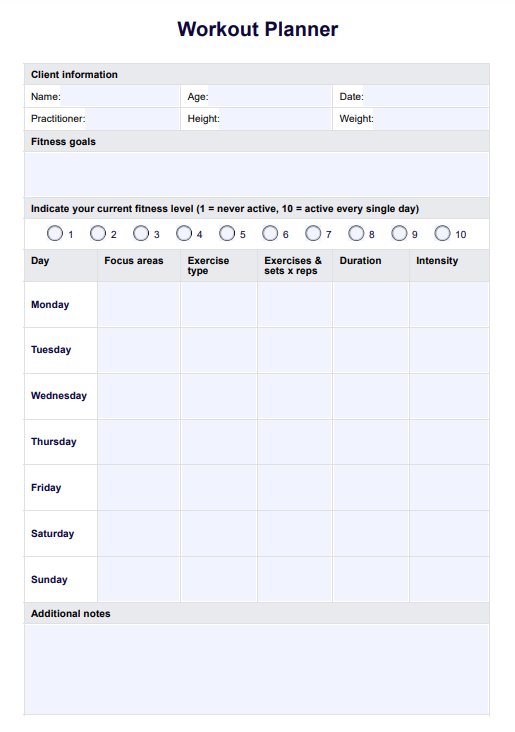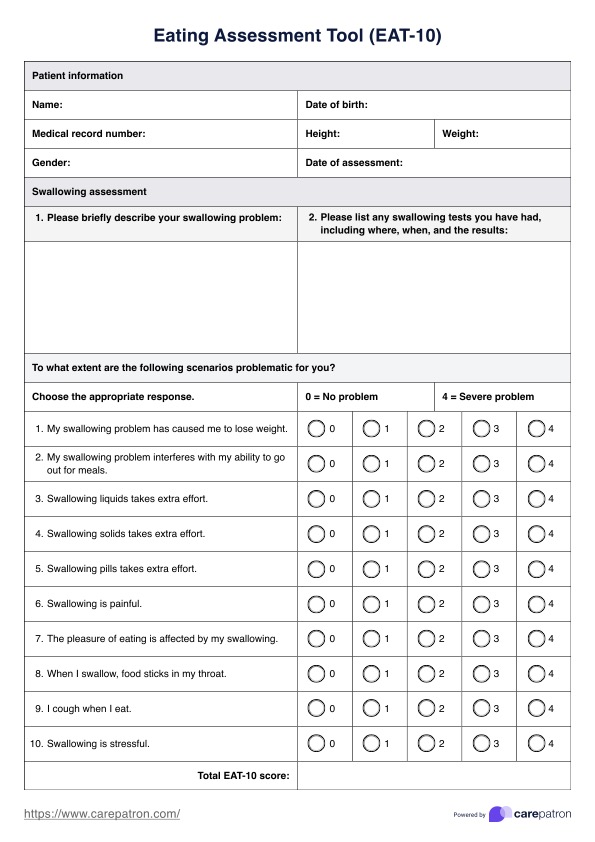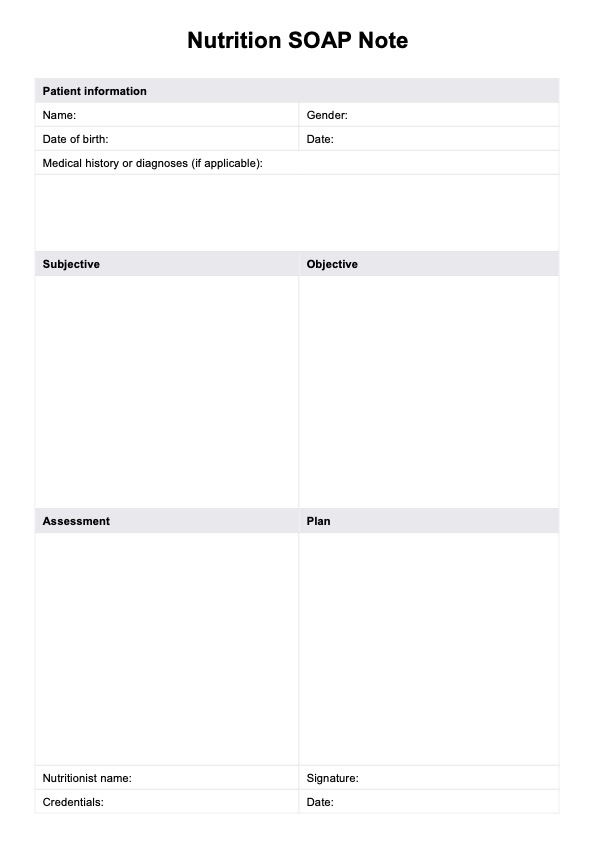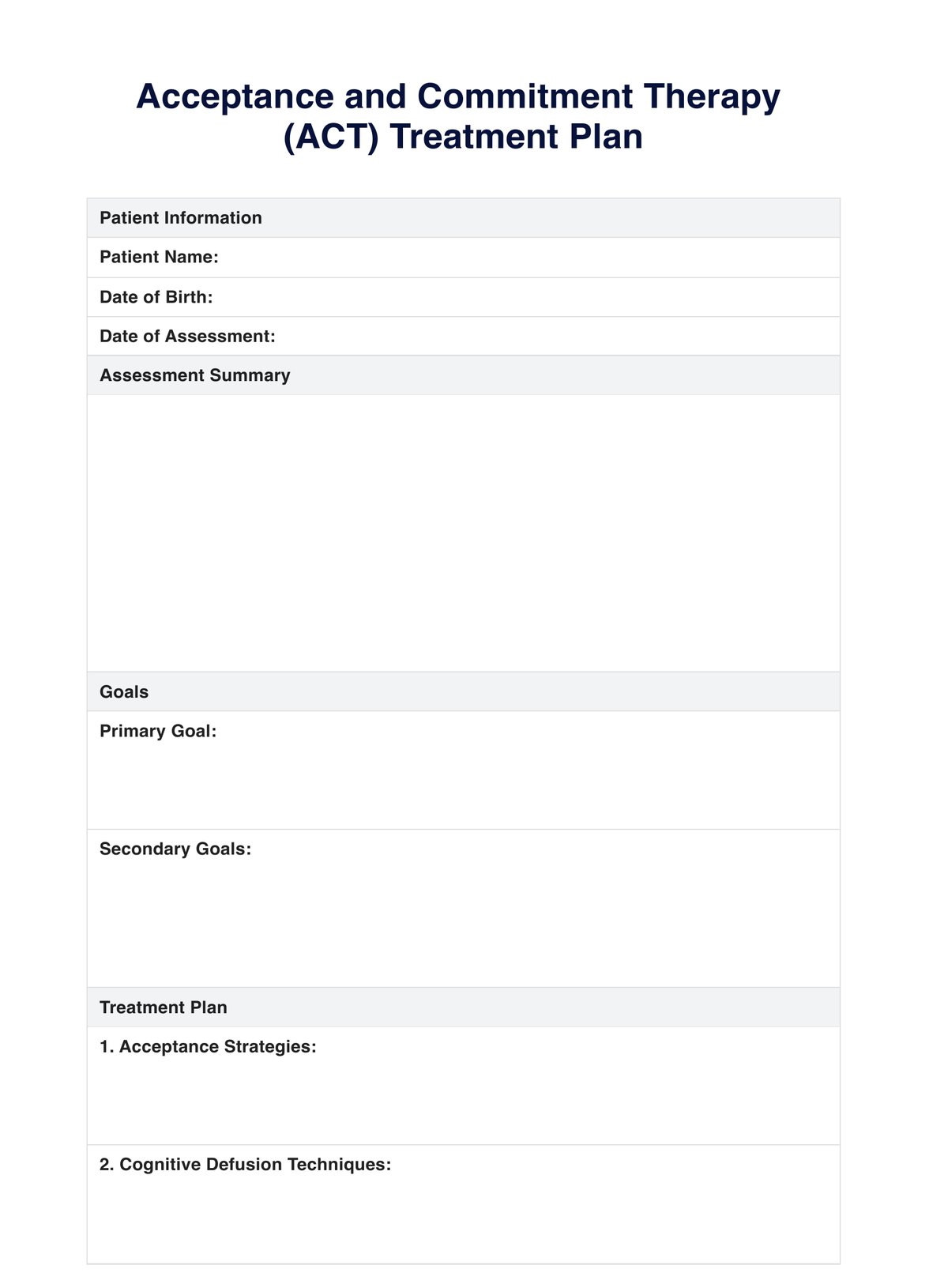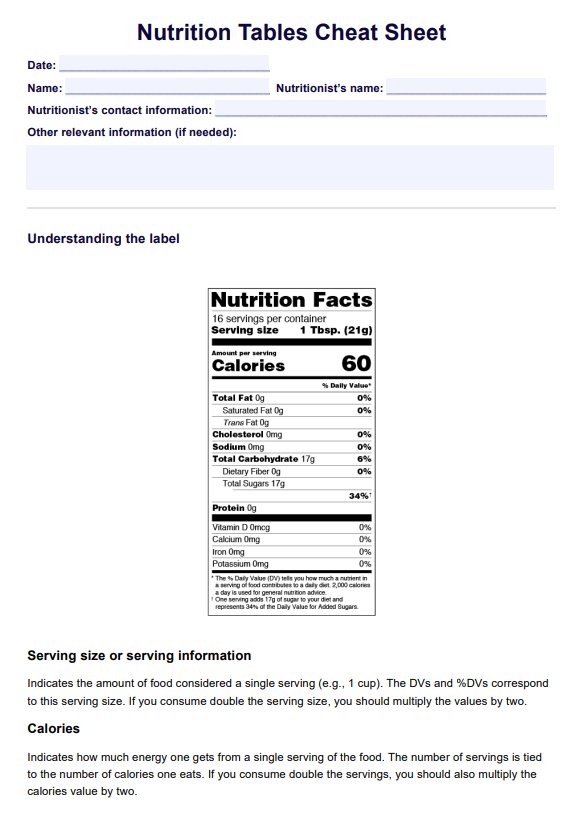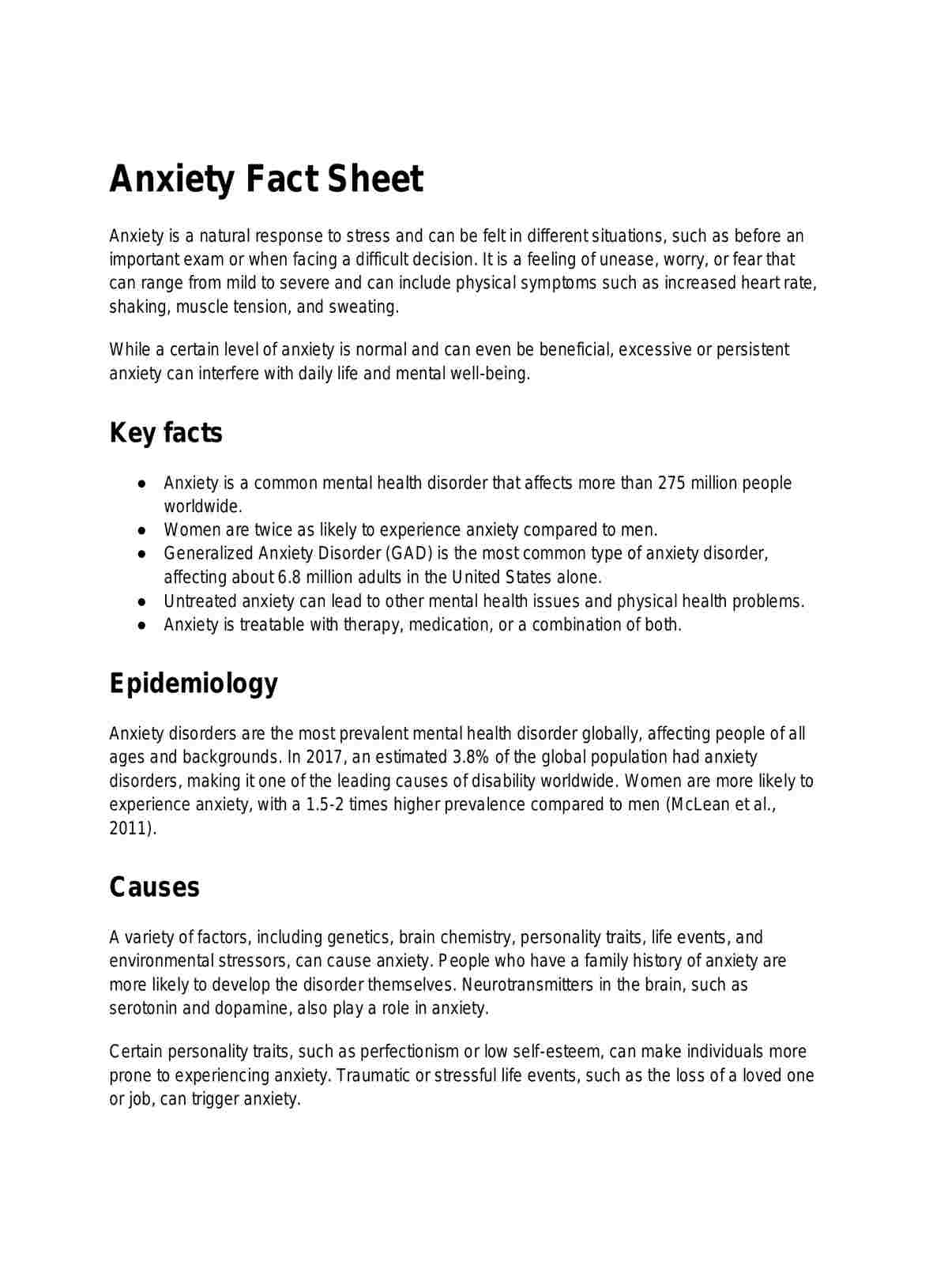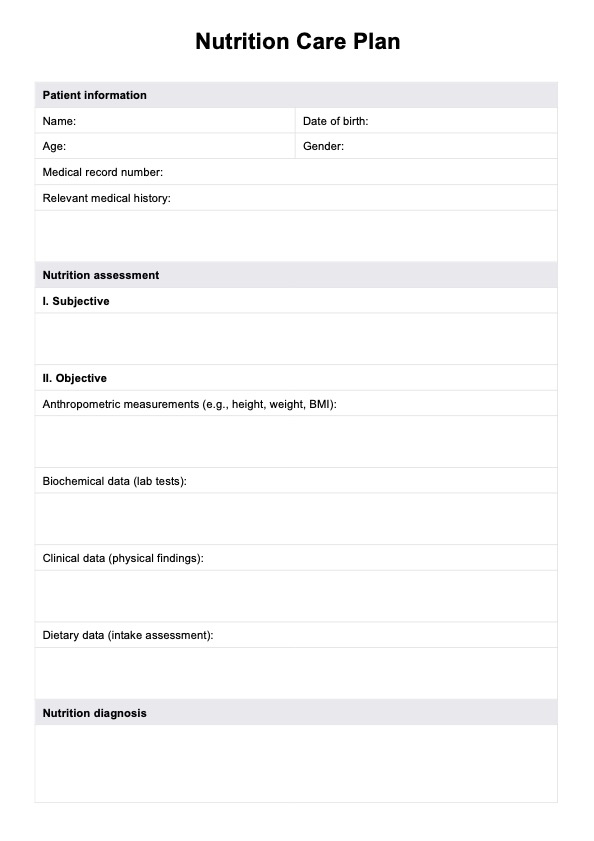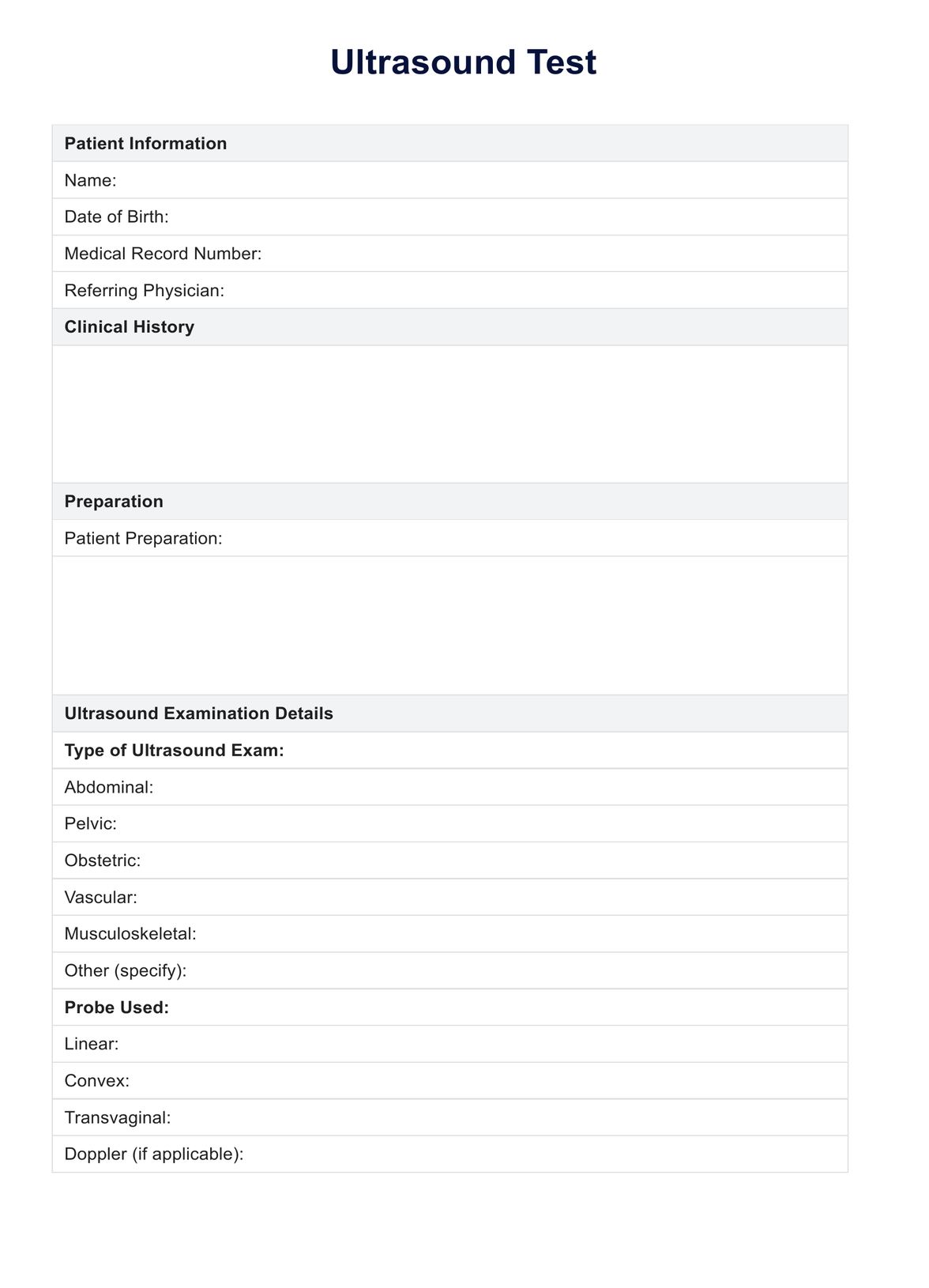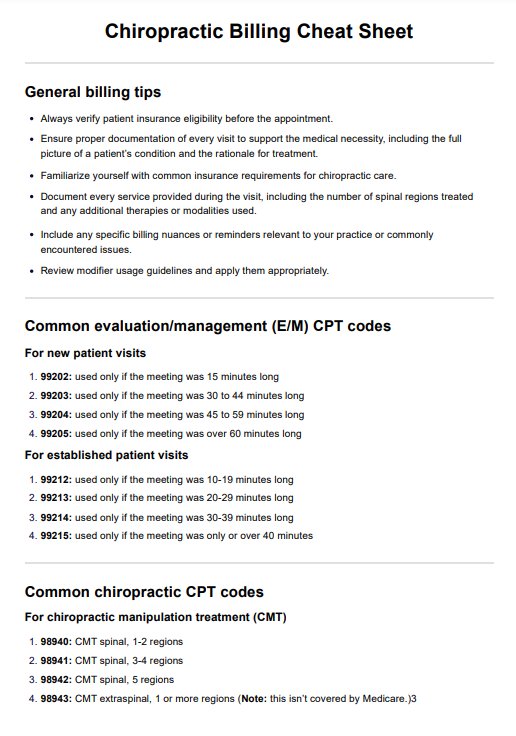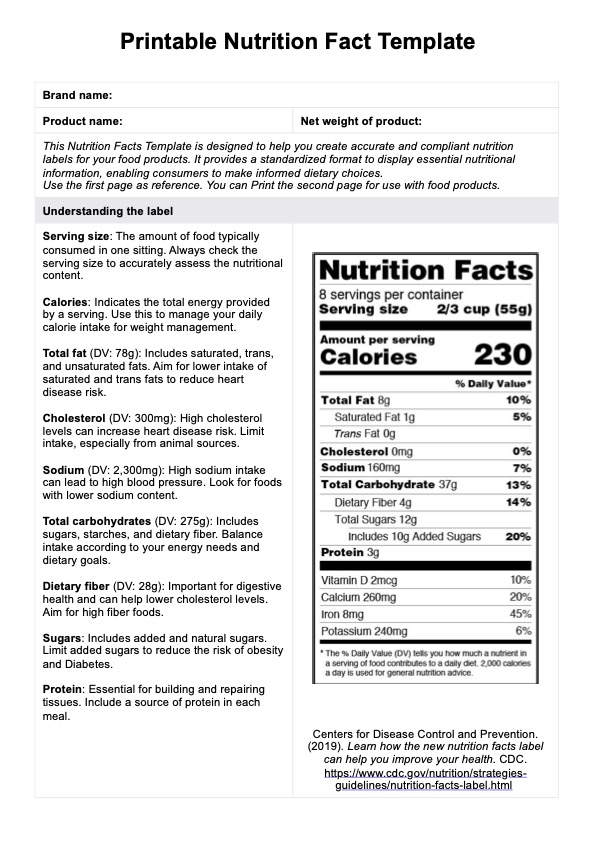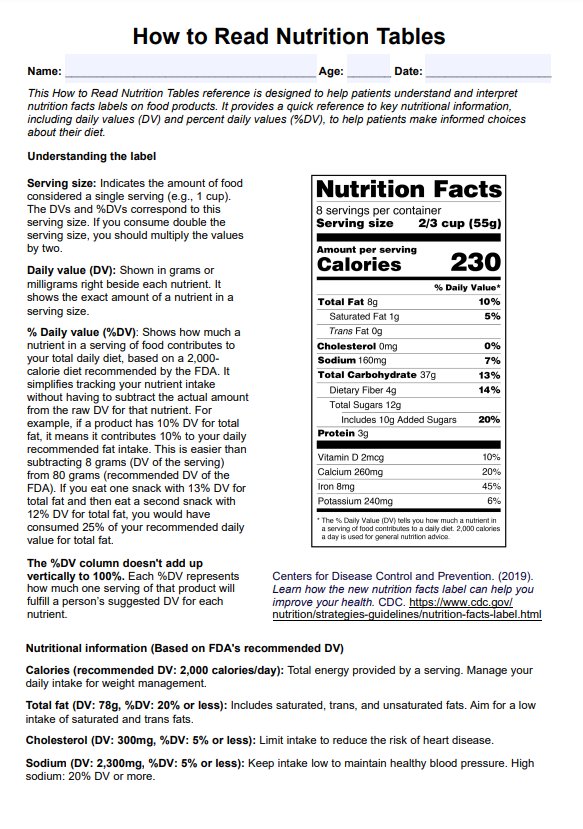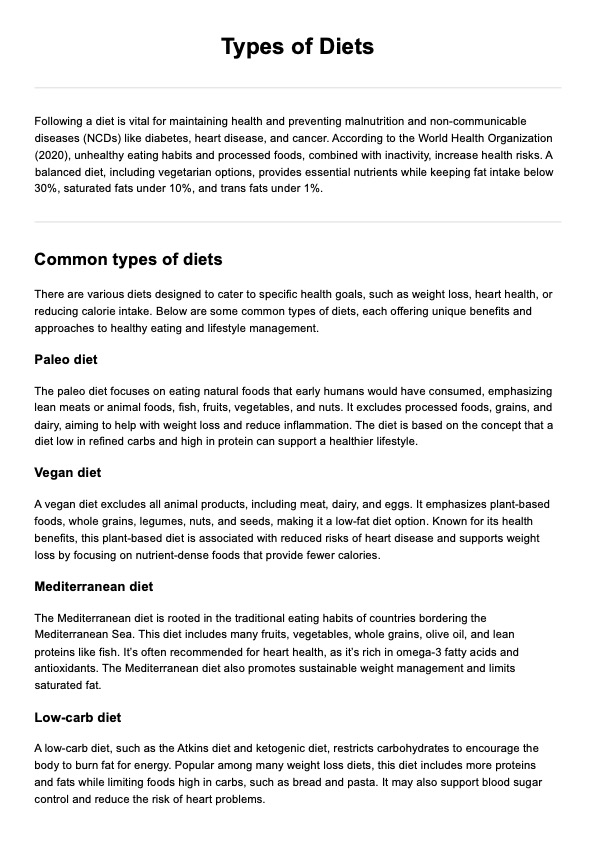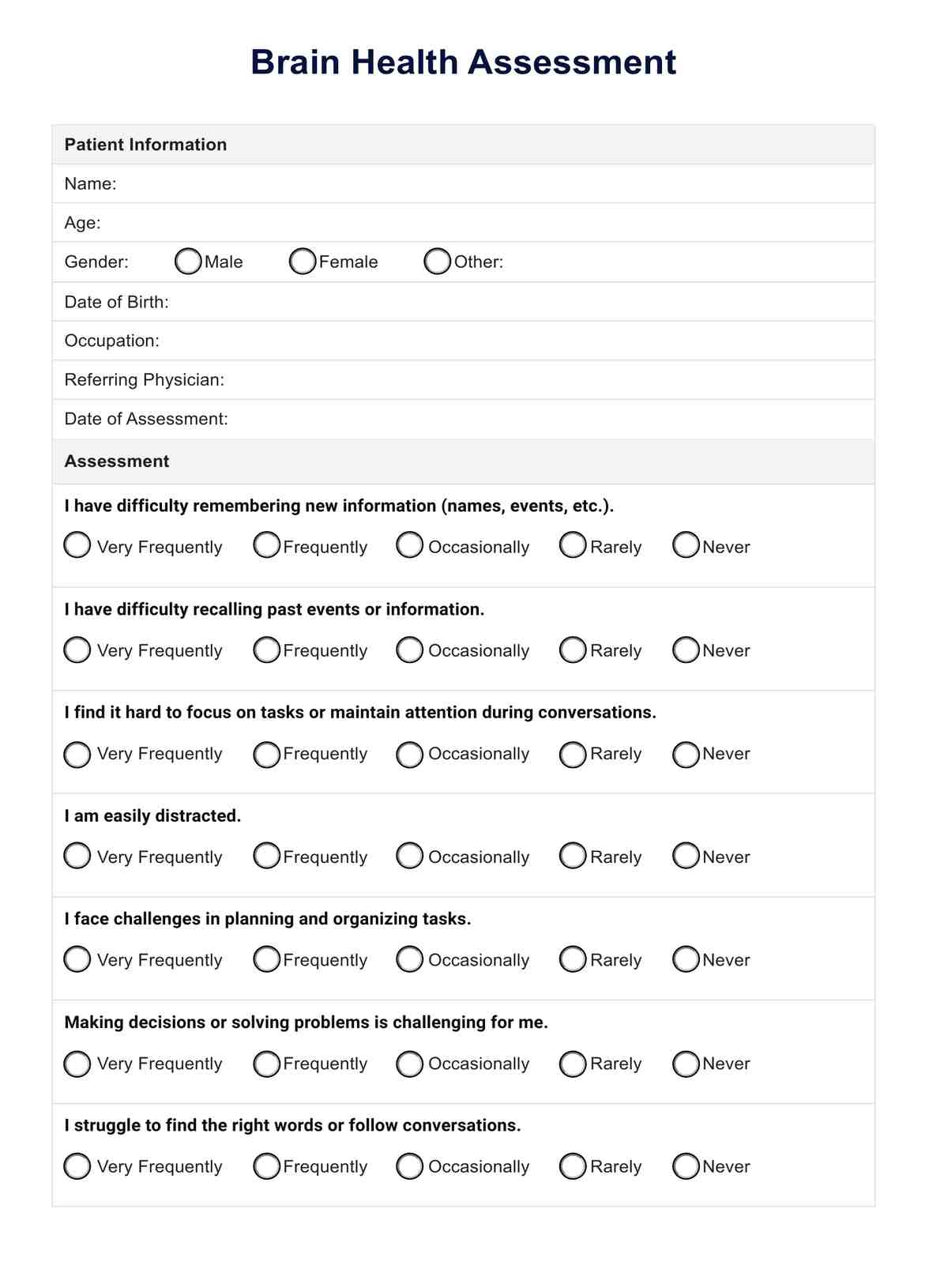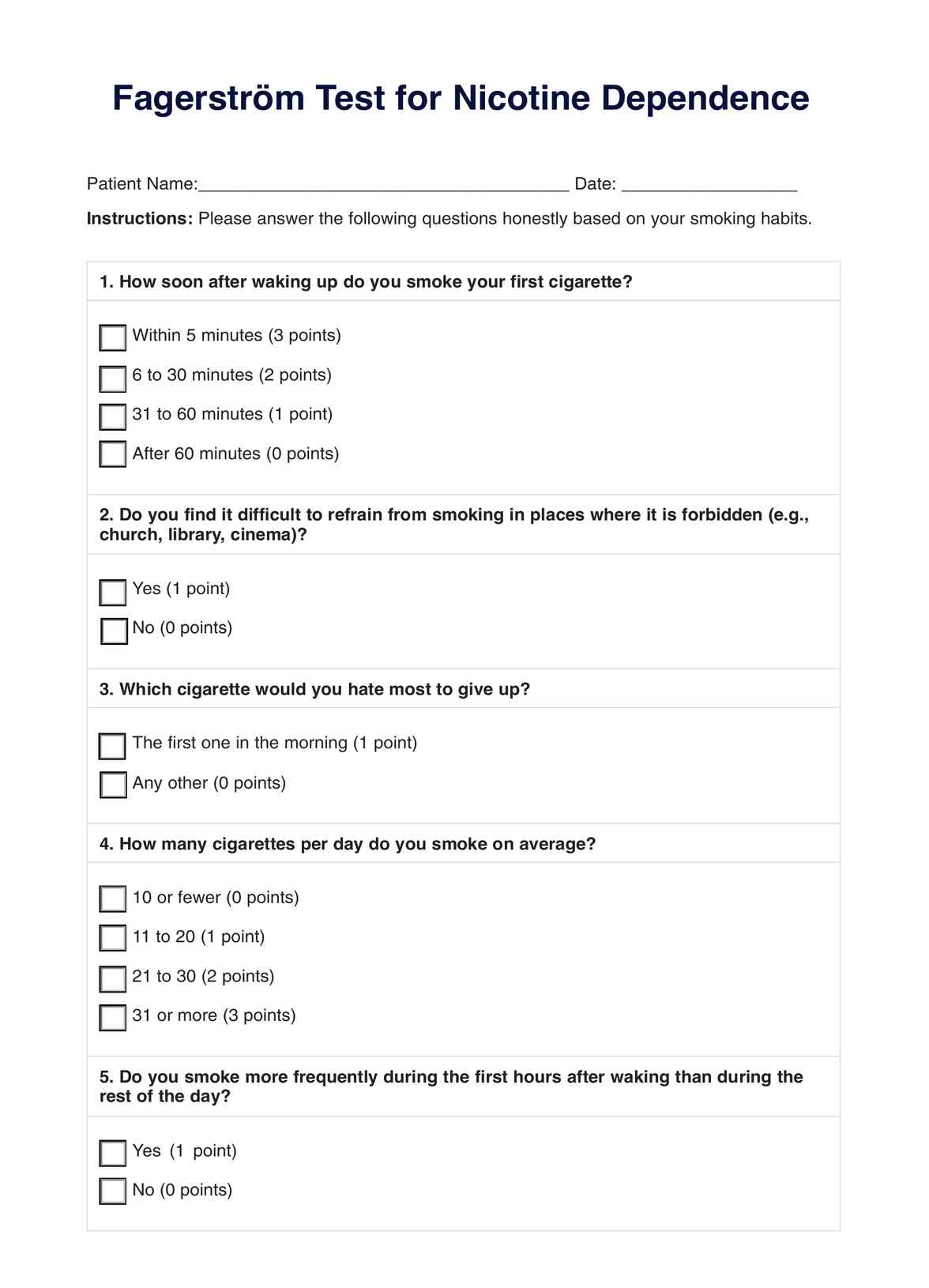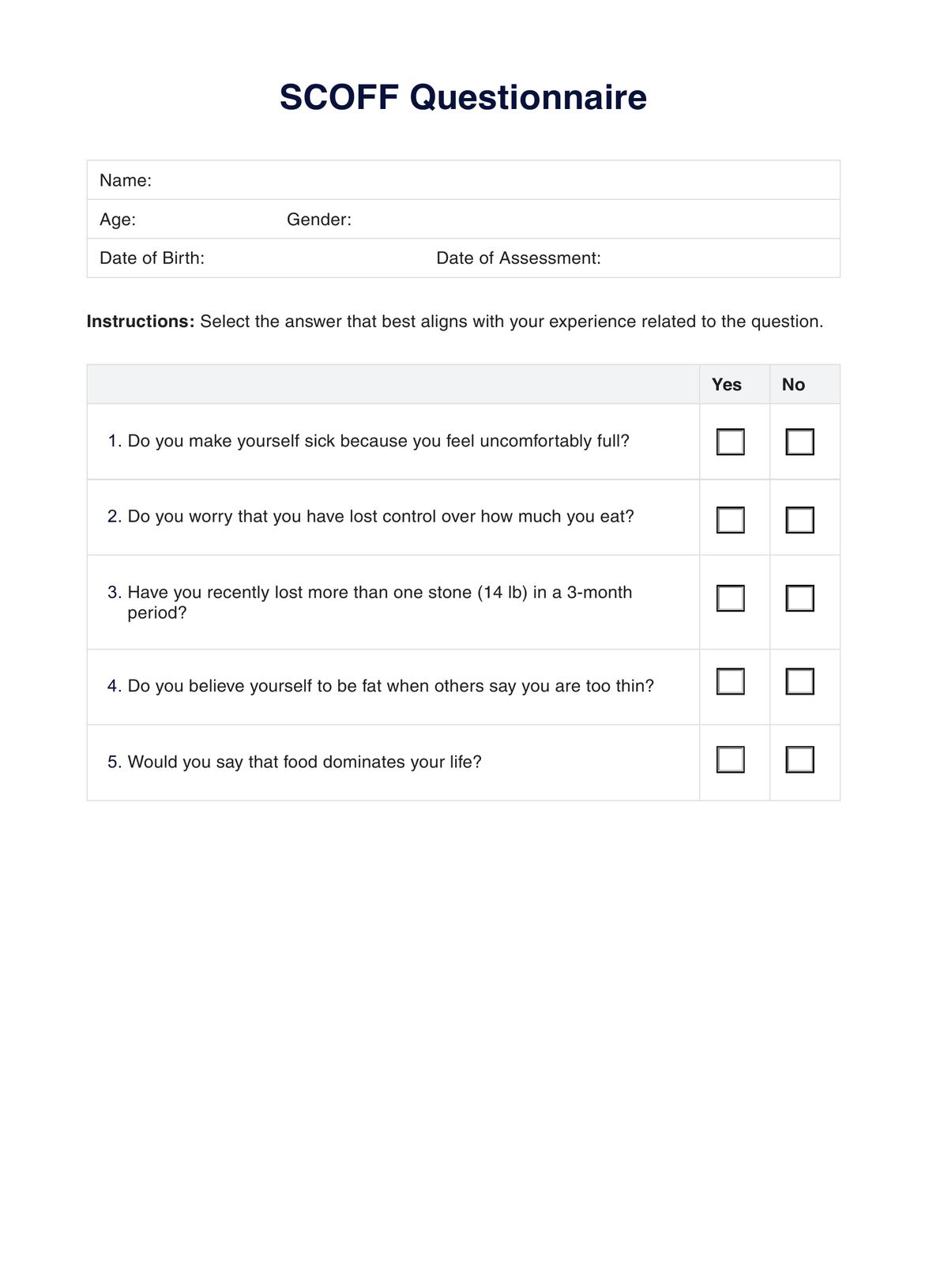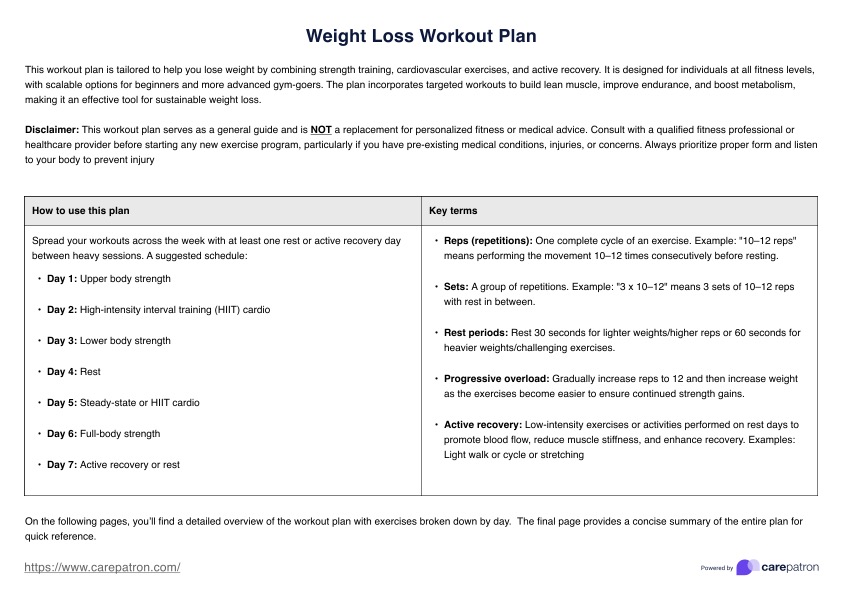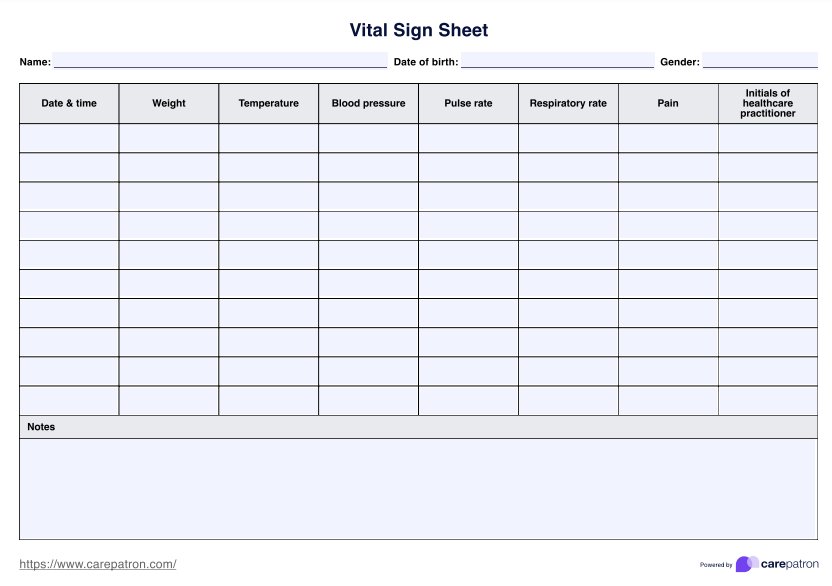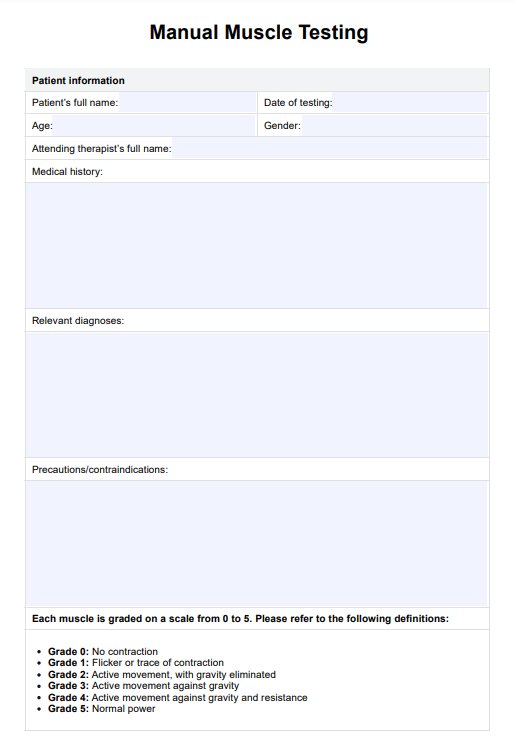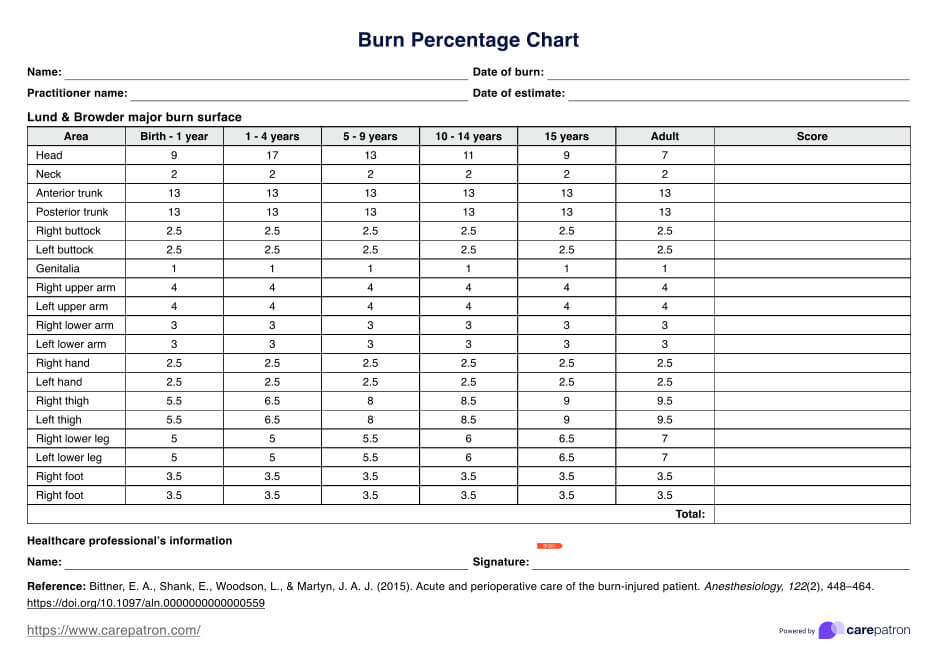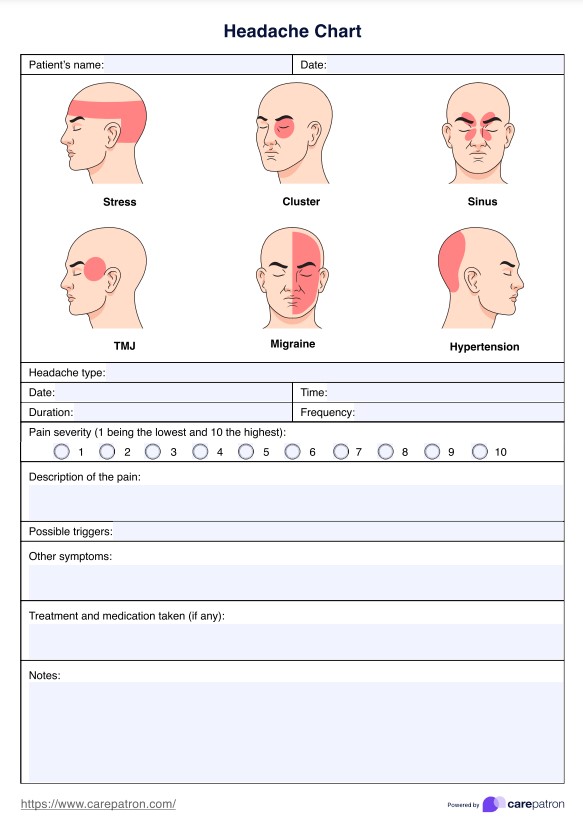Healthy Liver Foods List
Support your patient's liver health with the right diet formulated with the help of our Healthy Liver Foods List.


The liver, its role in the body, and liver dysfunction
The liver is a vital organ in the upper right portion of the abdomen. It is the largest internal organ and performs several critical functions for maintaining good health. Liver cells filter blood from the digestive tract before passing it to the rest of the body. It also detoxifies chemicals, metabolizes drugs, and produces essential proteins for blood clotting.
The liver is crucial for digesting food and ridding the body of toxic substances. It processes nutrients absorbed from the digestive tract, converting them into forms the body can use. The liver also stores vitamins and minerals, releases glucose to maintain blood sugar levels, and breaks down old or damaged blood cells.
Liver dysfunction is any condition impairing the liver's ability to function properly. Symptoms of liver damage can vary depending on the underlying cause. Still, they may include jaundice (yellowing of the skin and eyes), abdominal pain and swelling, chronic fatigue, nausea, loss of appetite, and elevated liver enzymes. Liver dysfunction can lead to severe health issues, including liver cirrhosis, liver fibrosis, failure, nonalcoholic fatty liver disease, and an increased risk of liver cancer.
Liver dysfunction can be caused by various factors, including viral infections (such as hepatitis), excessive alcohol consumption leading to alcoholic fatty liver disease, obesity, excessive liver fat, liver injury, and exposure to toxic substances. All these factors contribute to chronic liver disease. Maintaining a healthy liver is essential to prevent these conditions and ensure the proper functioning of the body.
Healthy Liver Foods List Template
Healthy Liver Foods List Example
How does our Healthy Liver Foods List work?
Our Healthy Liver Foods List is a tool designed to help individuals incorporate foods good for liver into their diet. The template includes a variety of food categories known to support liver health, such as fruits, vegetables, whole grains, lean proteins, nuts and seeds, healthy fats, beverages, and herbs and spices. Each category is accompanied by a space for patients to list specific foods and their amounts, allowing for a personalized approach to dietary planning.
Here's how it works:
Step 1: Access the template
First, access the Healthy Liver Foods List template through Carepatron by clicking the "Use template" button. This template is structured to provide a comprehensive list of foods beneficial for liver health, organized into categories such as fruits, vegetables, whole grains, lean proteins, nuts and seeds, healthy fats, and beverages.
Step 2: Explain the template
It's important to explain the template's purpose to your patients. Discuss how each category of foods contributes to liver health and guide portion sizes and frequency of consumption.
Step 3: Personalize the list
Encourage your patients to personalize the list based on their dietary preferences and any specific health conditions or allergies they may have. For example, if a patient has celiac disease, ensure that all recommended grains are gluten-free.
Step 4: Plan meals
Use the list to plan balanced meals that include a variety of liver-friendly foods. This can help patients maintain a healthy diet that supports liver function.
Step 5: Monitor and adjust
Review the list regularly with your patients and make adjustments based on their health progress or changes in dietary needs.
What are the benefits of using this list?
The Healthy Liver Foods List offers several benefits for patients and healthcare professionals. Here are some key advantages:
- Improved liver health: By incorporating liver-friendly foods into their diet, patients can support their liver function, reduce inflammation, and lower the risk of liver diseases, ultimately promoting liver health.
- Personalized nutrition: The list can be tailored to meet individual dietary needs and preferences, ensuring patients receive a balanced and enjoyable diet supporting their liver health and food that heal.
- Educational tool: Healthcare professionals can use the list as a teaching aid to help patients understand the impact of diet on liver health and the importance of making healthy food choices.
- Preventive care: The list promotes a diet rich in antioxidants, healthy fats, and fiber, which can help prevent the development of liver conditions and other health issues.
- Easy to follow: The list provides clear and simple guidelines, making it easy for patients to incorporate liver-healthy foods into their daily meals.
- Increased patient engagement: By actively participating in their dietary choices, patients are more likely to adhere to their liver health plan and feel empowered in their healthcare journey.
Overall, the Healthy Liver Foods List is a valuable resource for promoting liver health through nutrition. Healthcare professionals can use this list to guide their patients toward a healthier lifestyle and optimal liver function.
What kind of diet promotes a healthy liver?
A healthy diet that promotes a healthy liver supports the liver's functions and helps prevent liver disease. Here's a list of what food is good food for the liver which are key components of a liver-friendly diet:
- Fruits and vegetables: Rich in antioxidants, vitamins, and fiber, fruits and vegetables help protect the liver from damage and support detoxification. Leafy greens, such as spinach and kale, are particularly beneficial.
- Whole grains: Foods like brown rice, oats, and whole wheat bread are high in fiber, which aids in digestion and helps maintain a healthy weight, reducing the risk of fatty liver disease.
- Lean proteins: Sources of lean protein, such as chicken, turkey, fatty fish (salmon, mackerel, sardines), and tofu, provide essential nutrients without overloading the liver with fat.
- Healthy fats: Monounsaturated and polyunsaturated fats, found in olive oil, avocados, and nuts, are better for liver health than saturated fats.
- Hydration: Drinking plenty of water and other healthy beverages, such as green tea, helps flush toxins out of the liver.
It's also important to limit or avoid certain foods and substances that can harm the liver, including excessive alcohol consumption, sugary foods, fried foods, and those contributing to fatty liver disease. Here's why:
- Alcohol: Excessive alcohol consumption is a leading cause of liver disease.
- Sugary foods: High intake of sugar can lead to fatty liver disease.
- Processed foods: Foods high in salt, sugar, and unhealthy fats can contribute to liver damage.
- Fried foods: These are often high in unhealthy fats that can burden the liver.
By following a balanced diet like the Mediterranean diet that includes liver-friendly foods and limits harmful substances, patients can support their liver health, reduce the risk of liver disease, and maintain a healthy body weight.
Commonly asked questions
The four warning signs of a damaged liver include jaundice (yellowing of the skin and eyes), abdominal pain and swelling, dark urine, and pale stool color.
Leafy green vegetables, berries, fatty fish, nuts, and foods rich in antioxidants, such as citrus fruits and garlic, are good for repairing the liver.
Water is the best drink for flushing your liver, as it helps flush out toxins. Herbal teas, such as green or dandelion, taken with foods for the liver can also support liver health.


